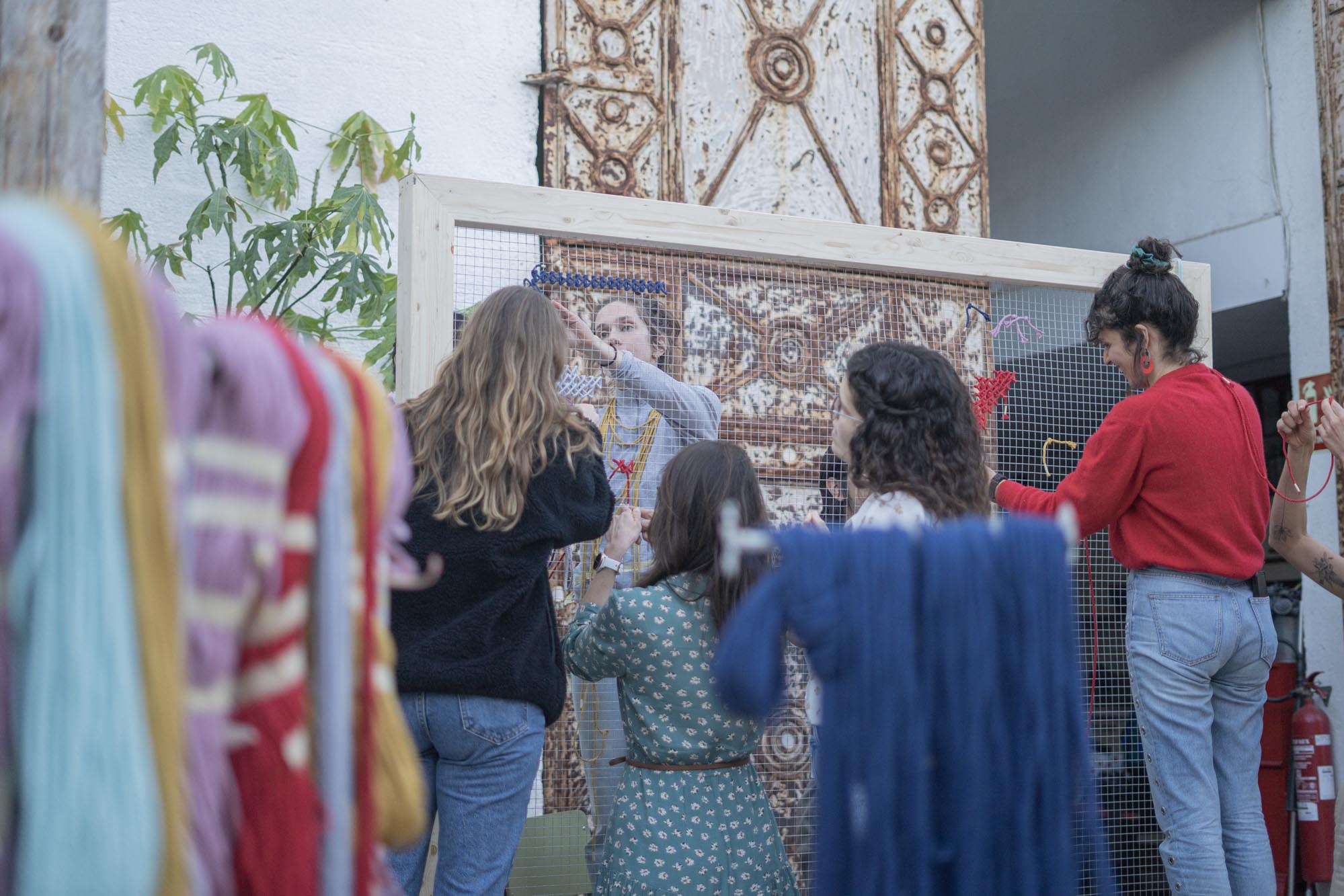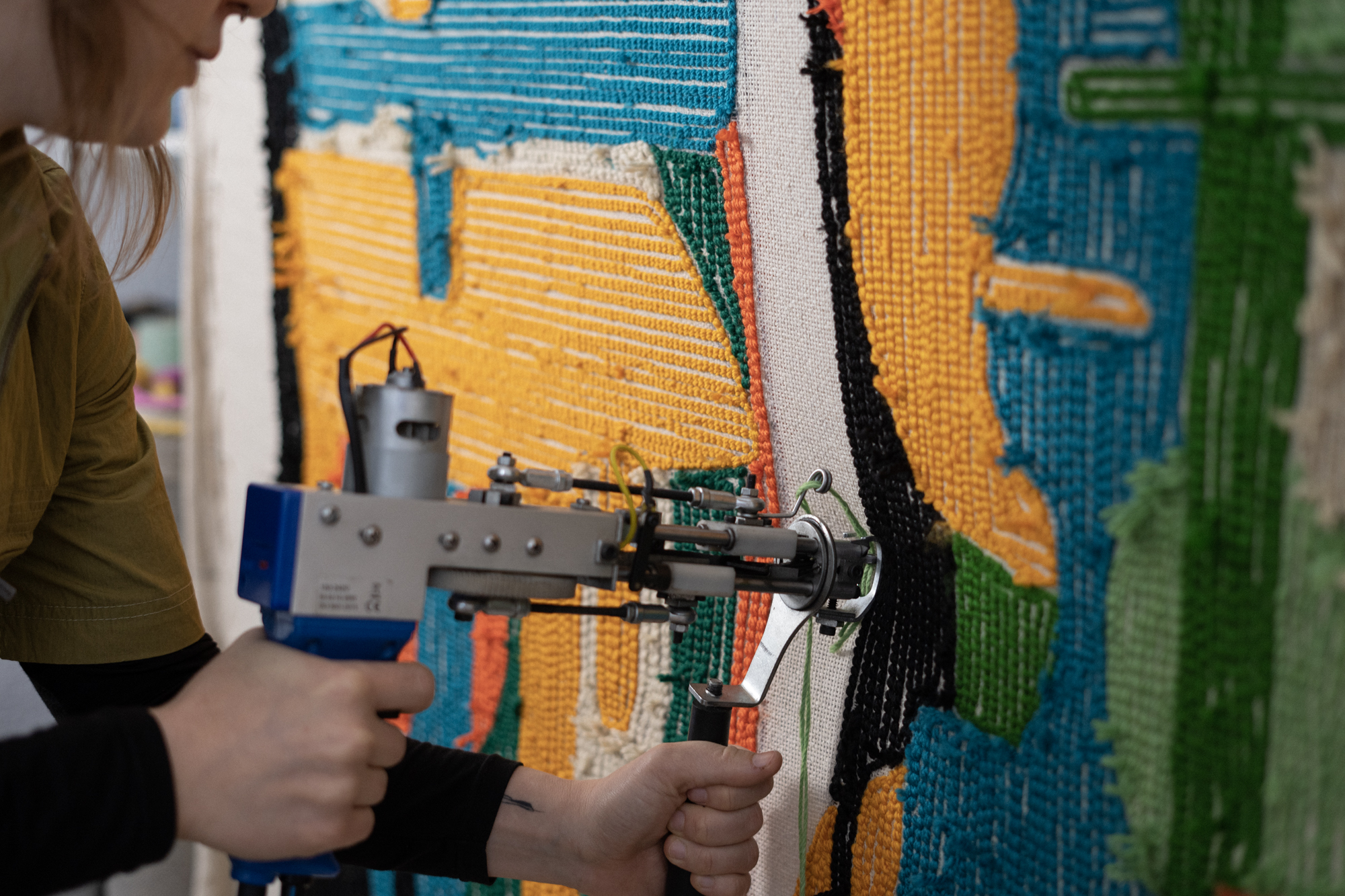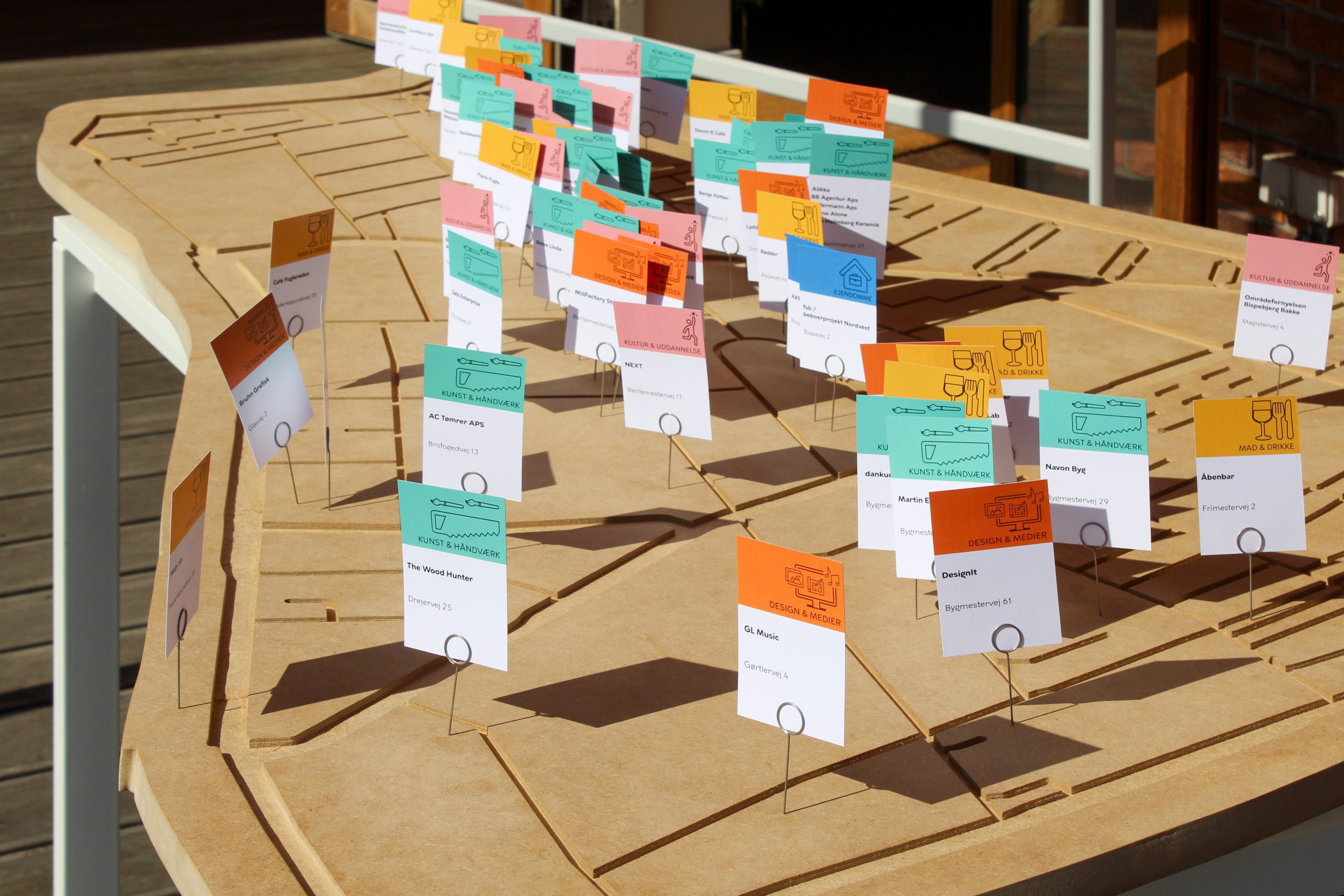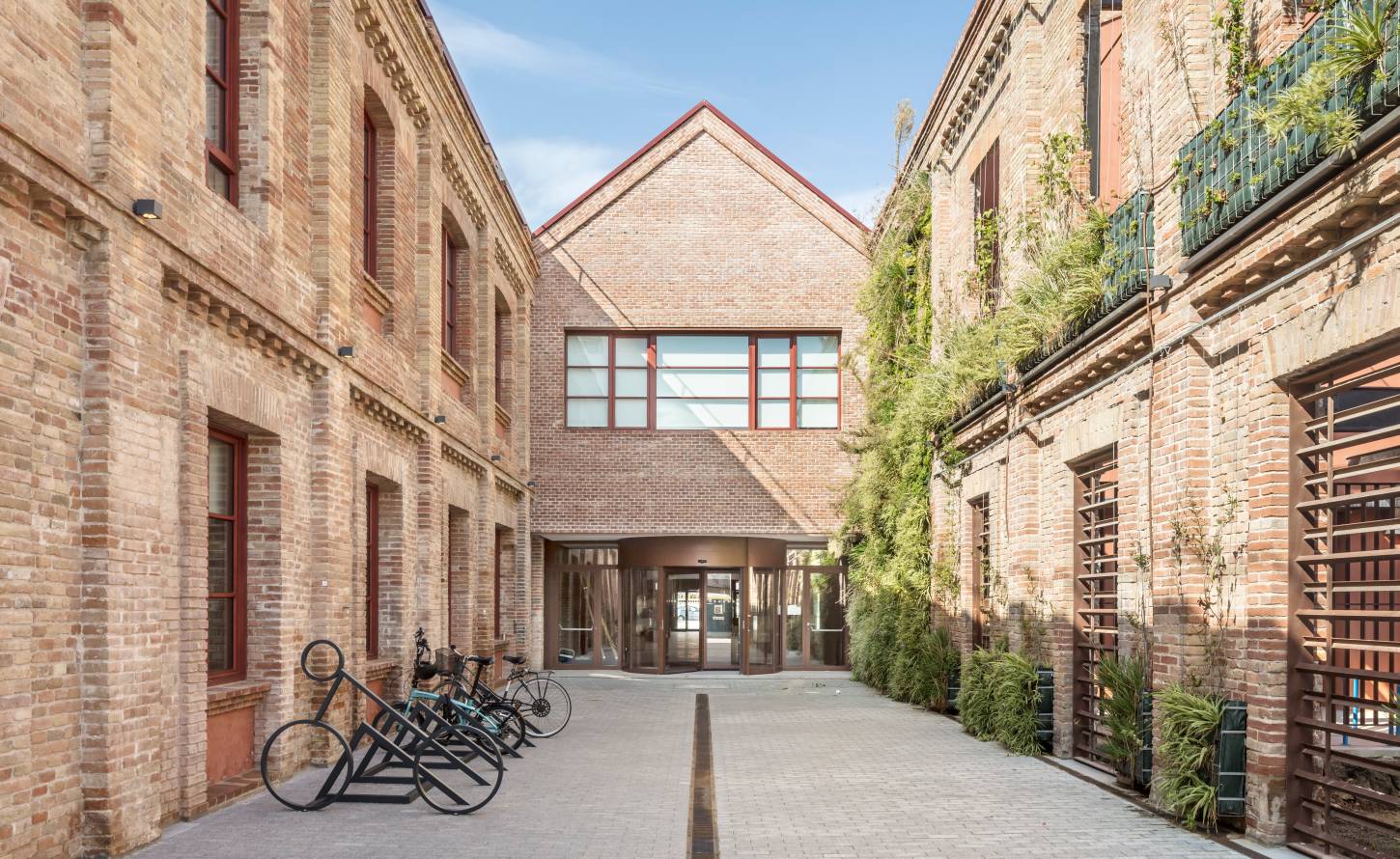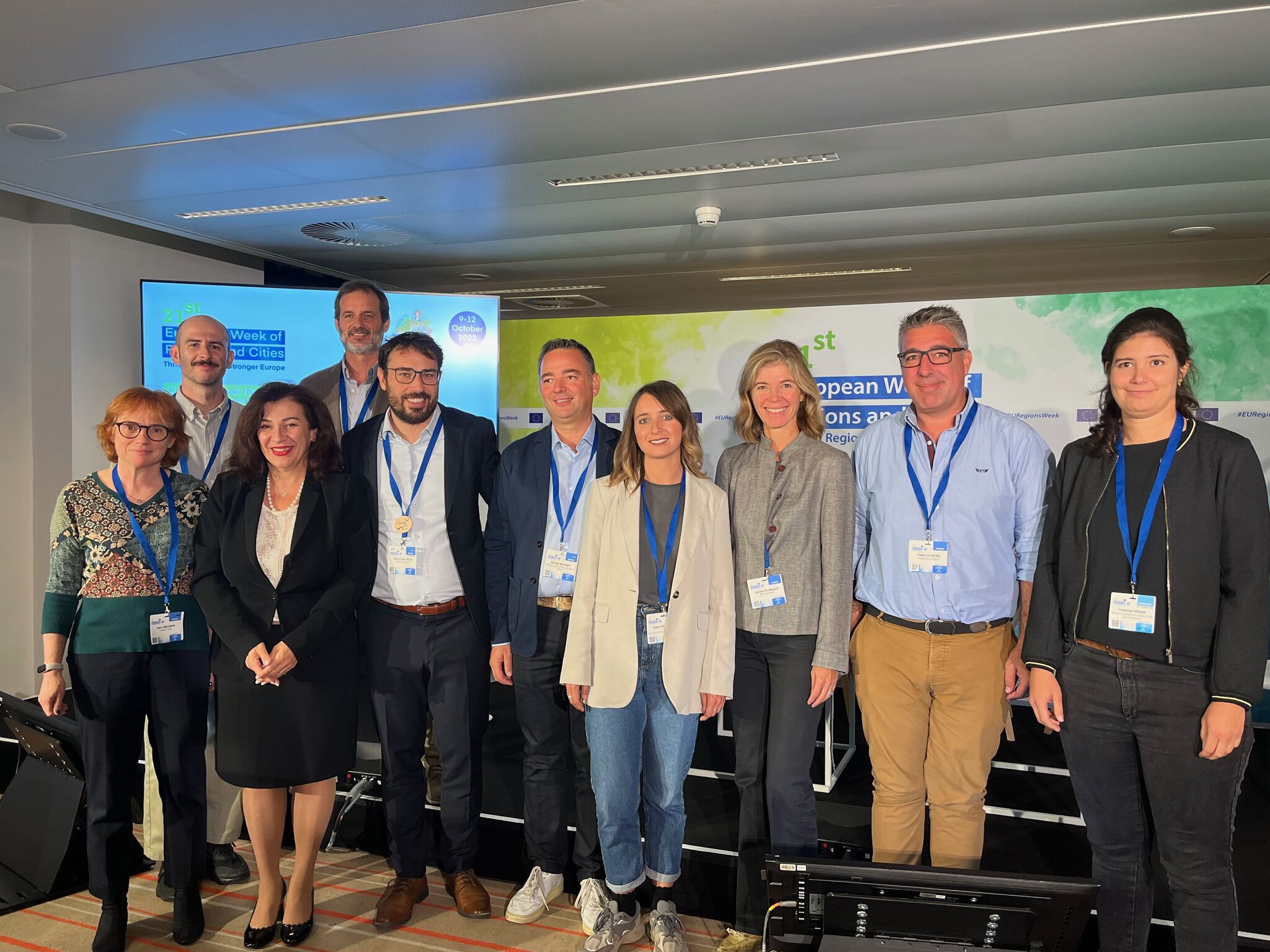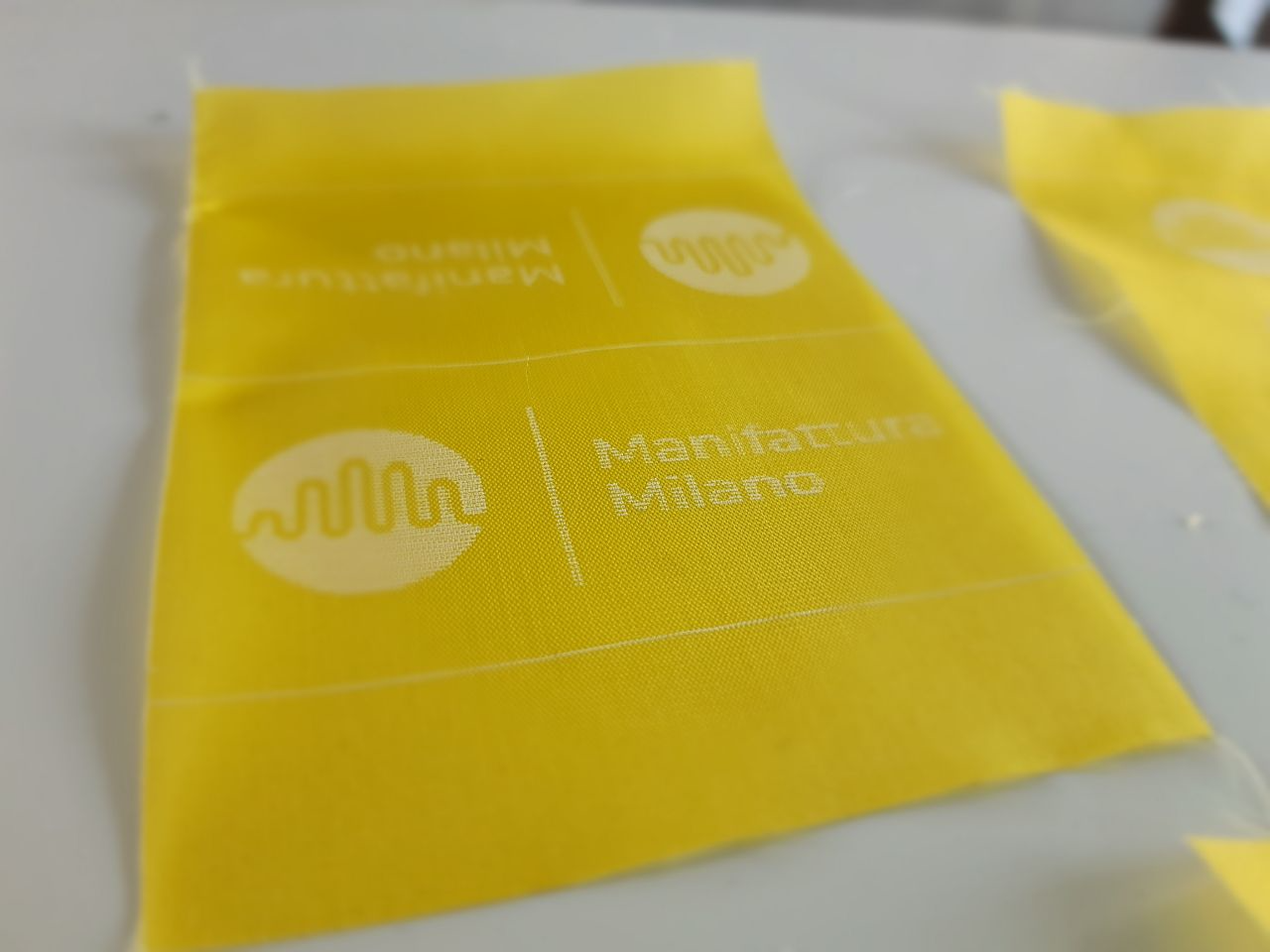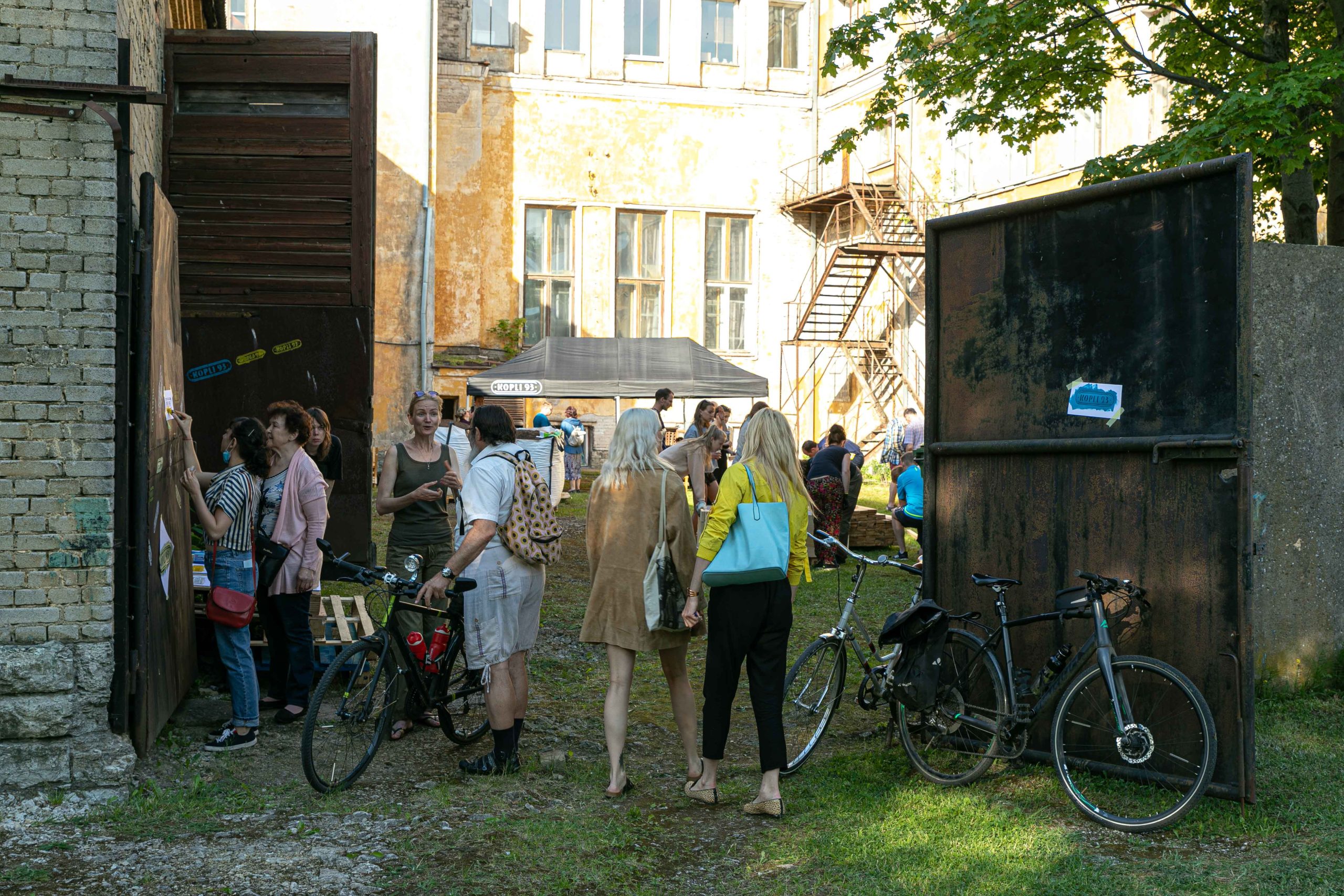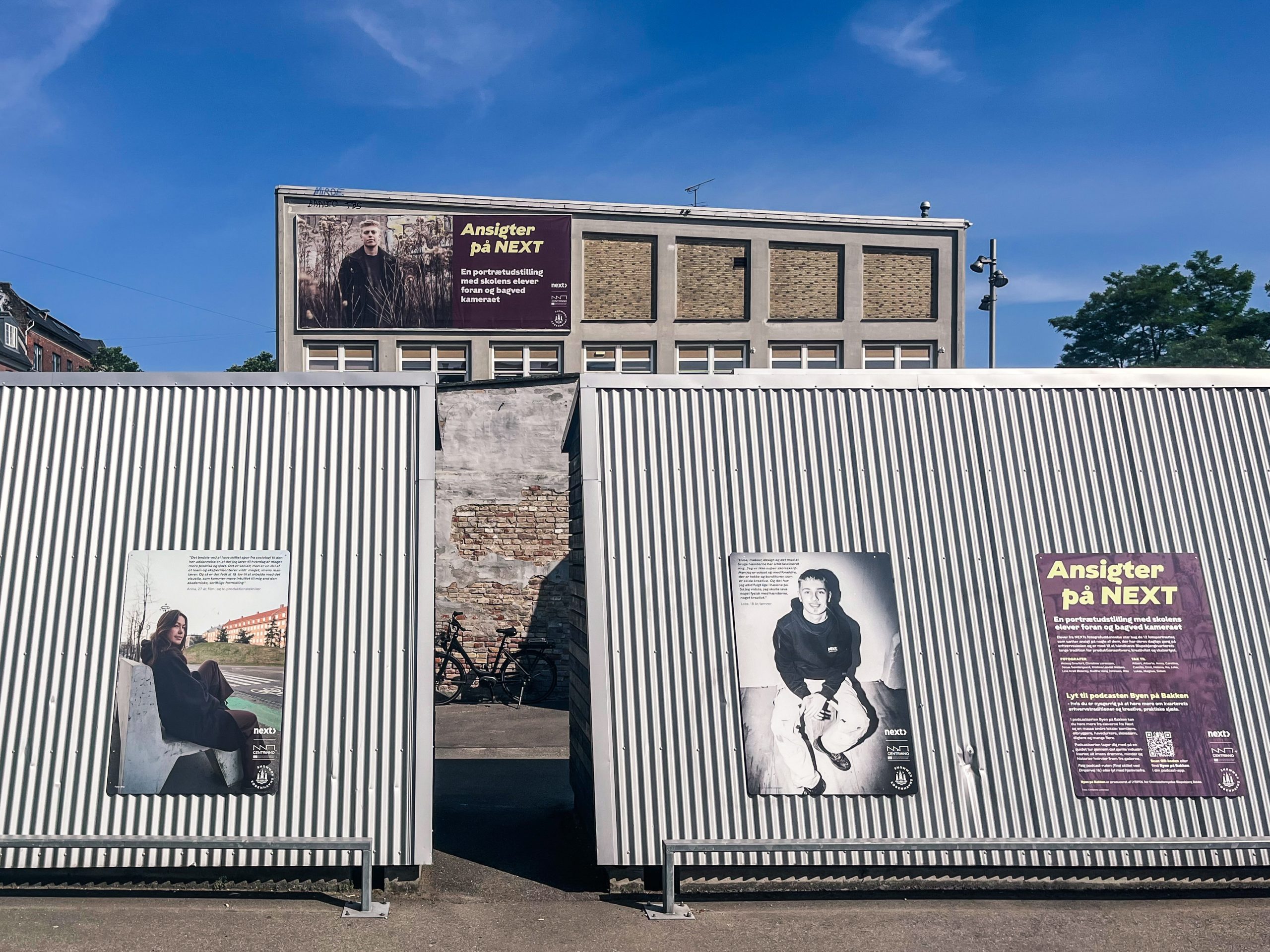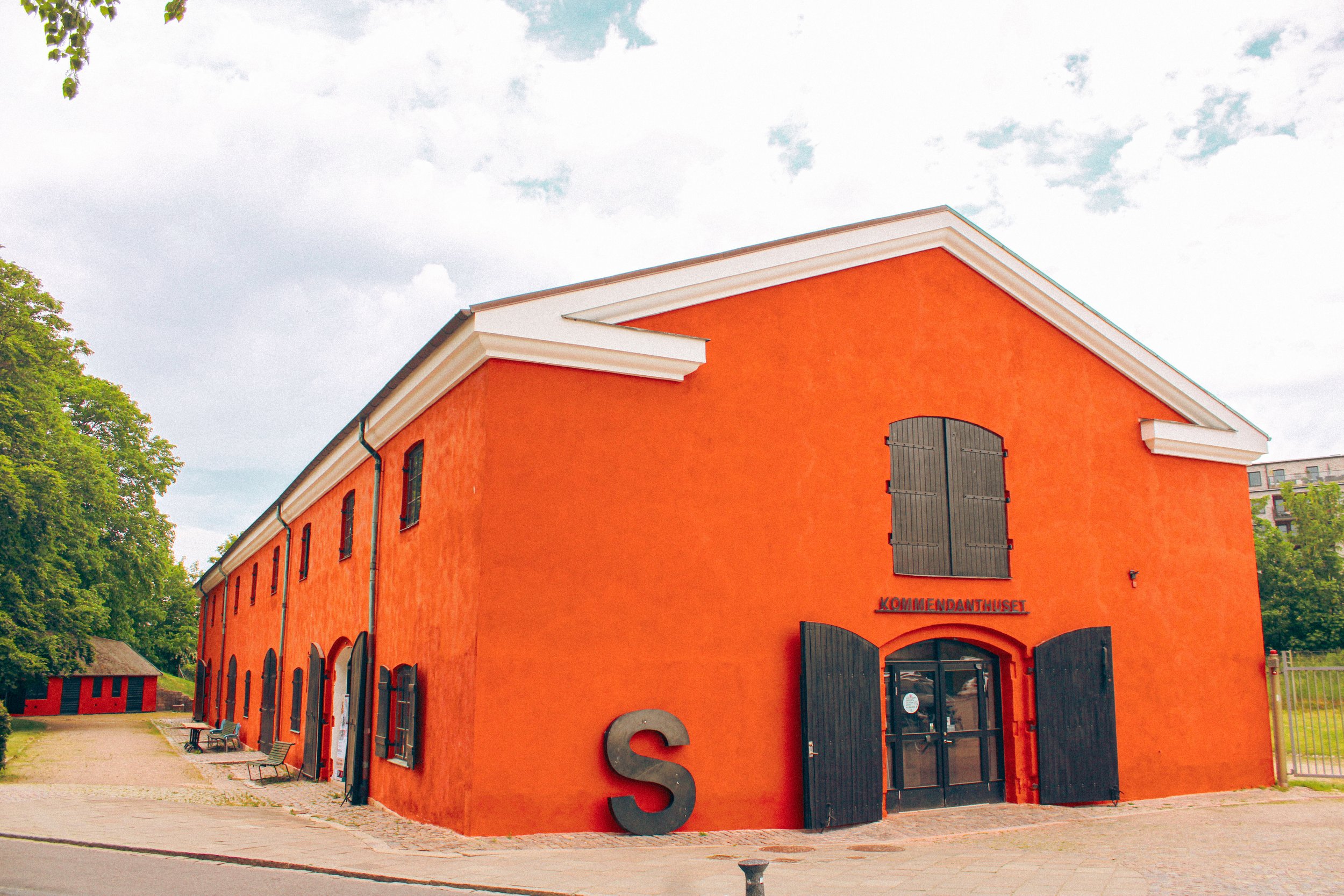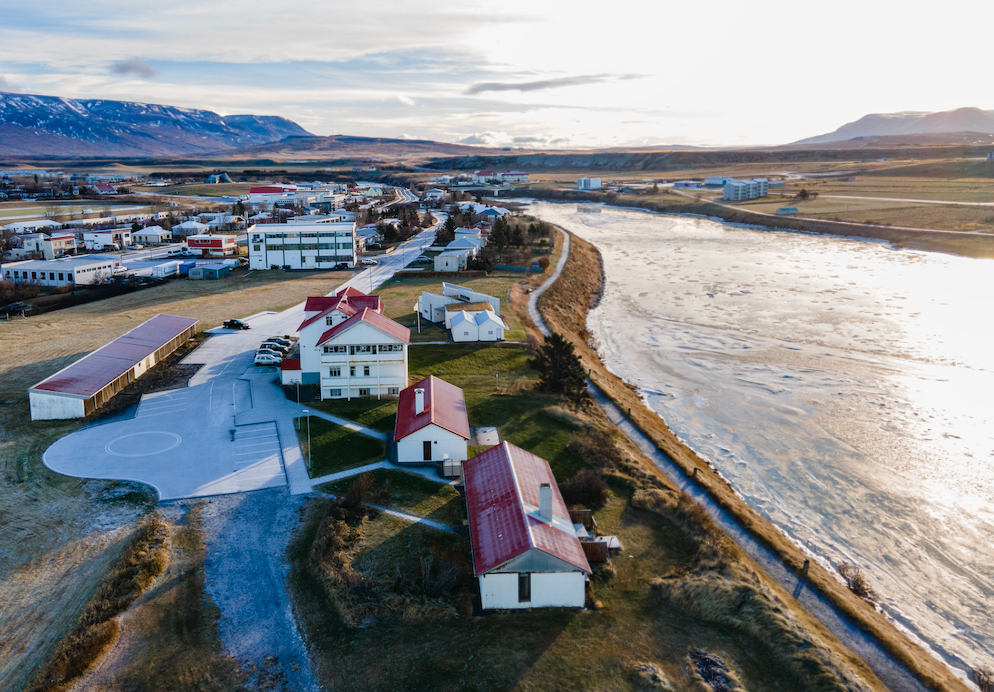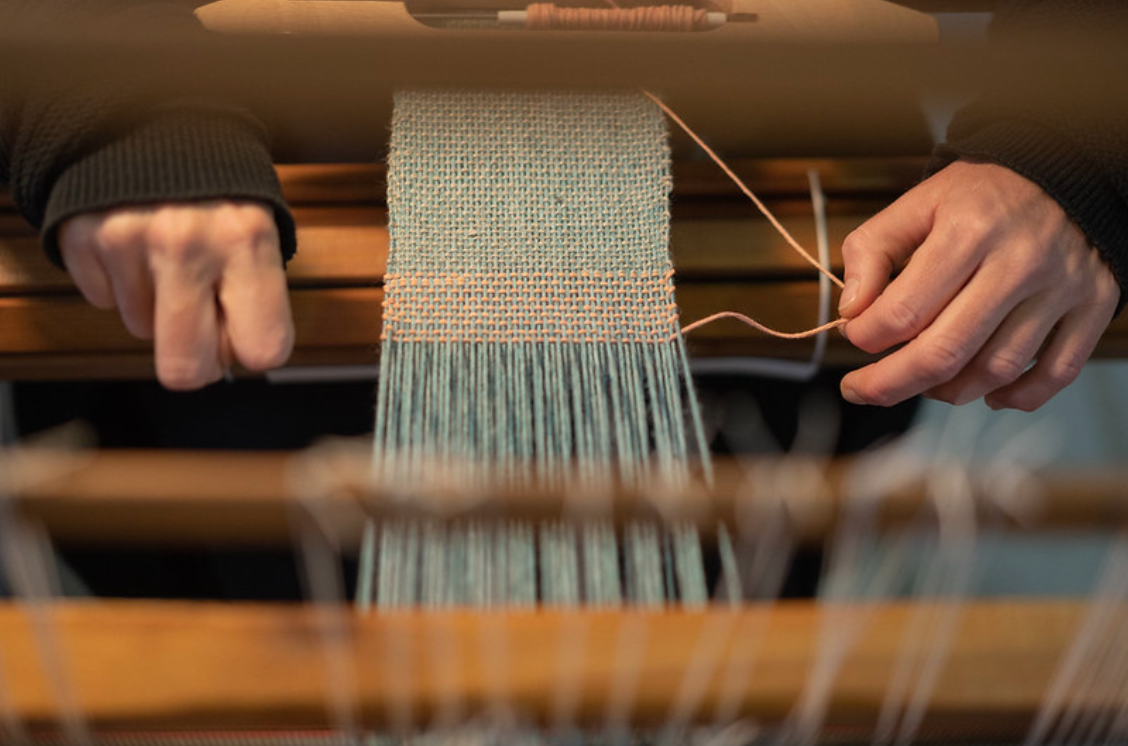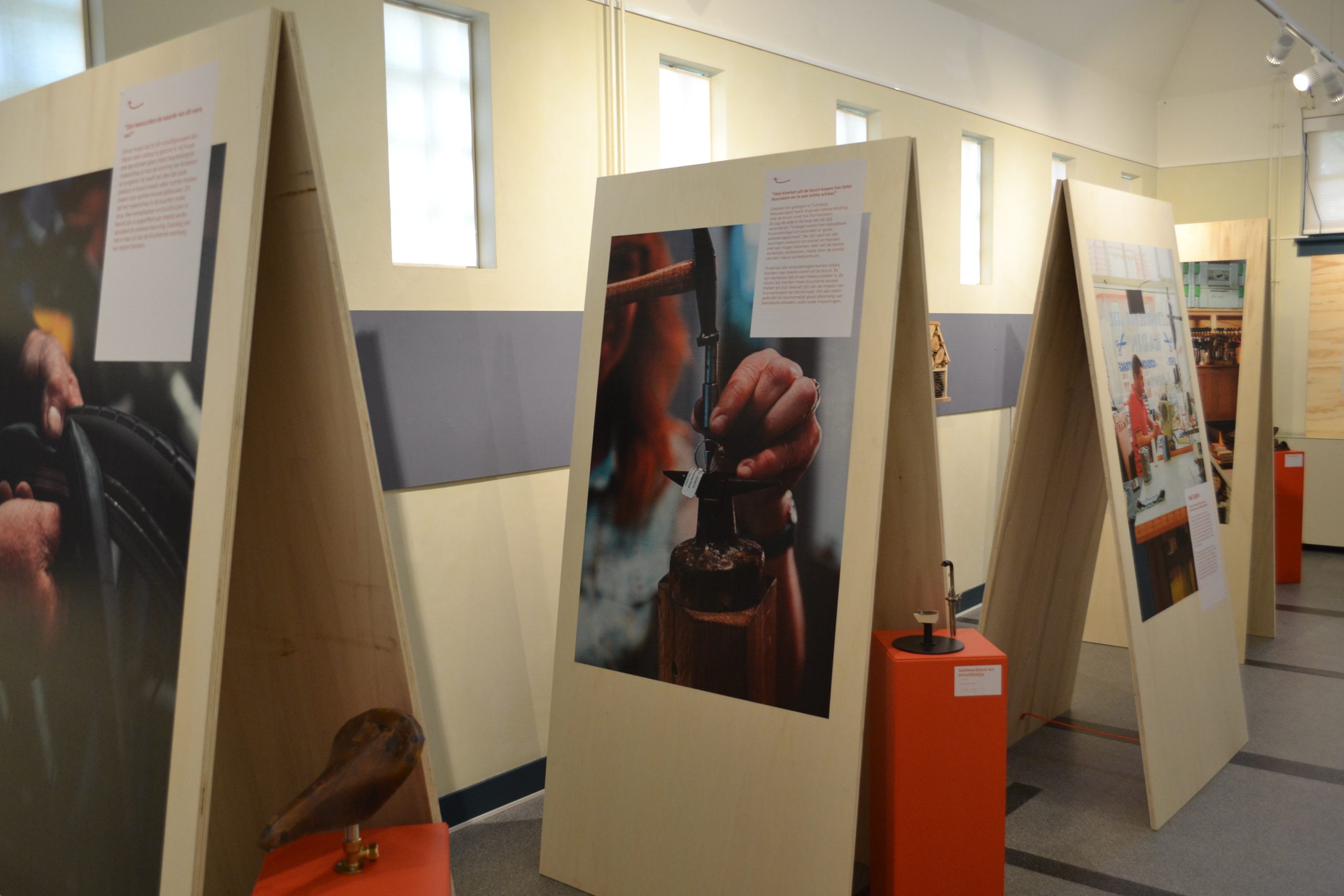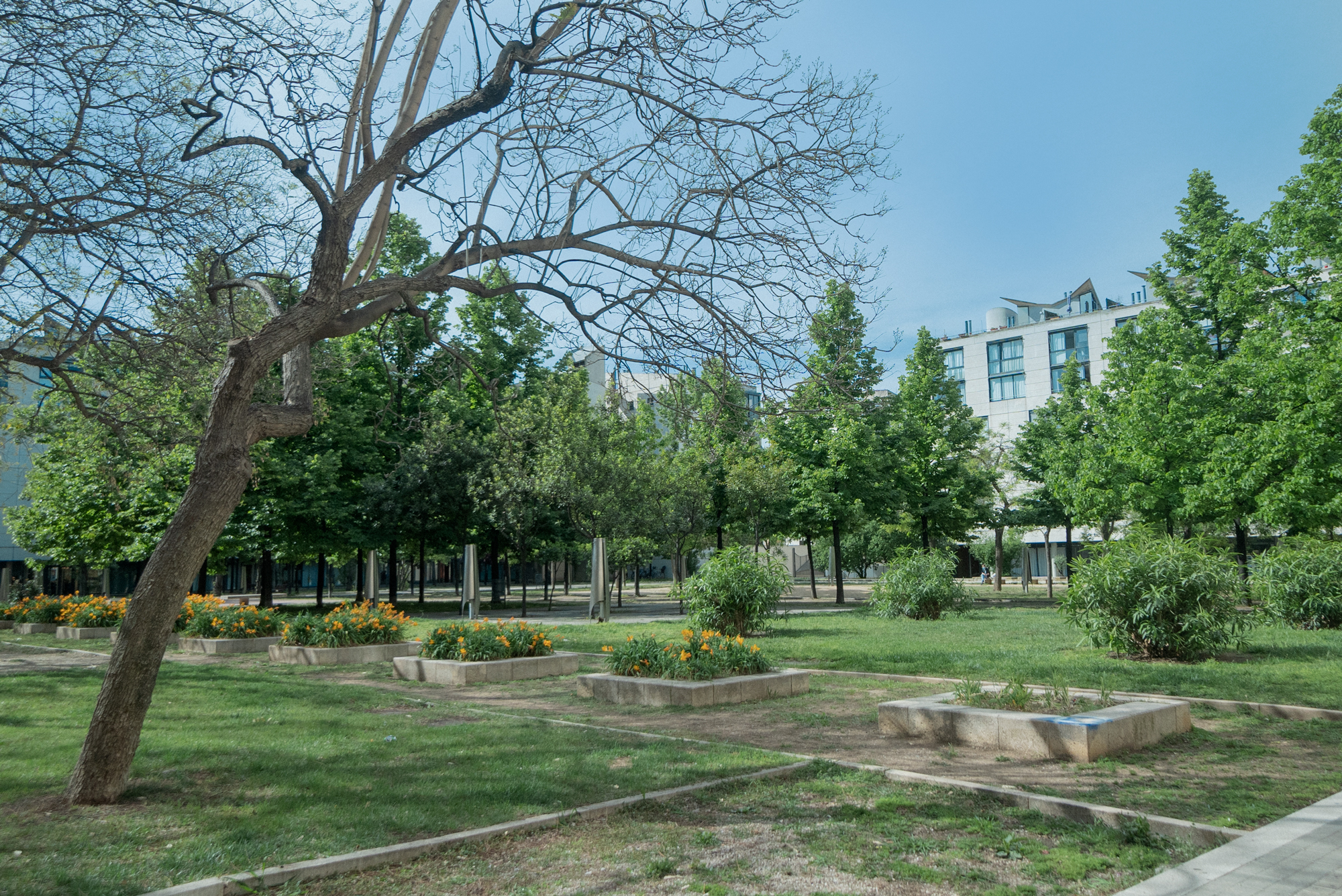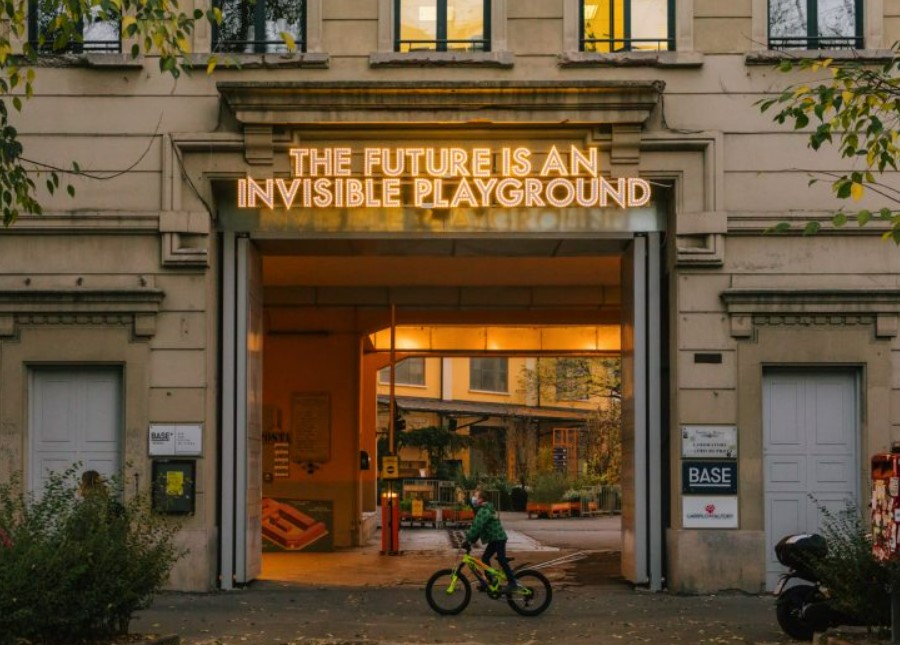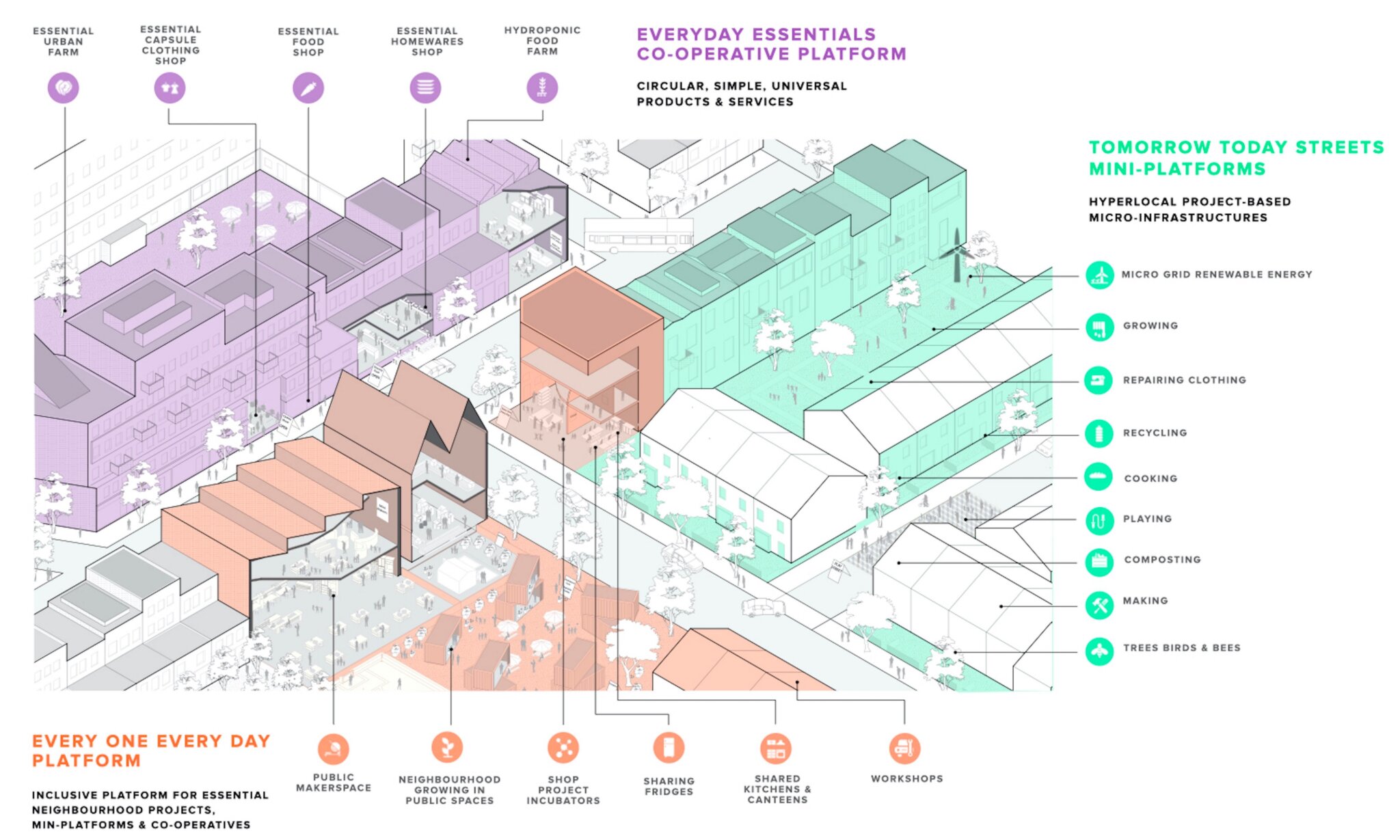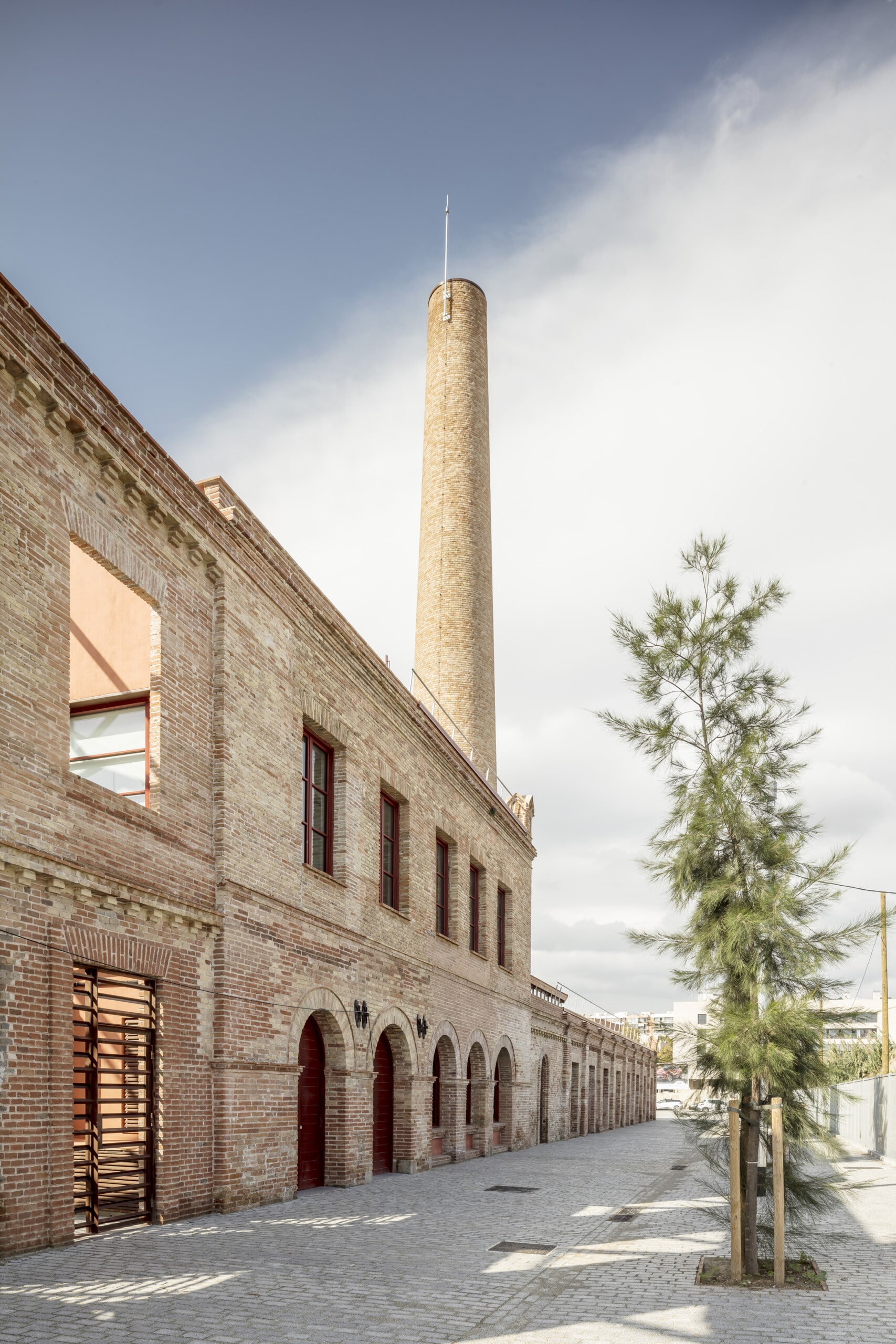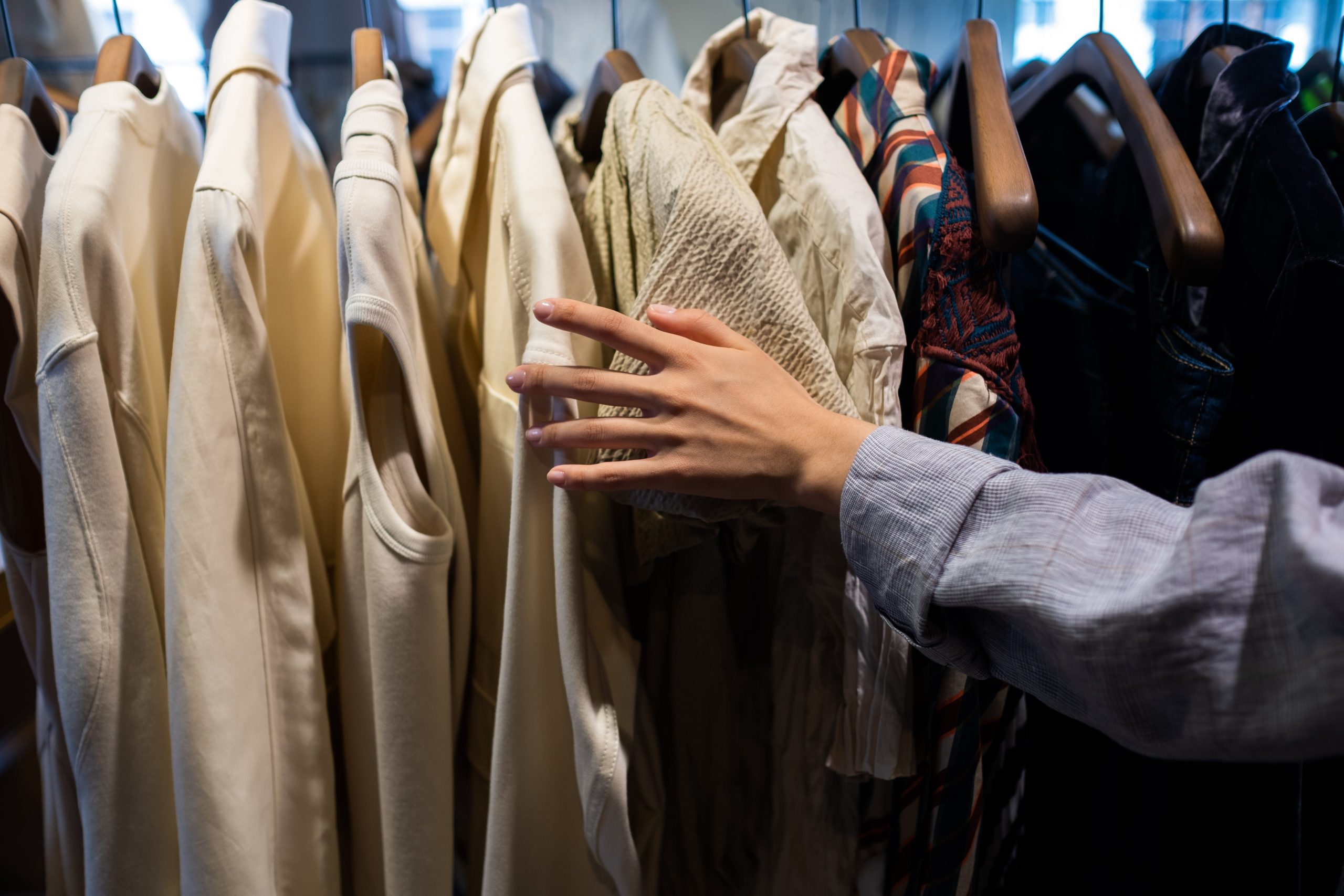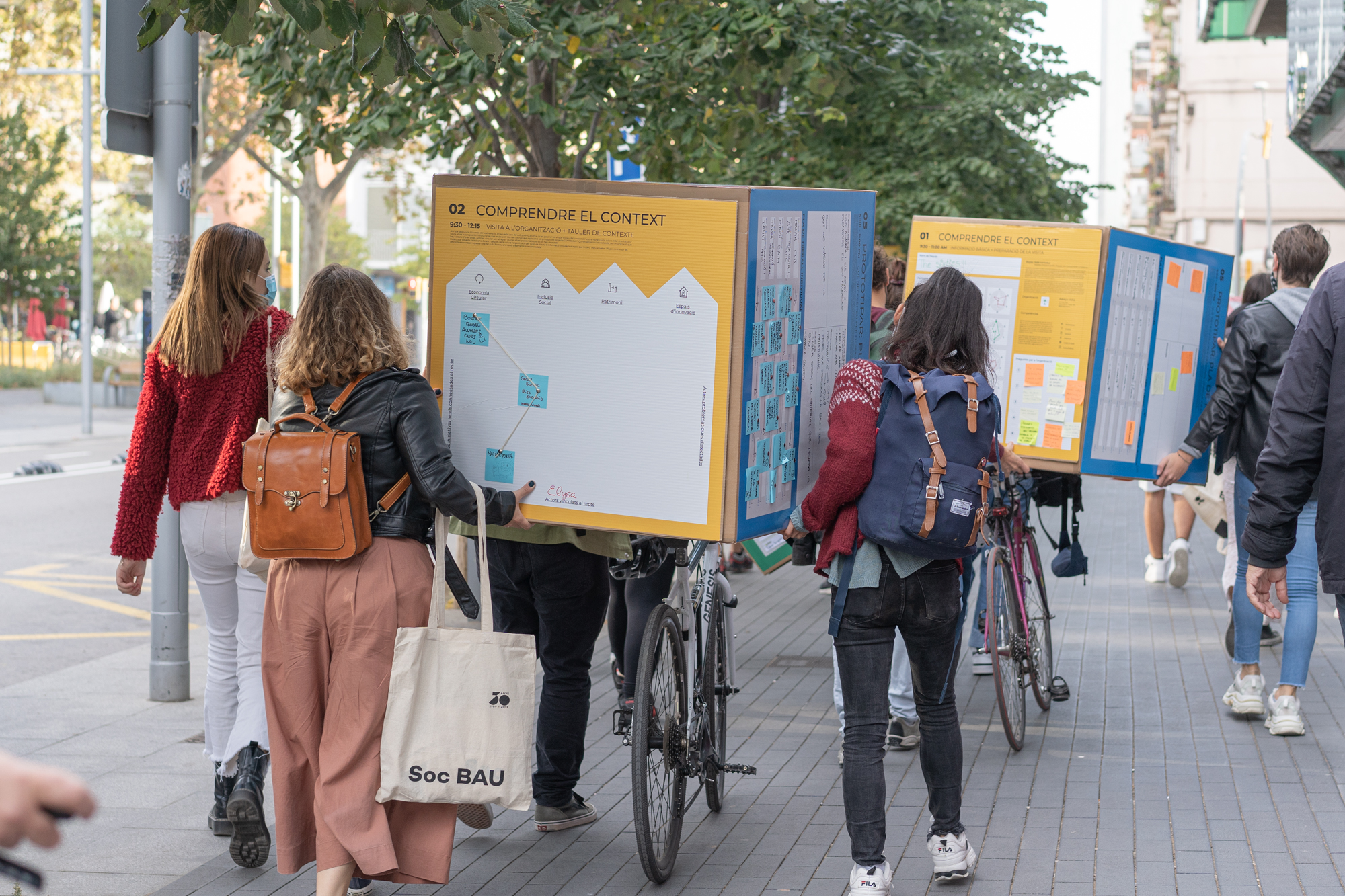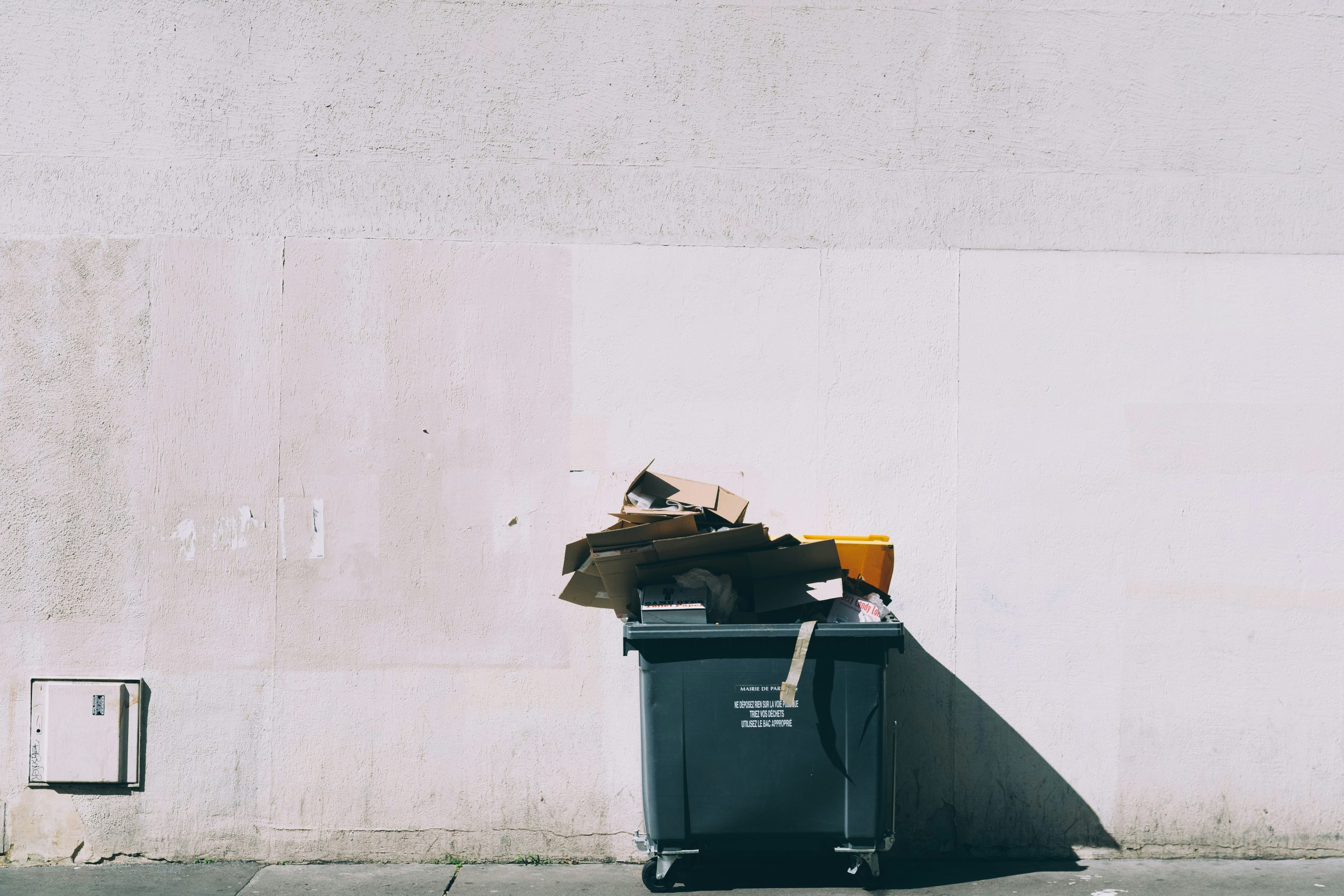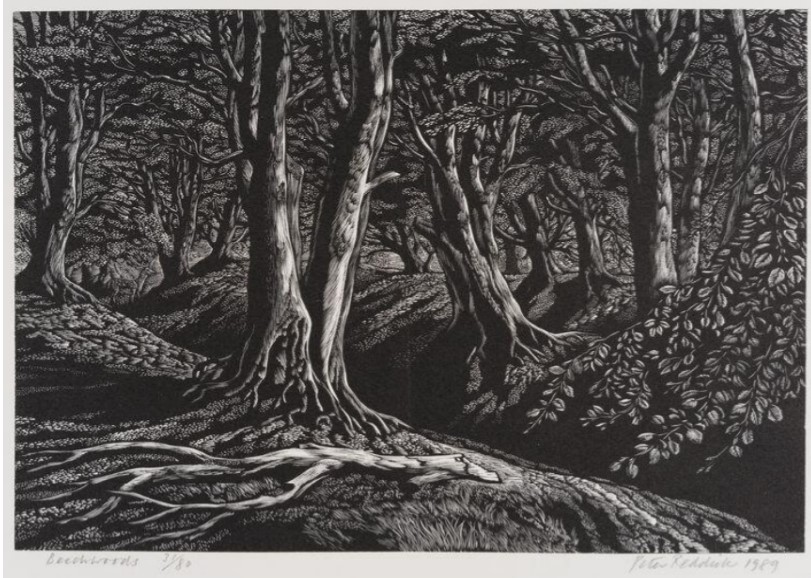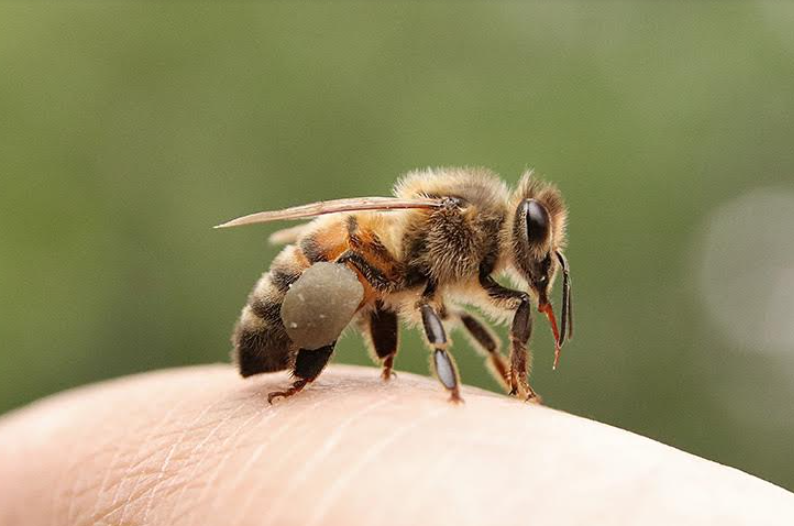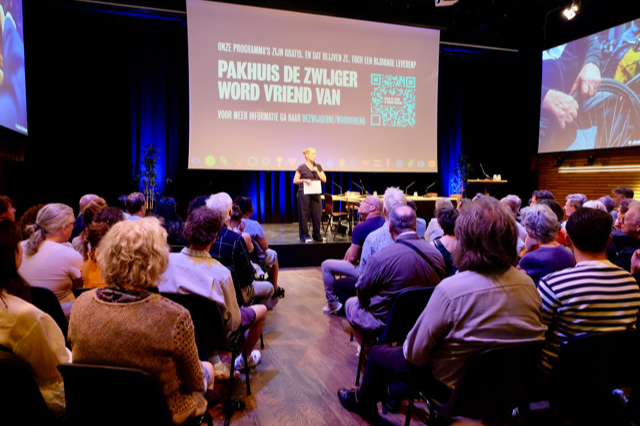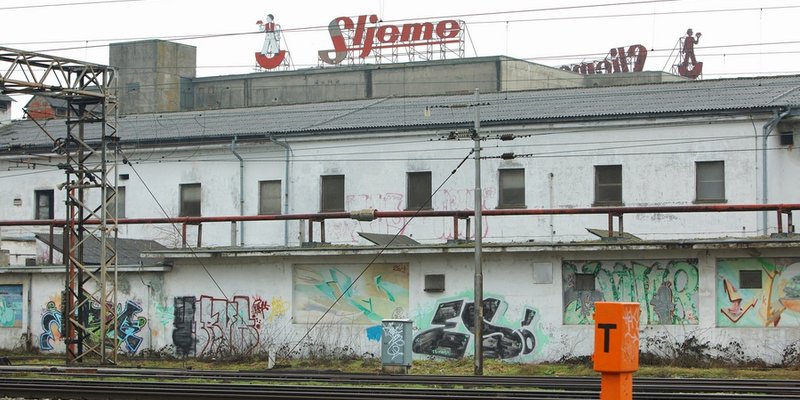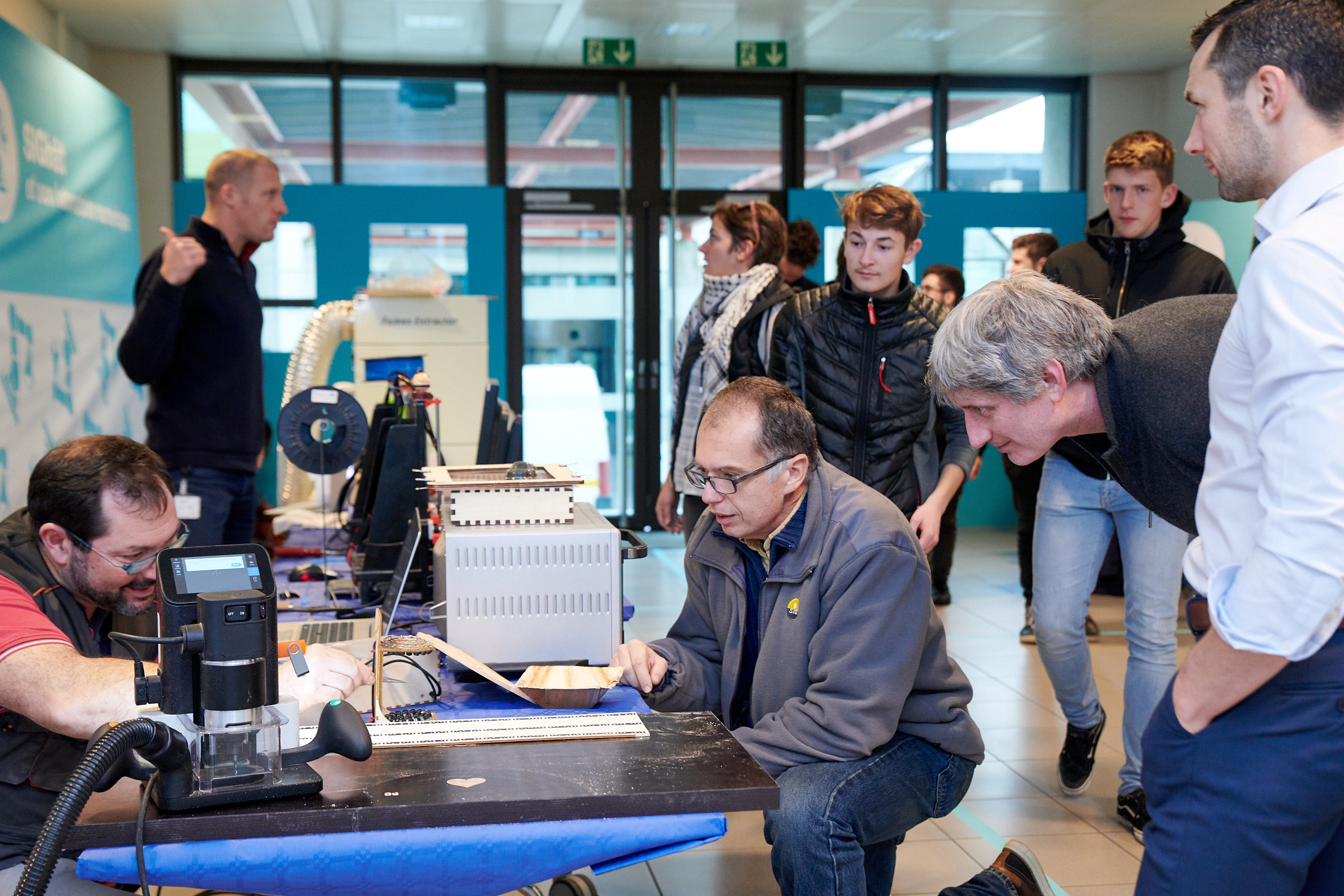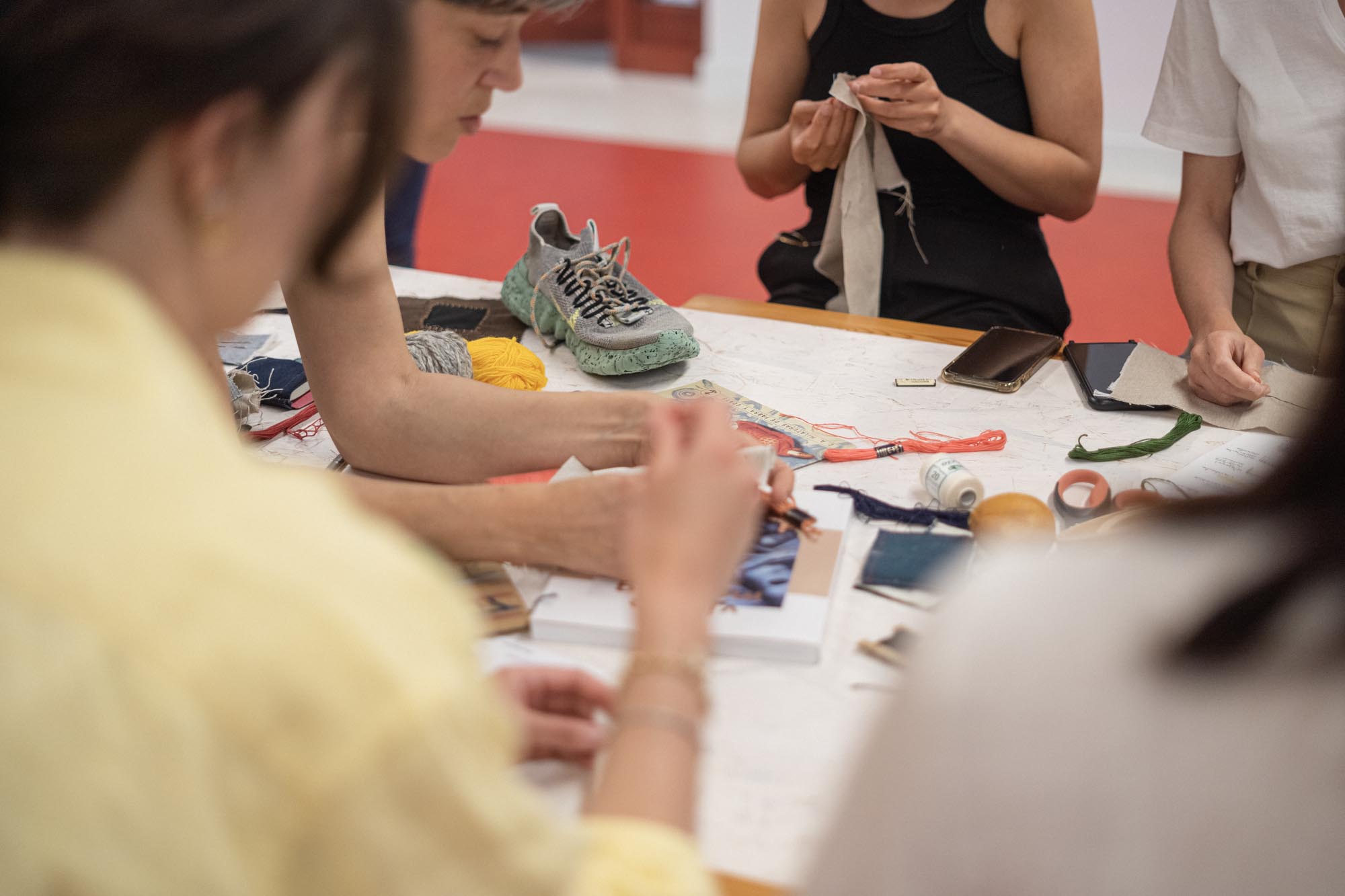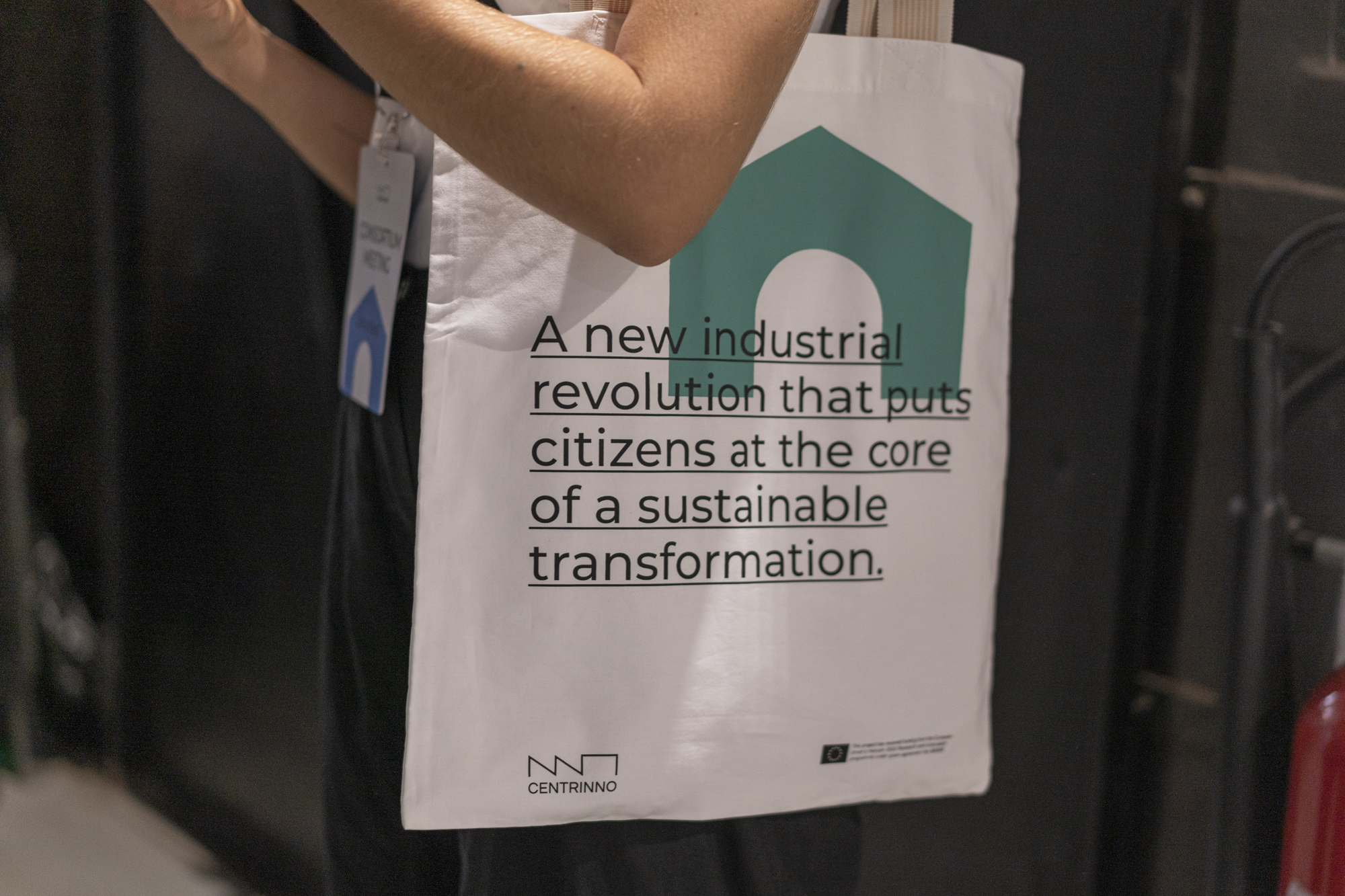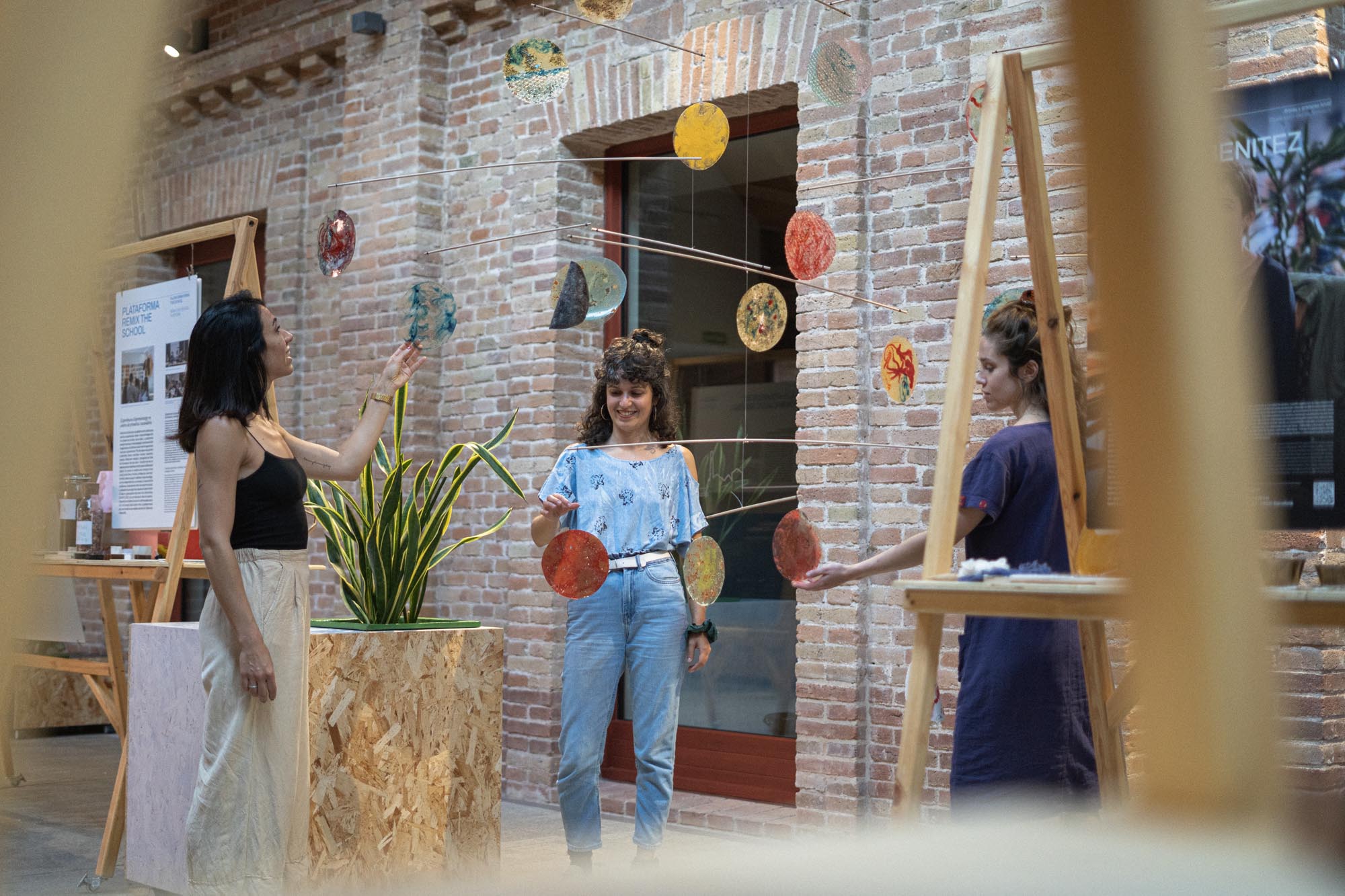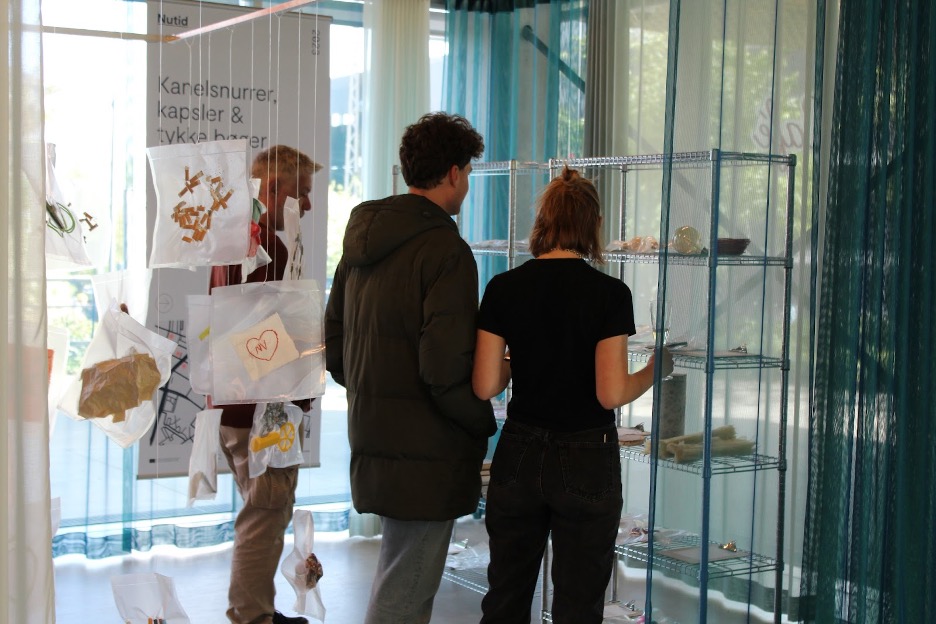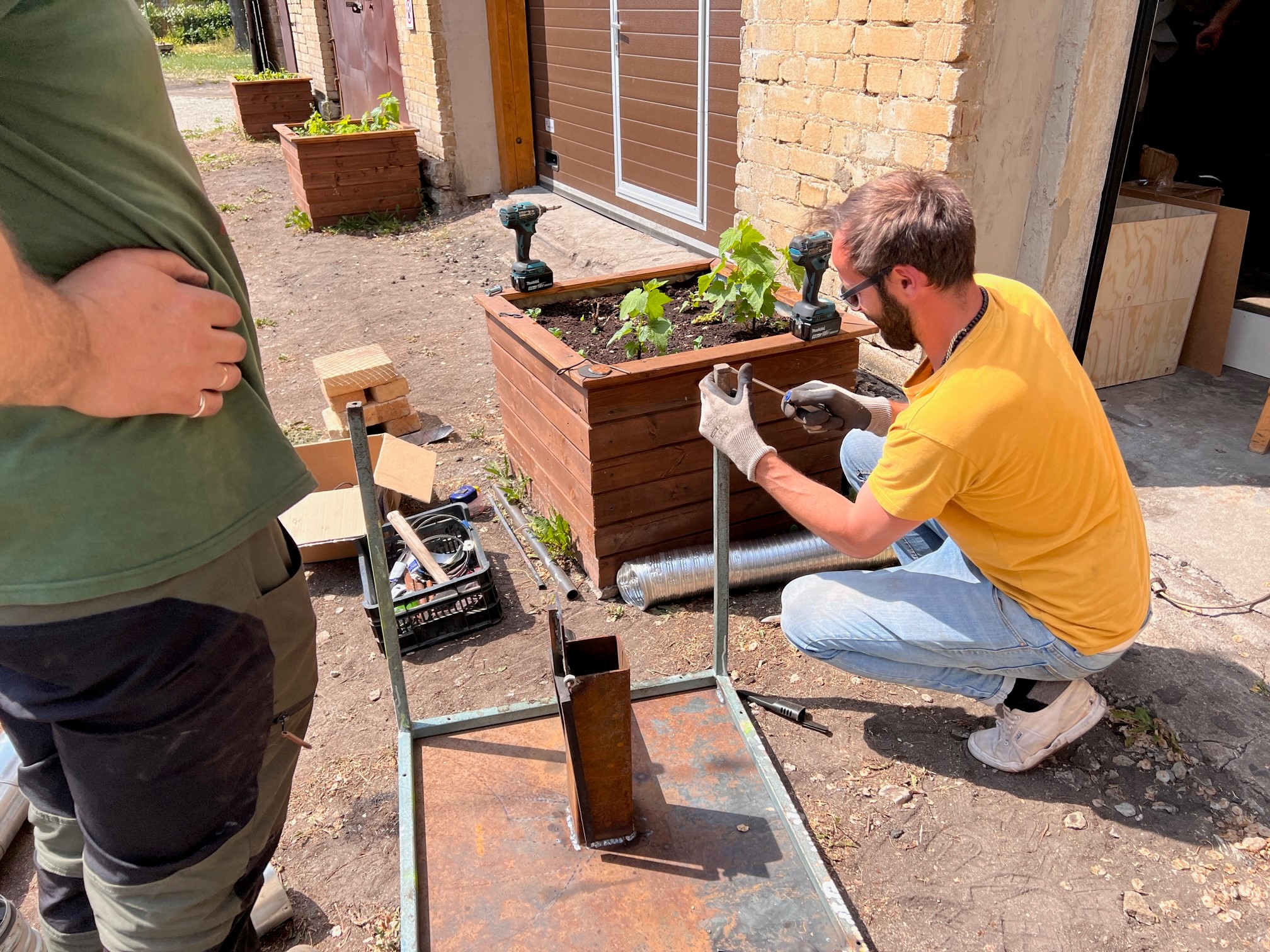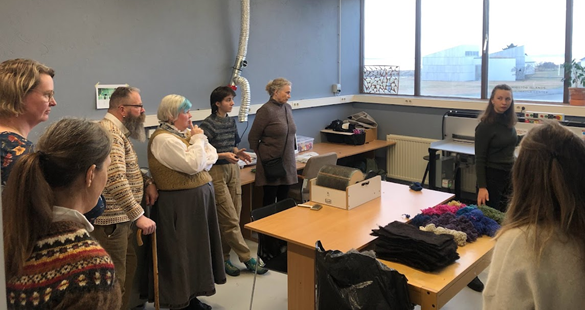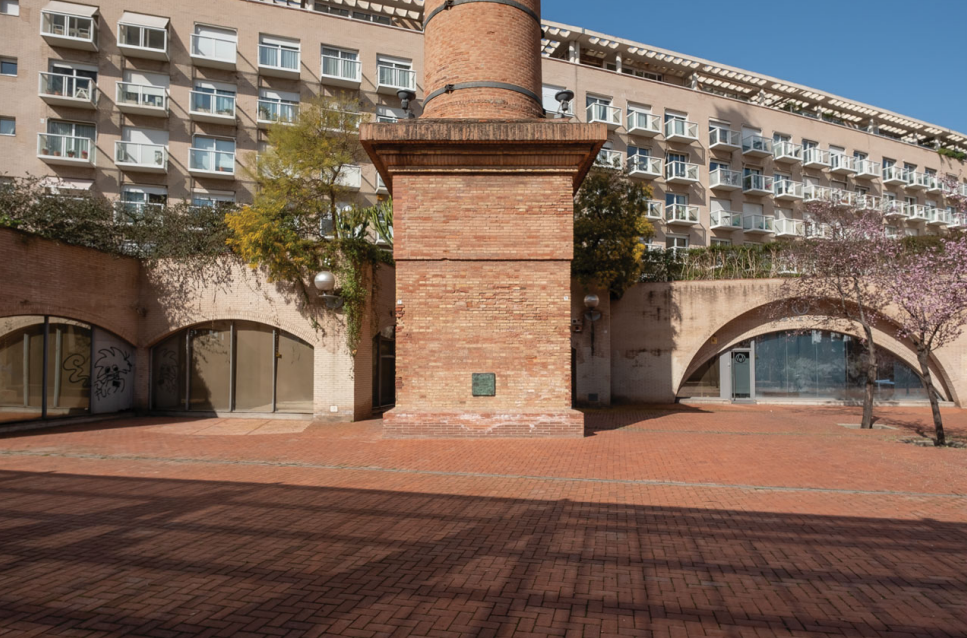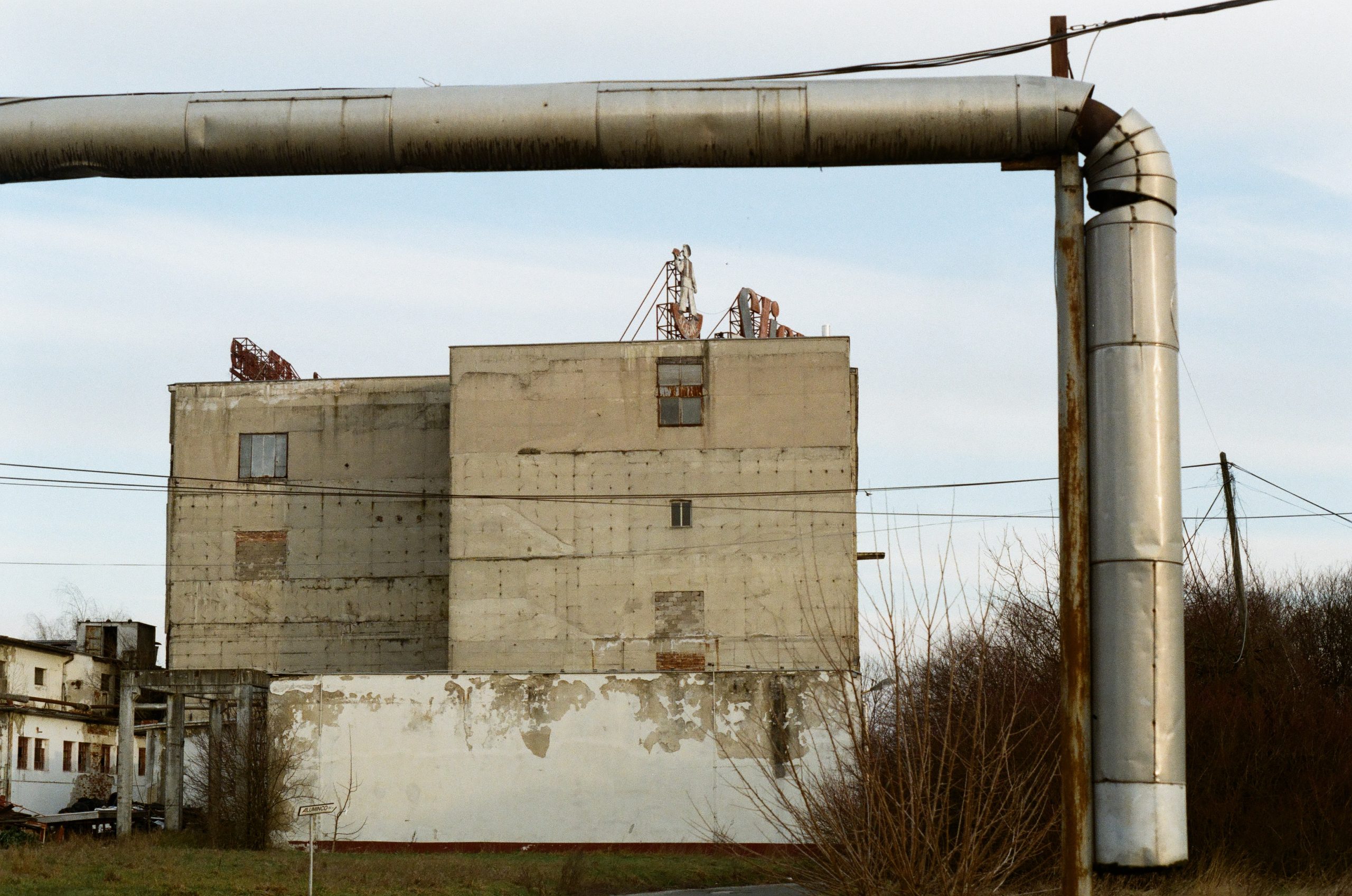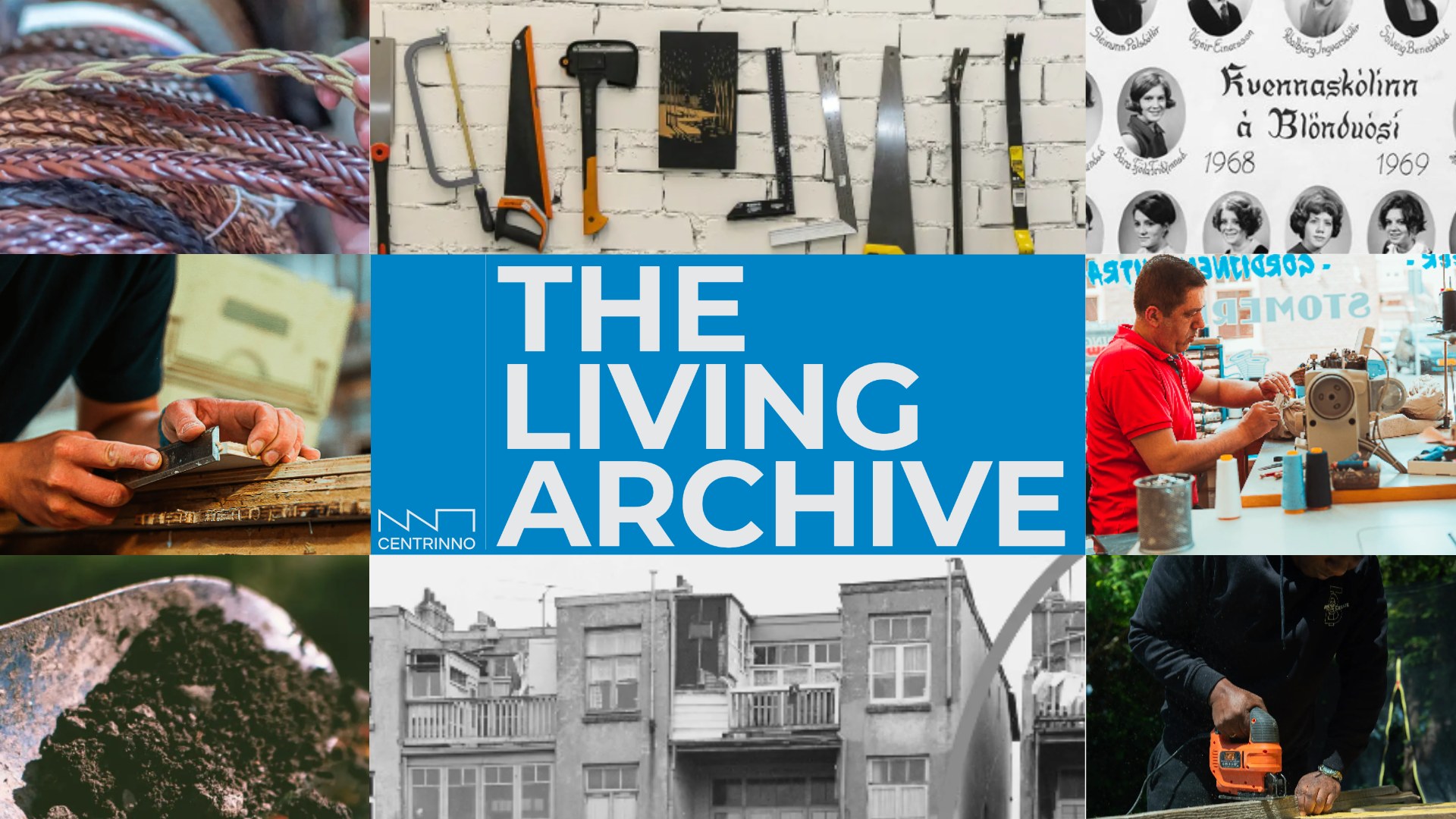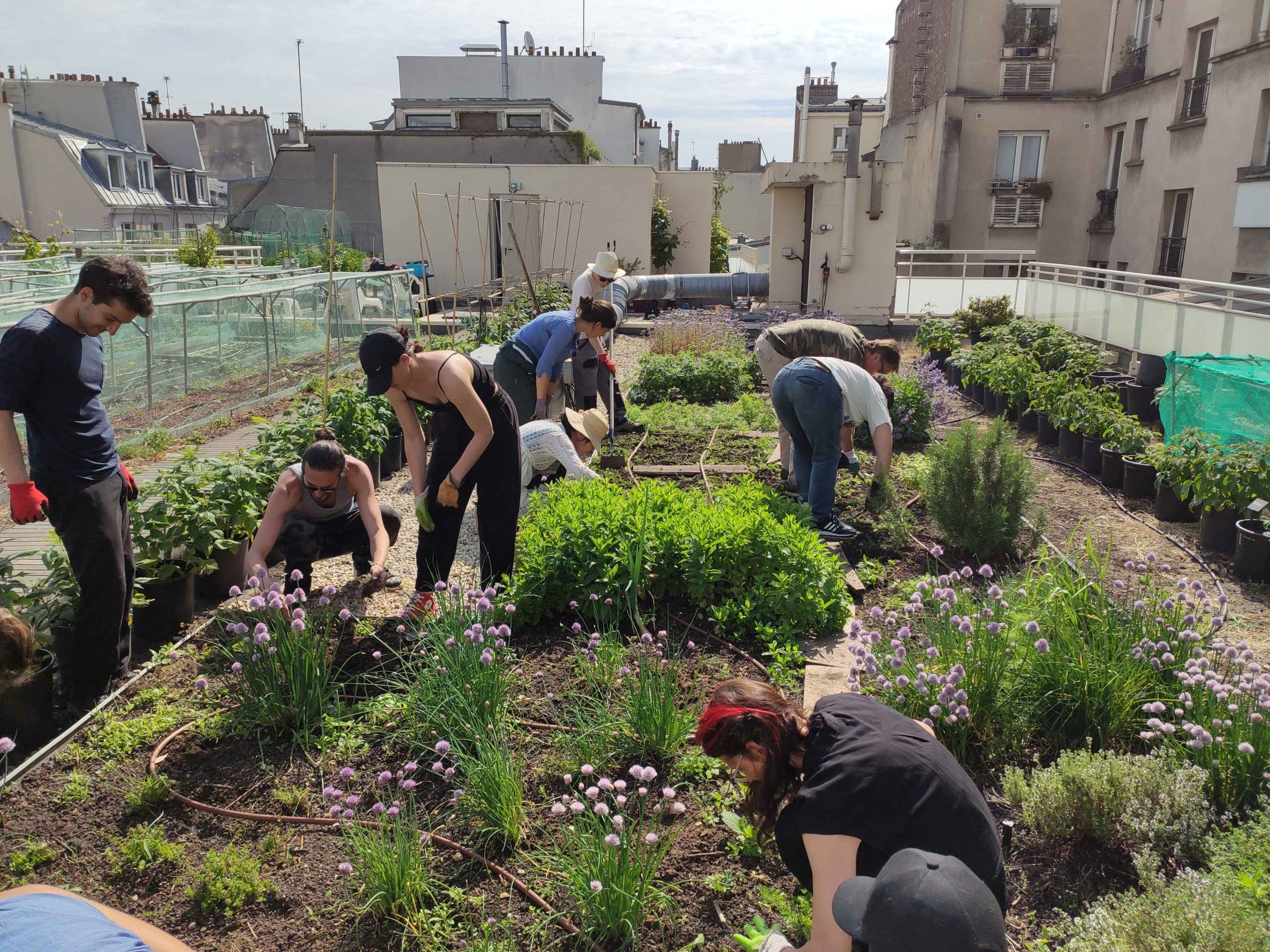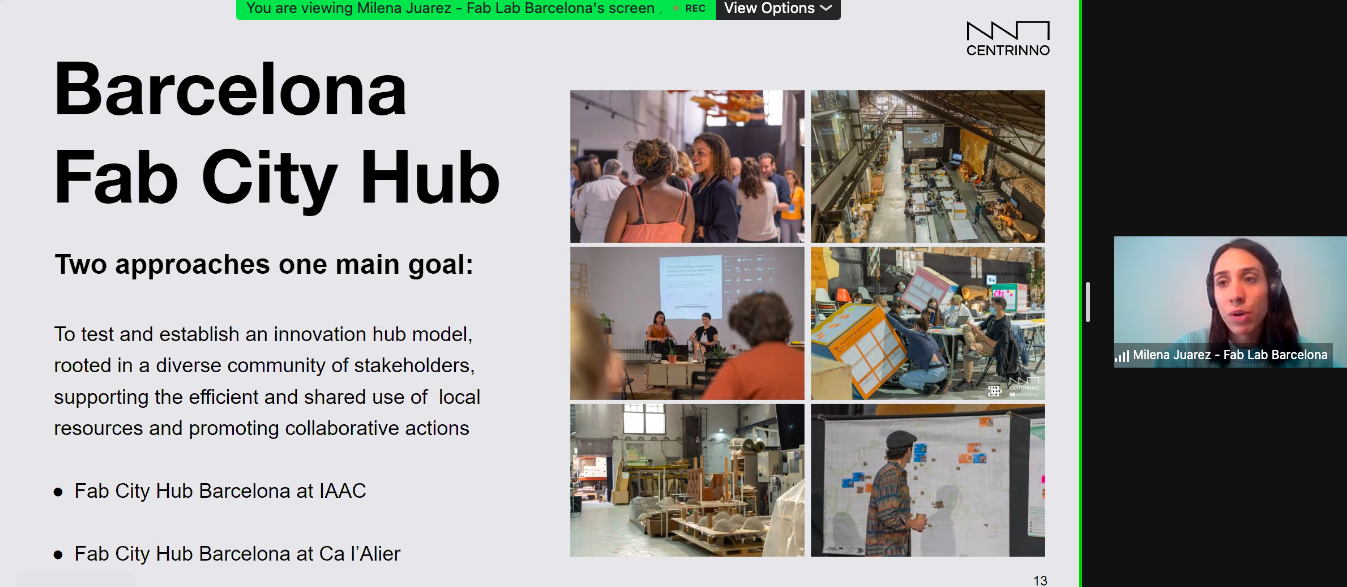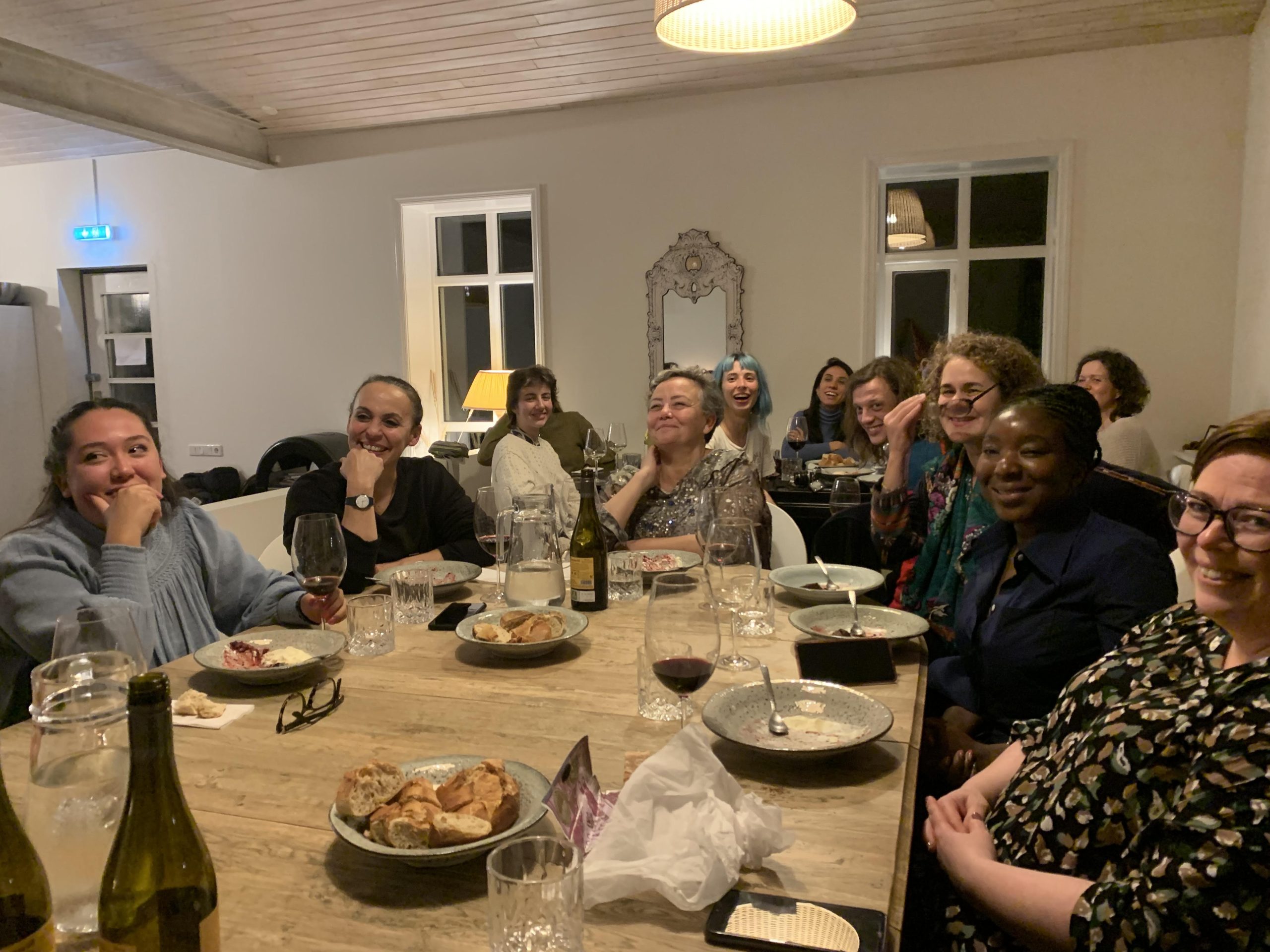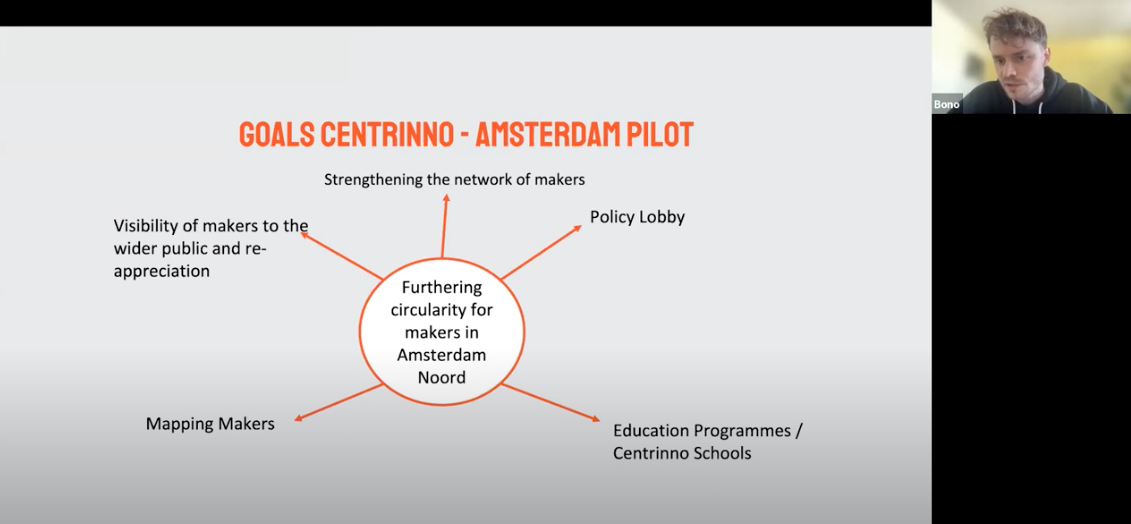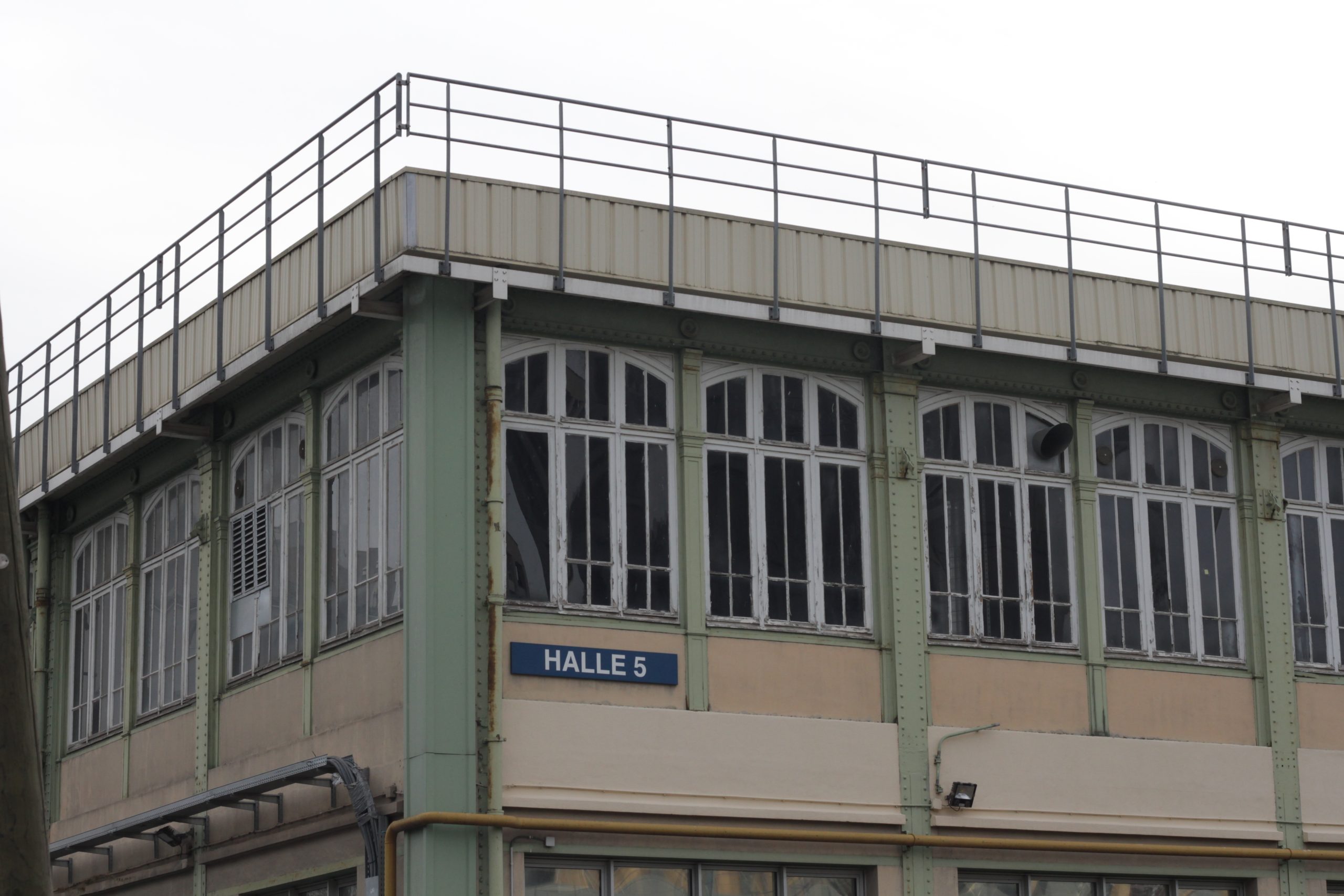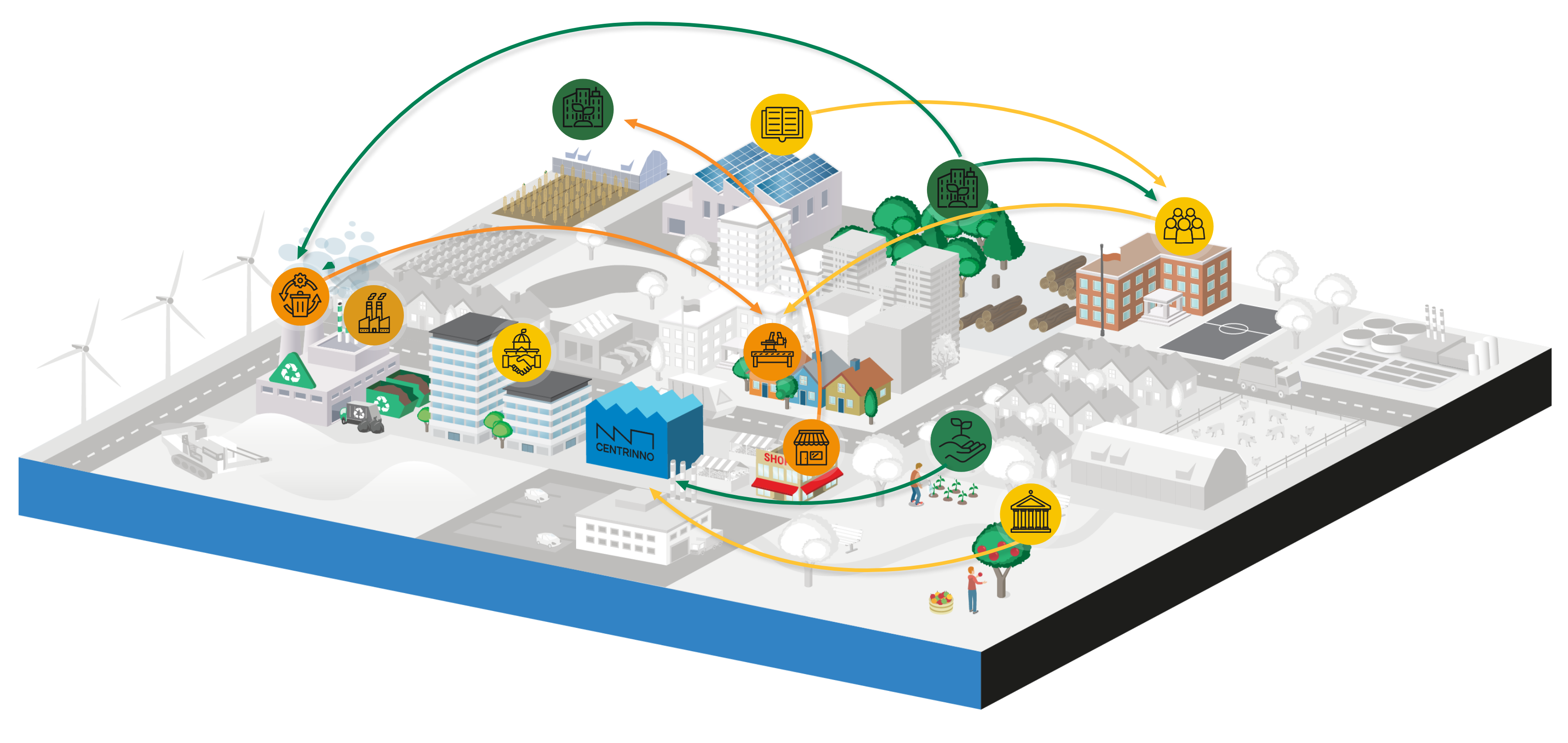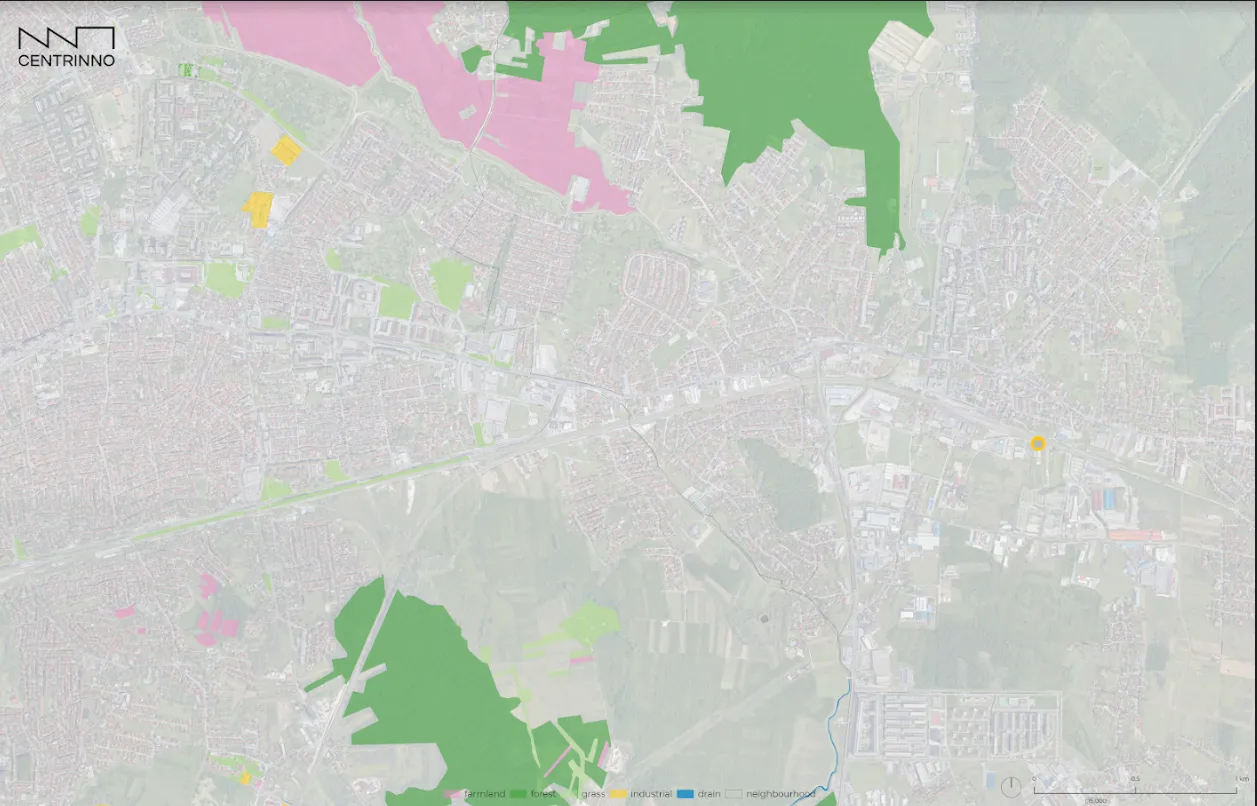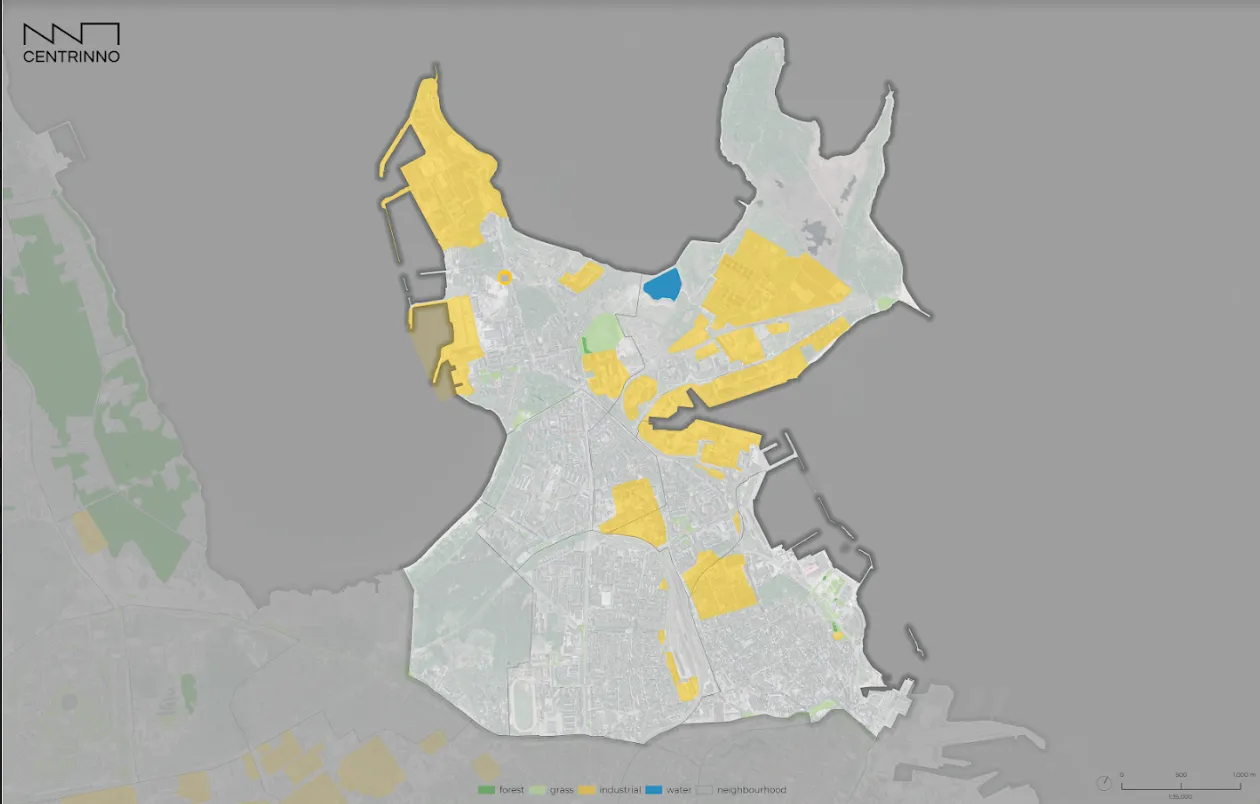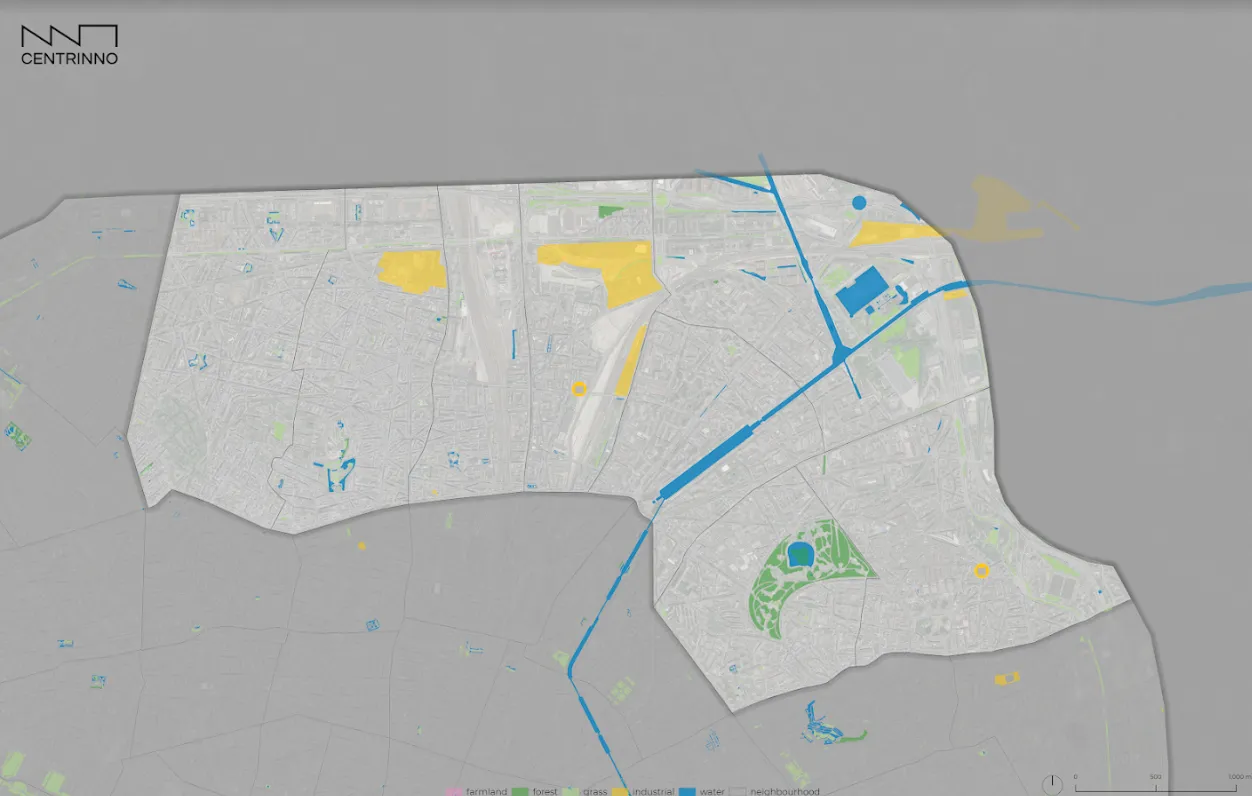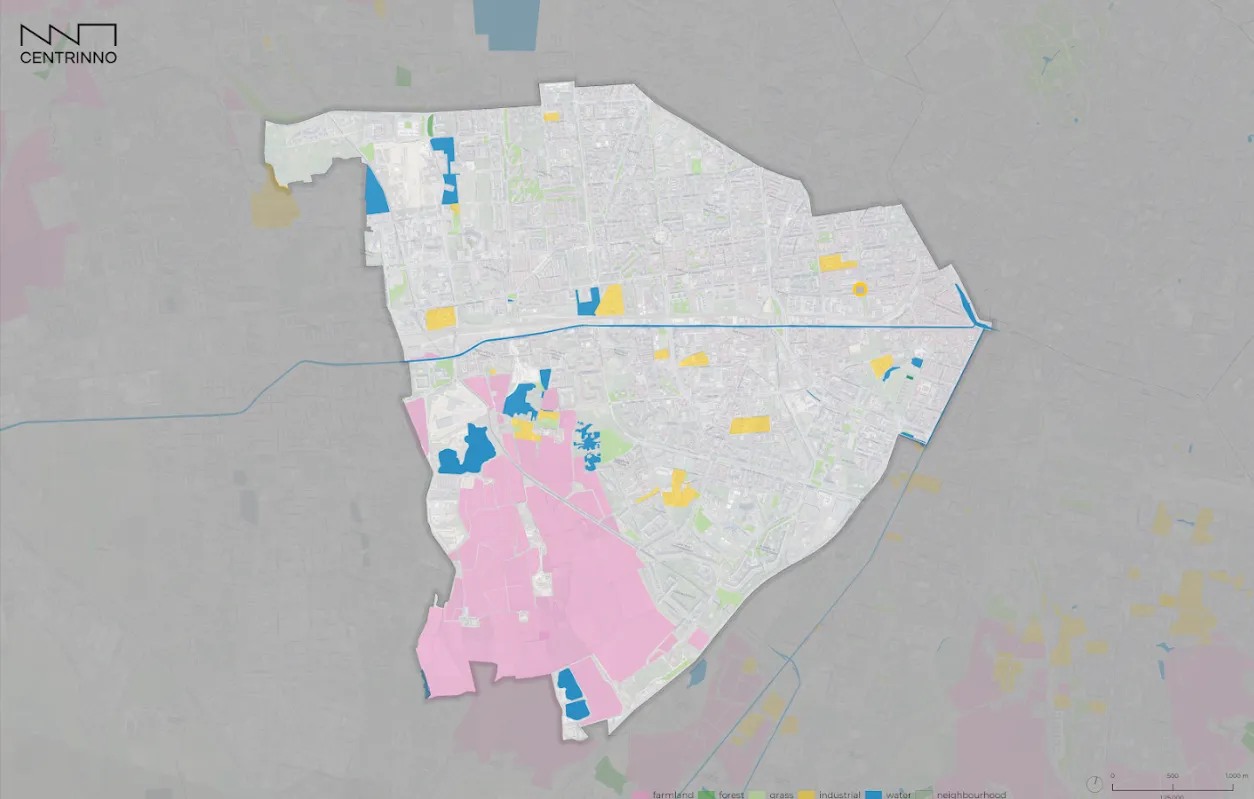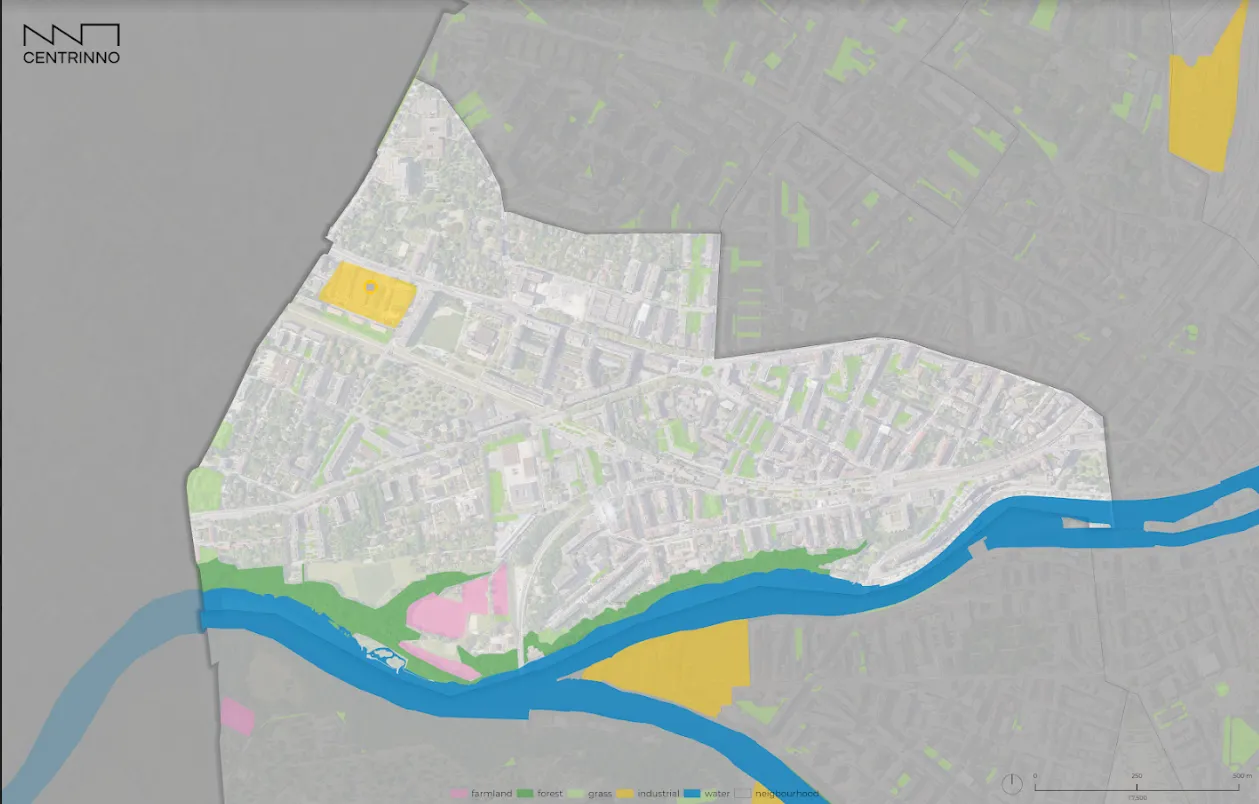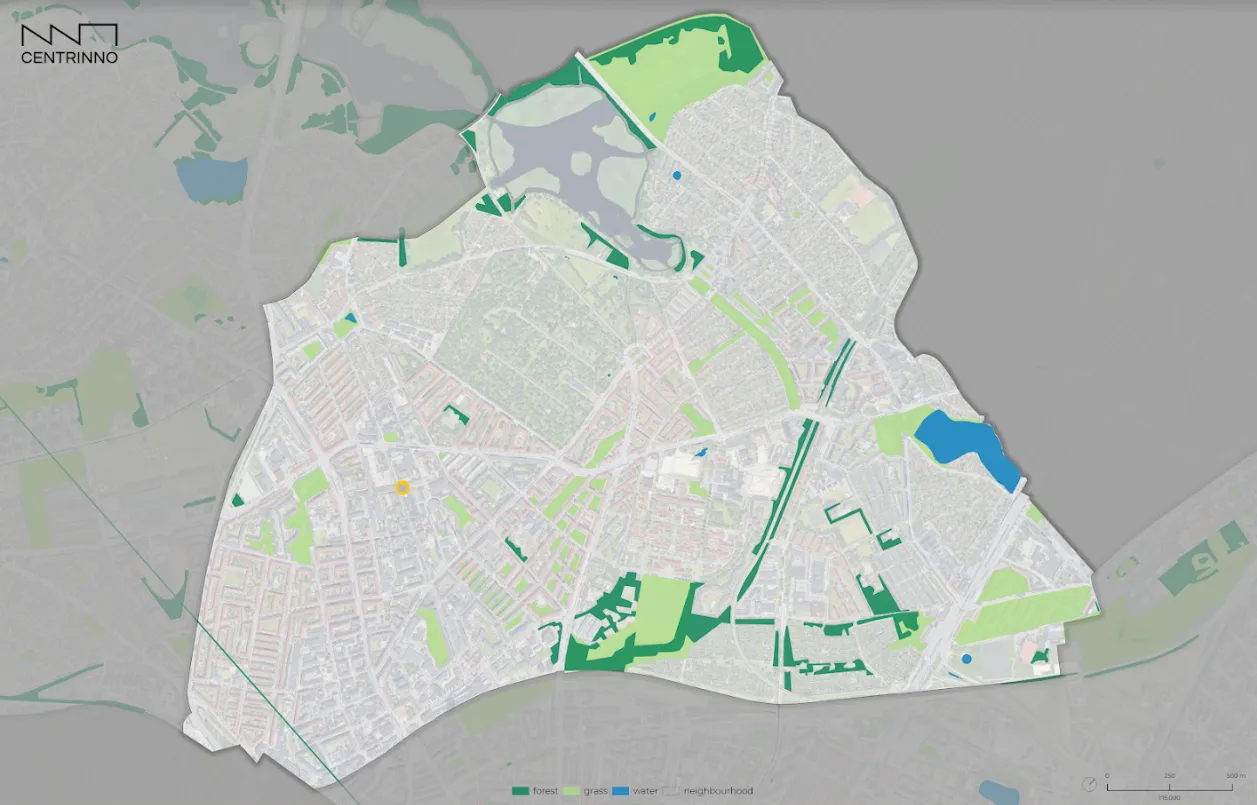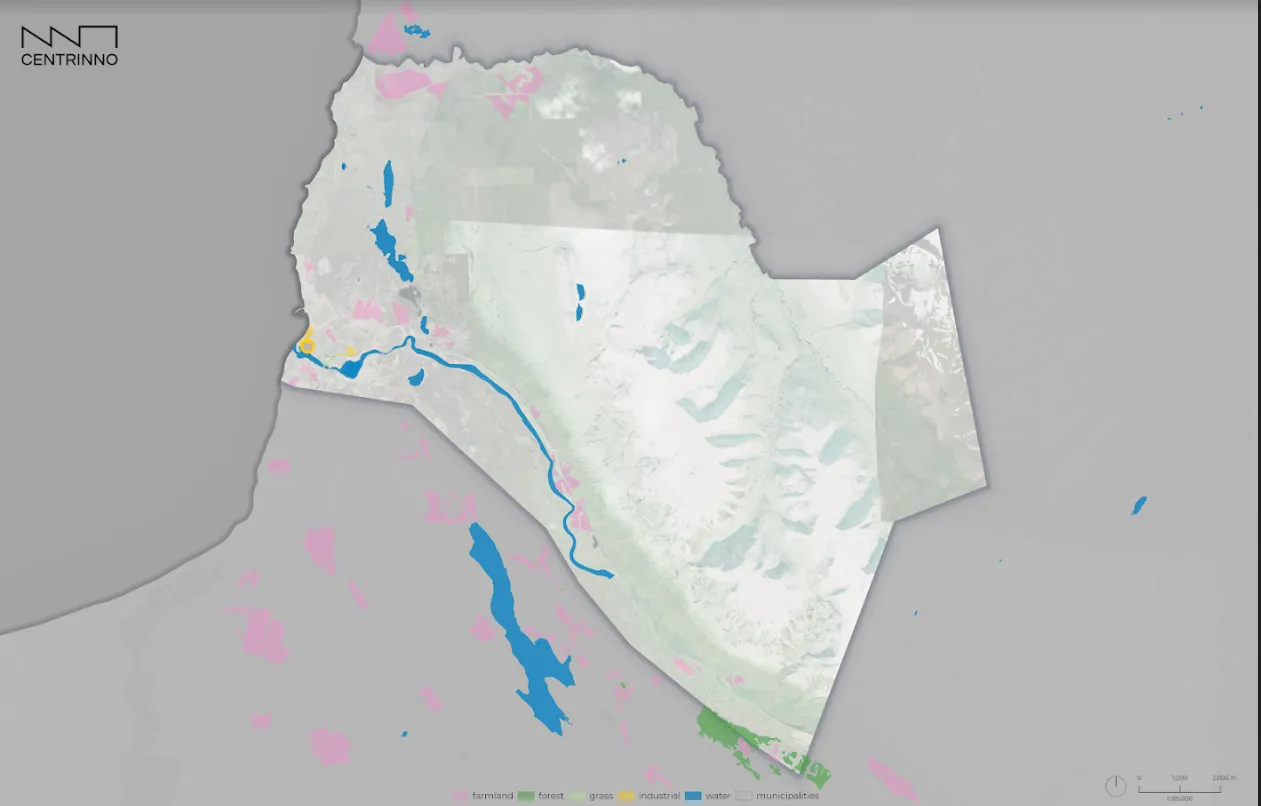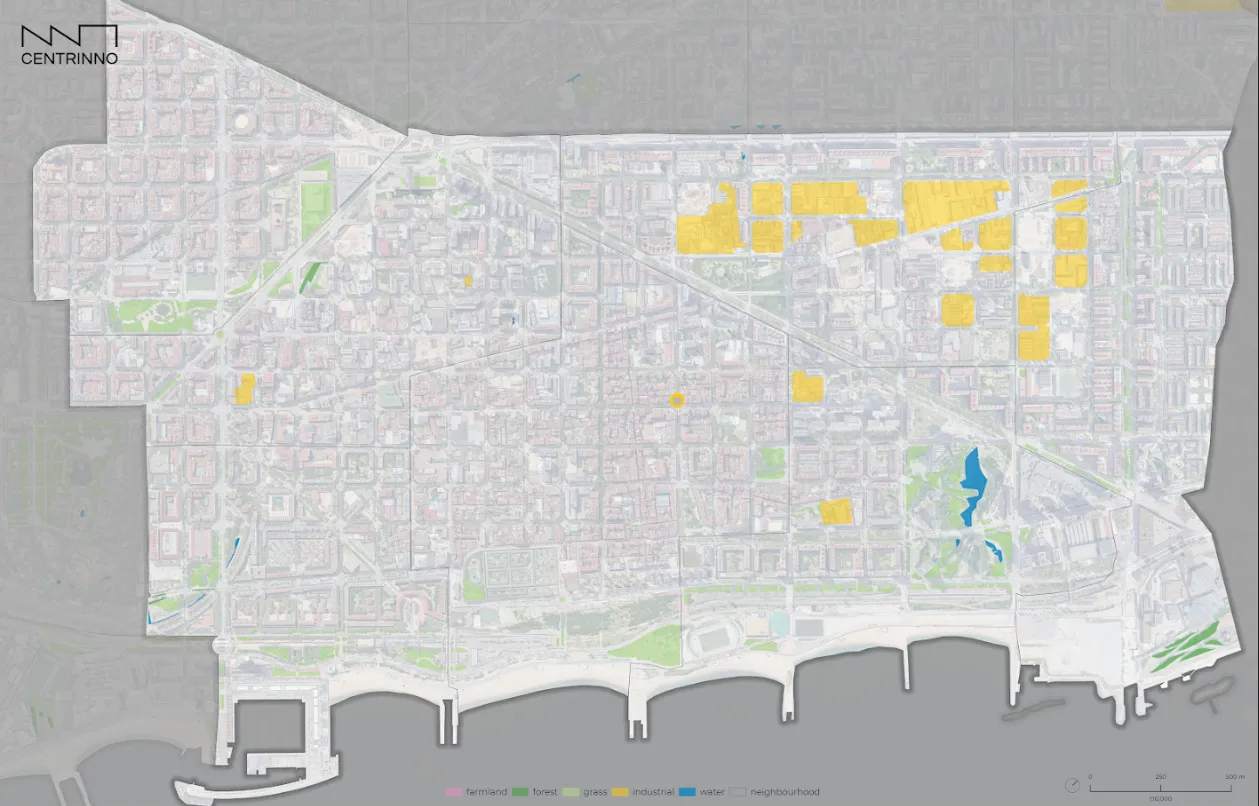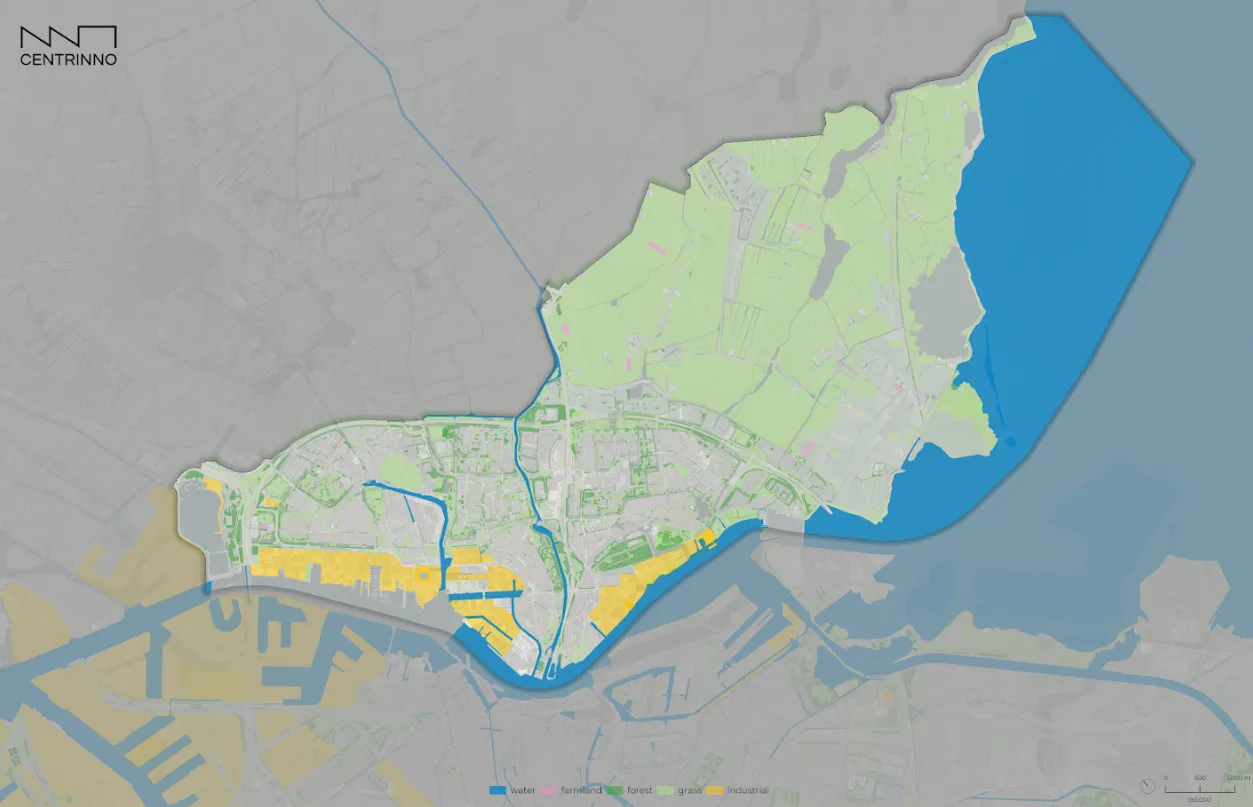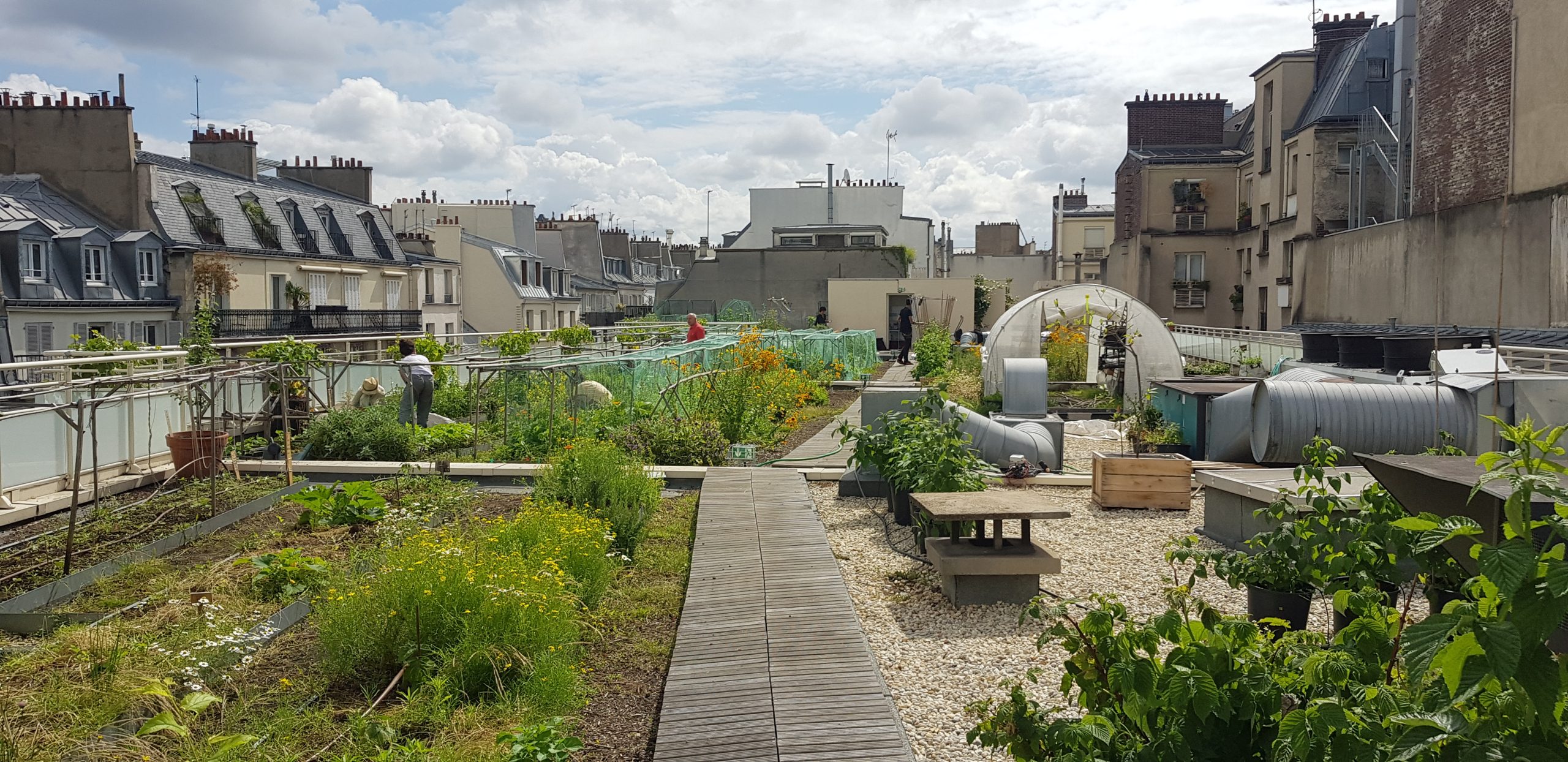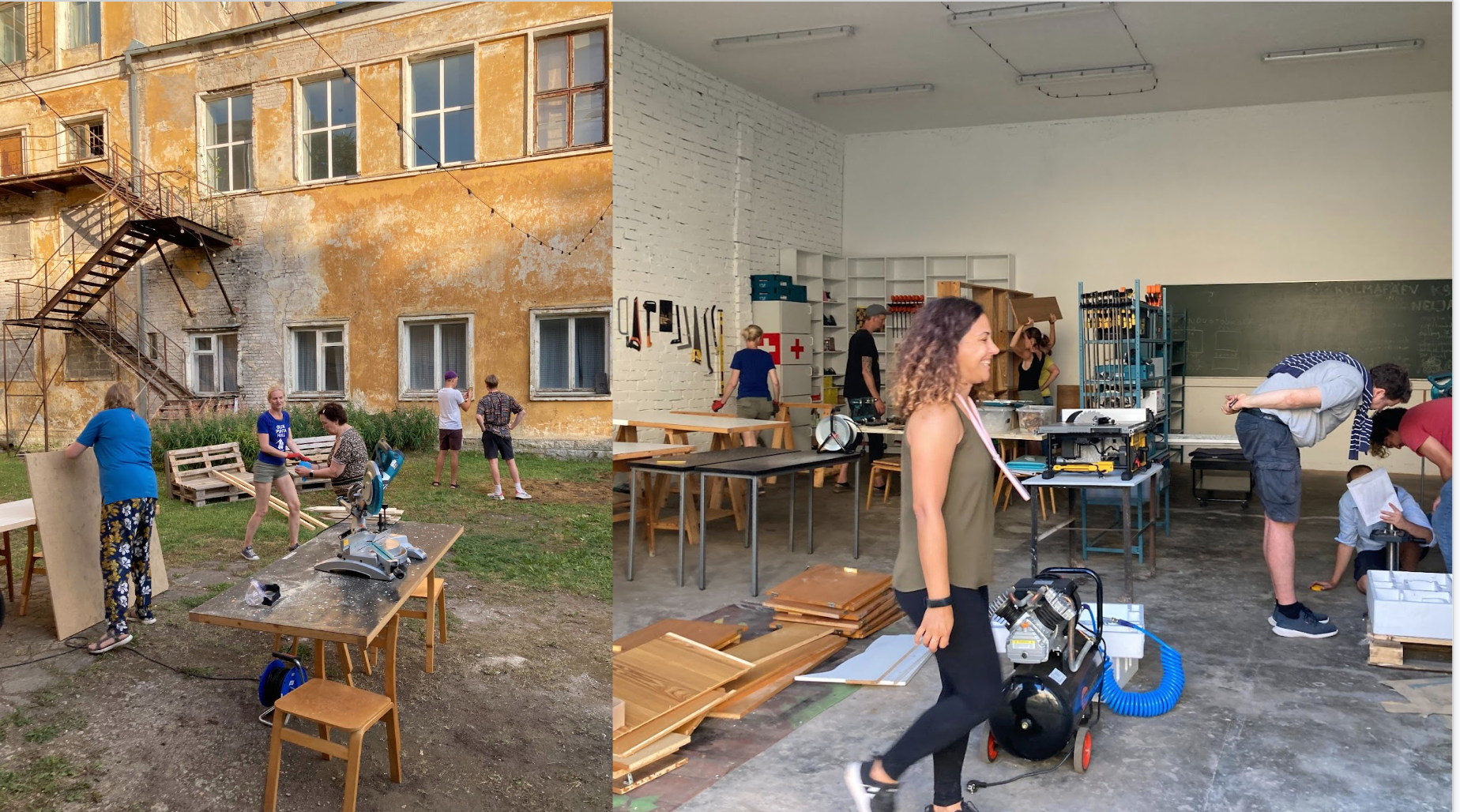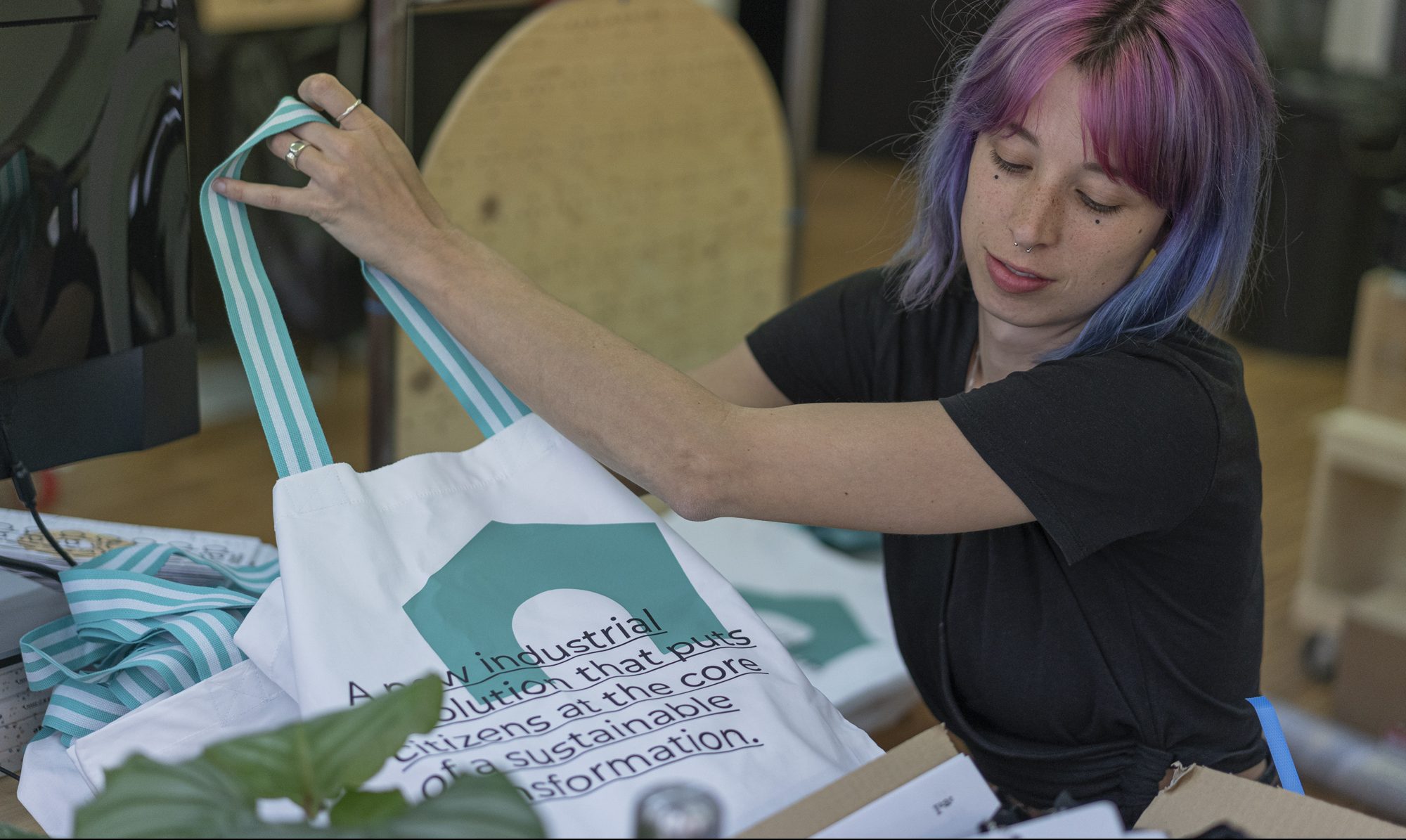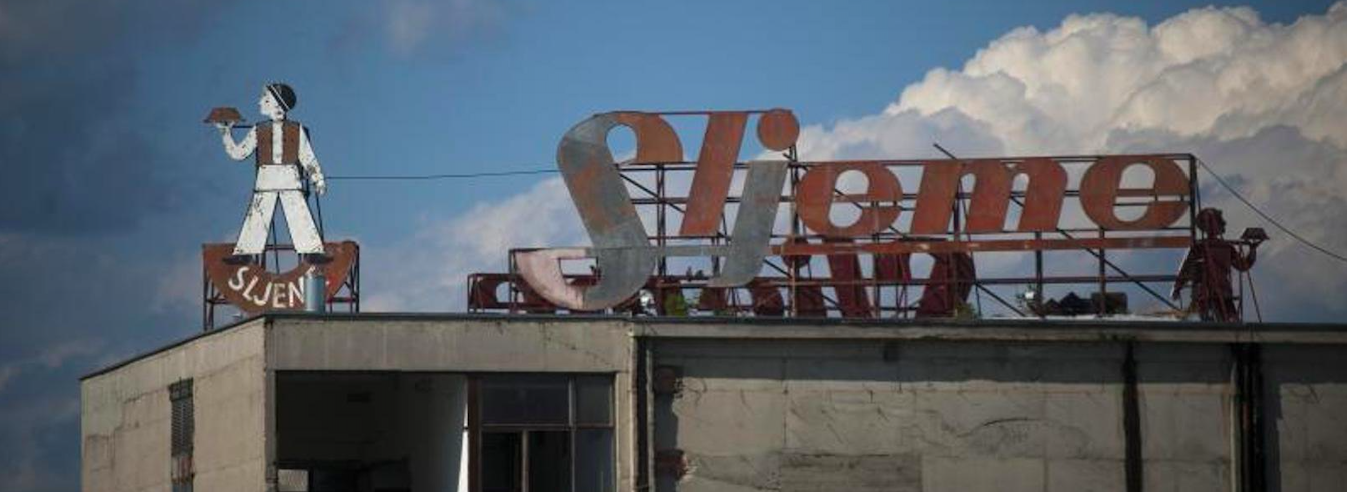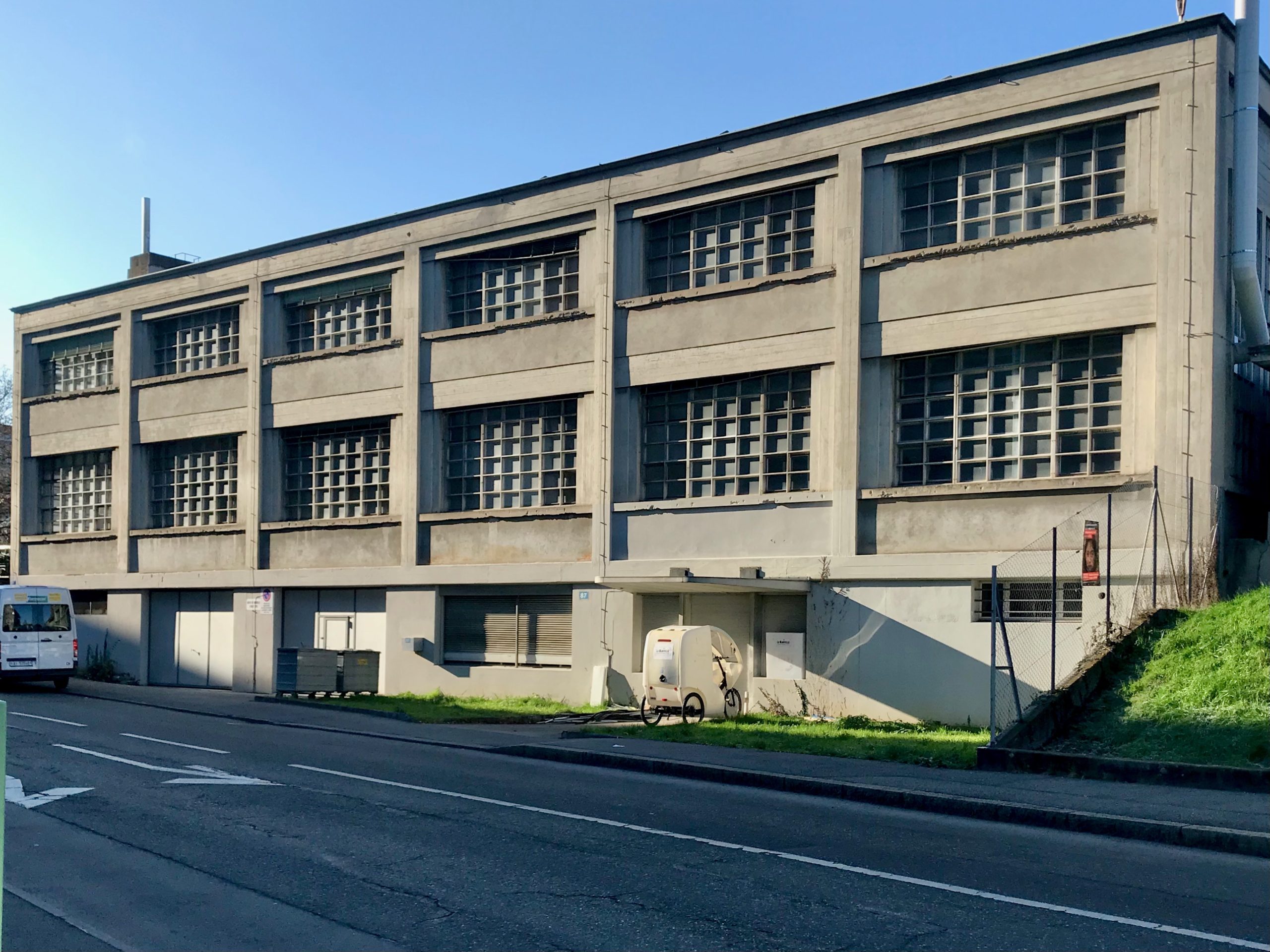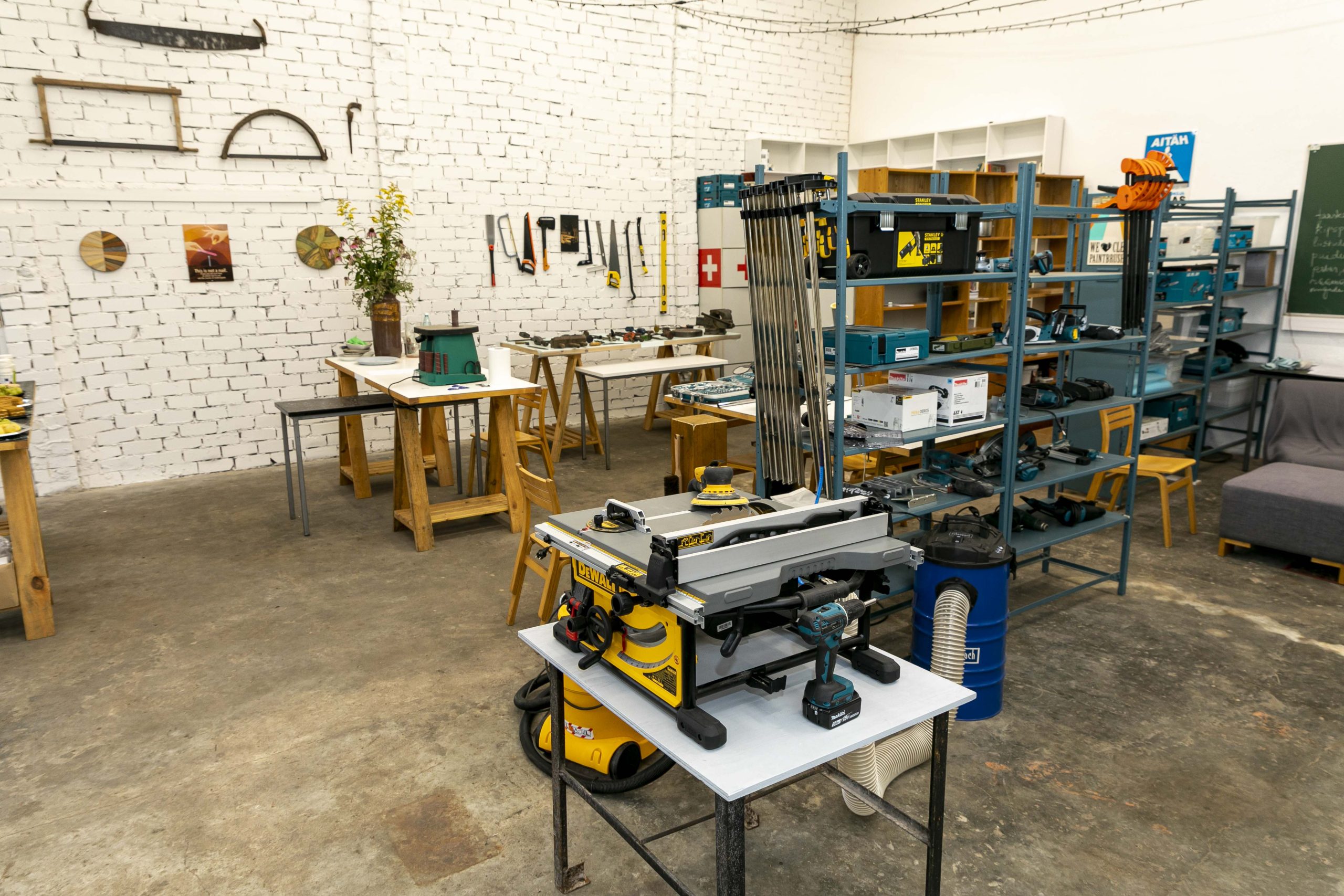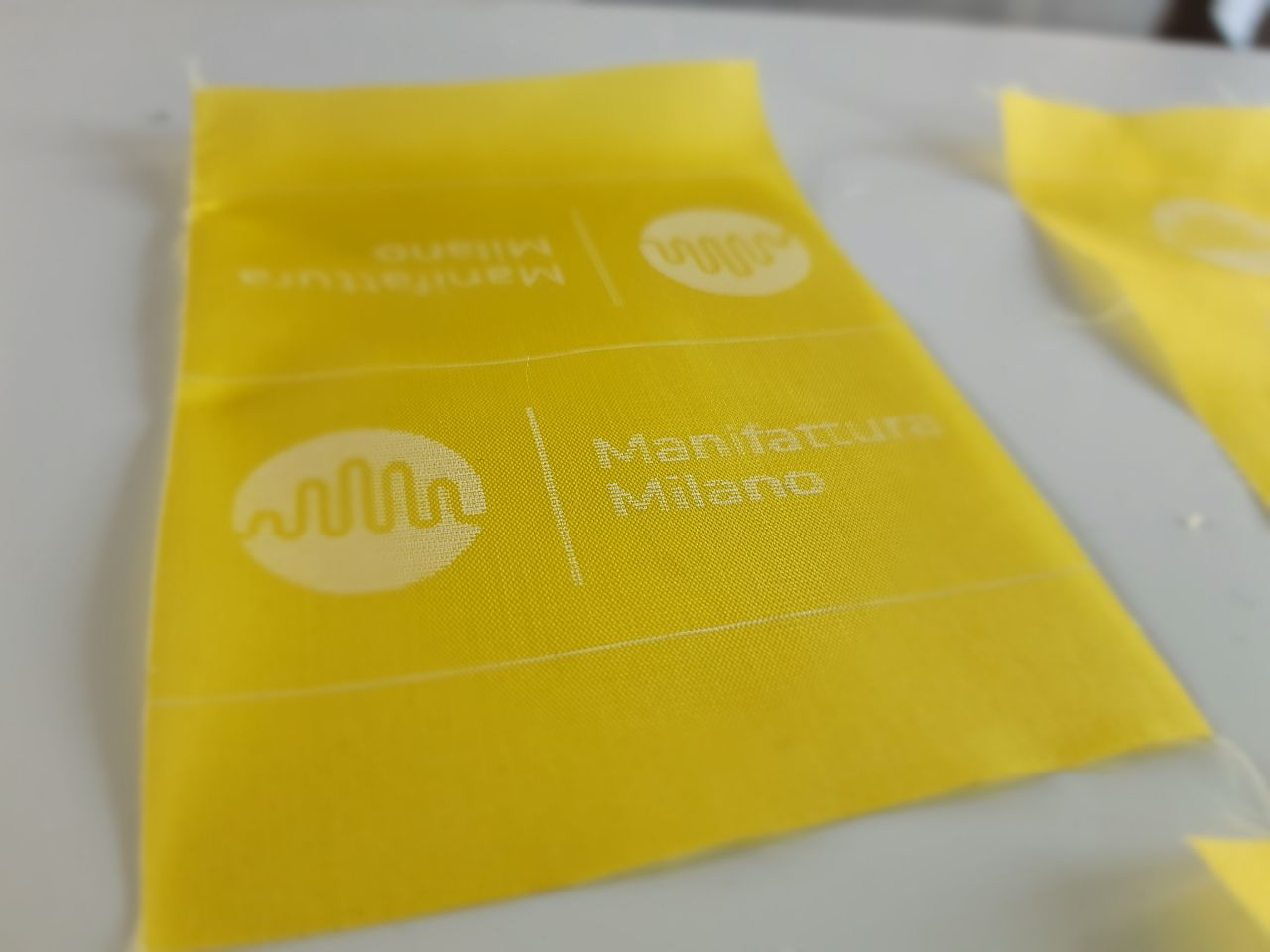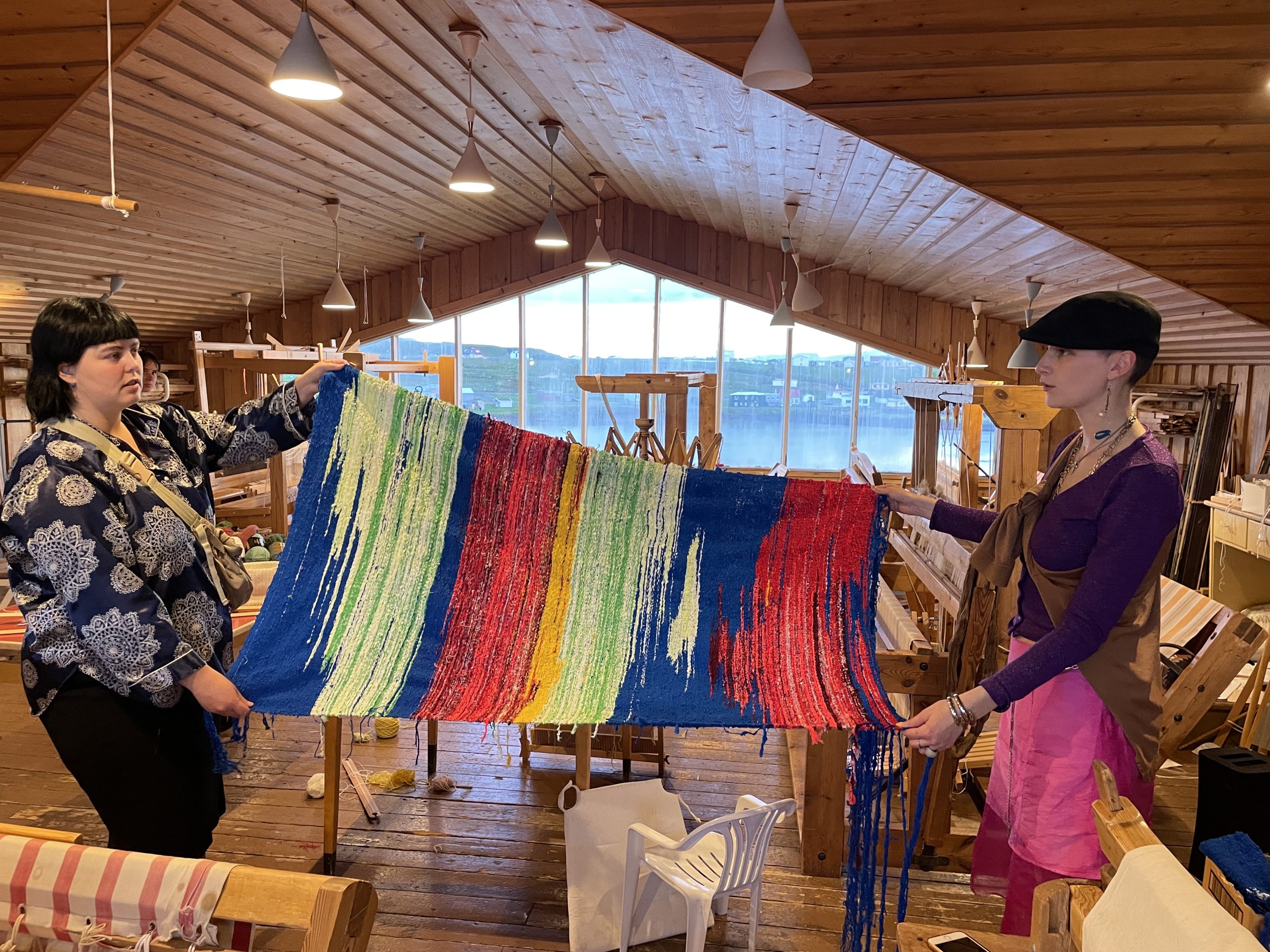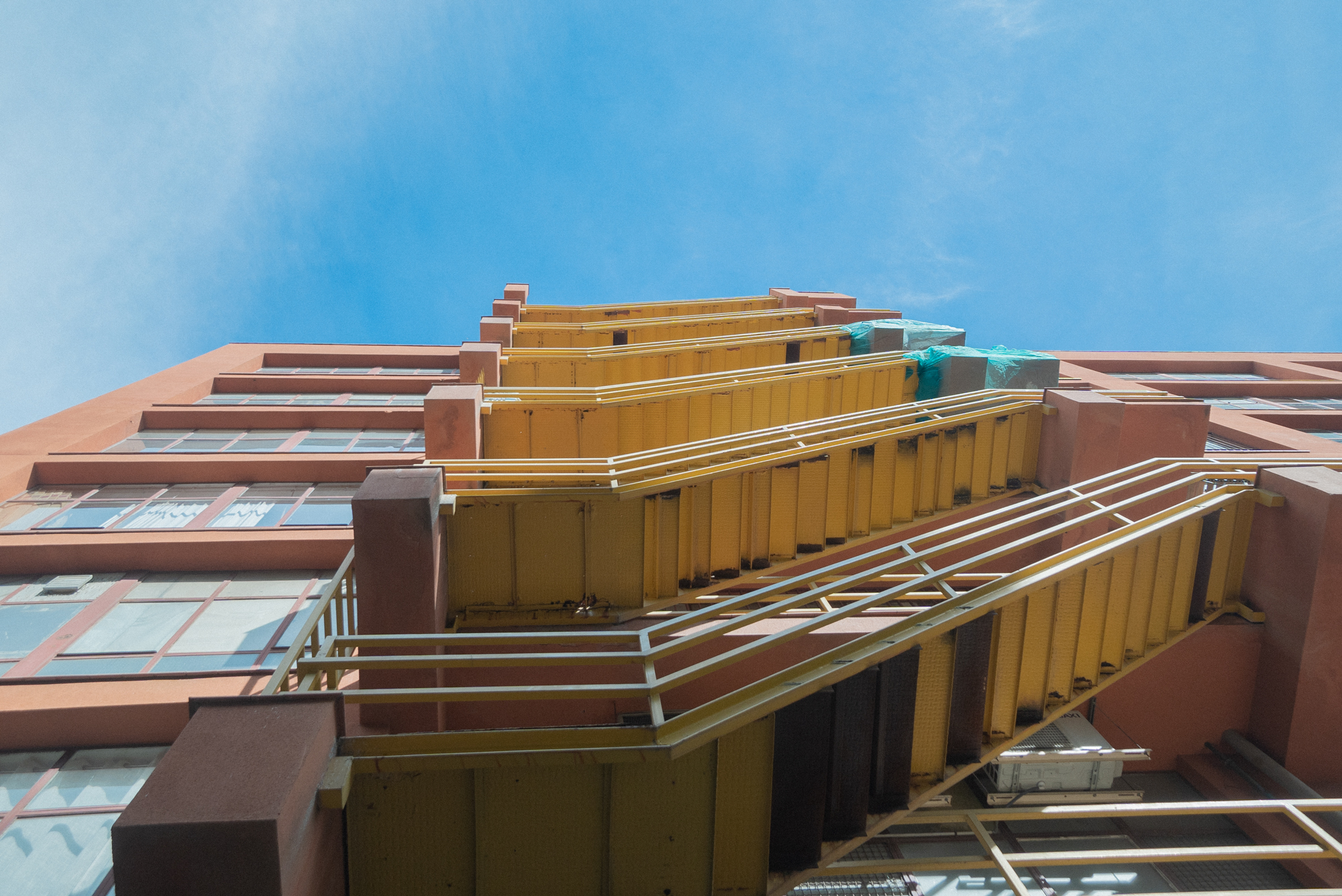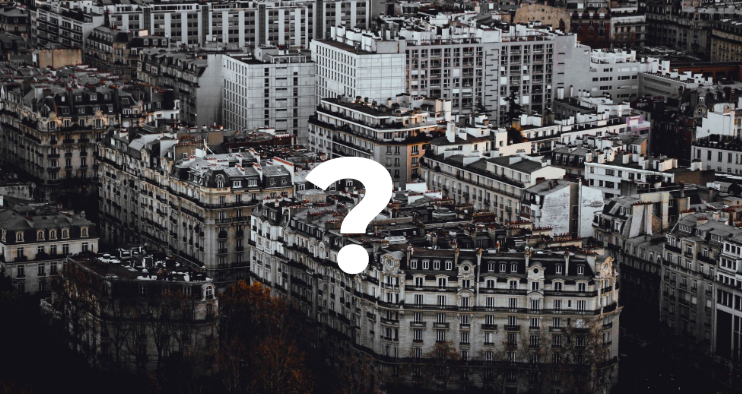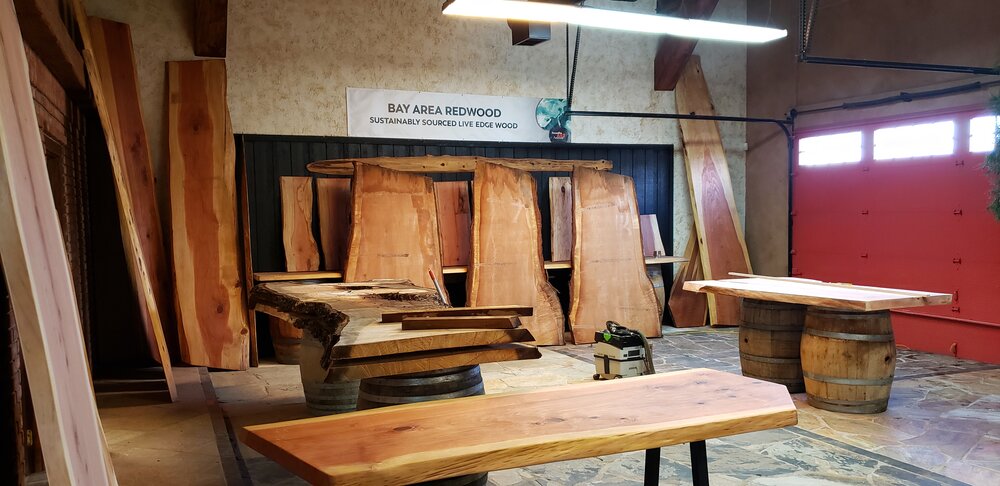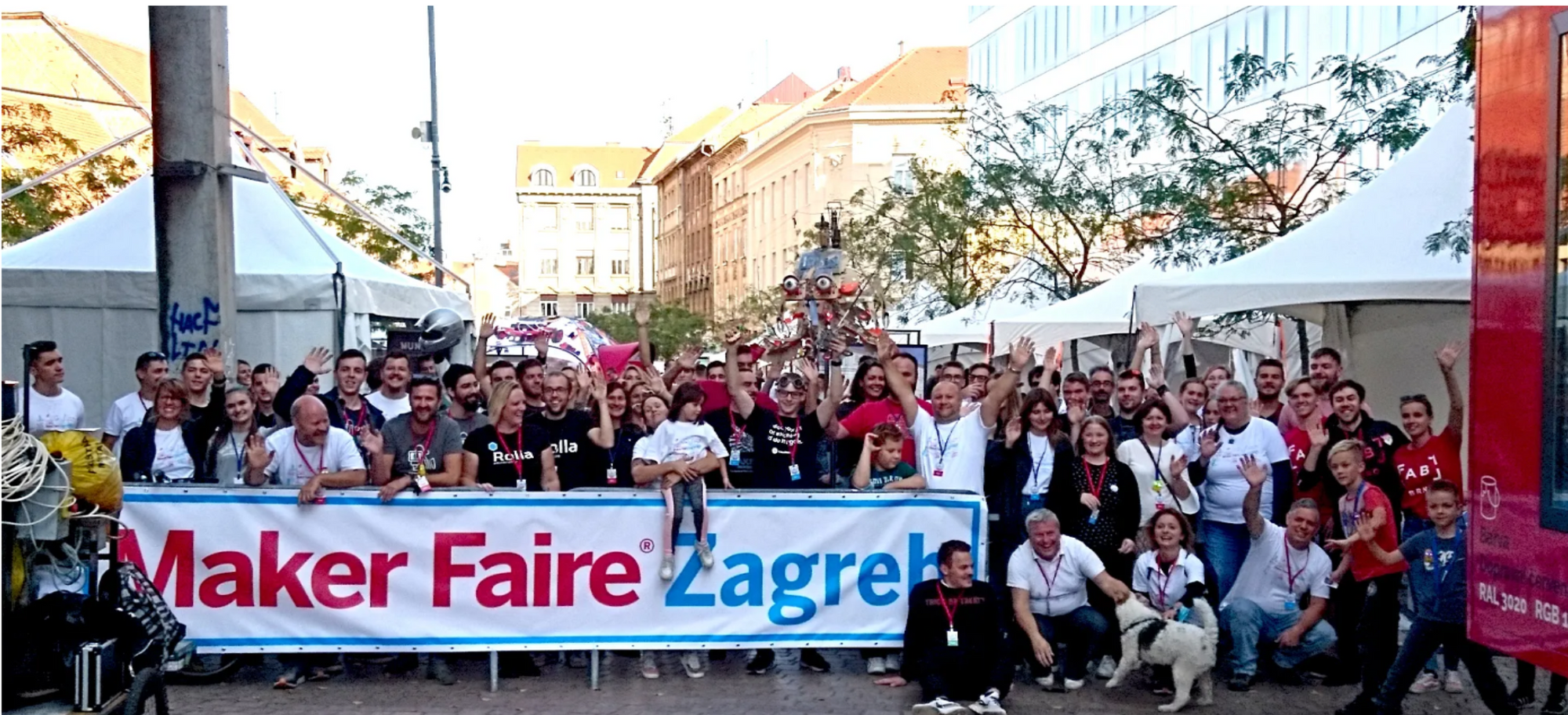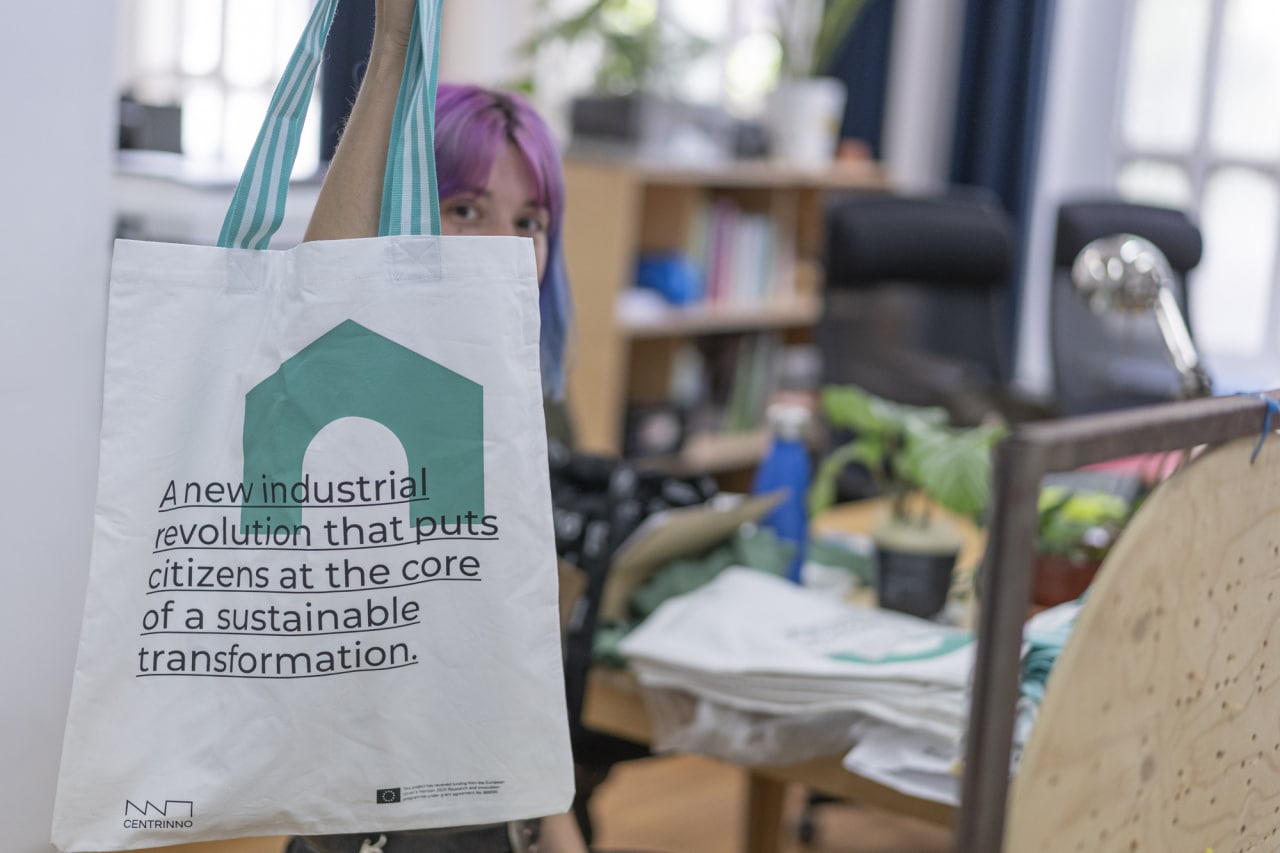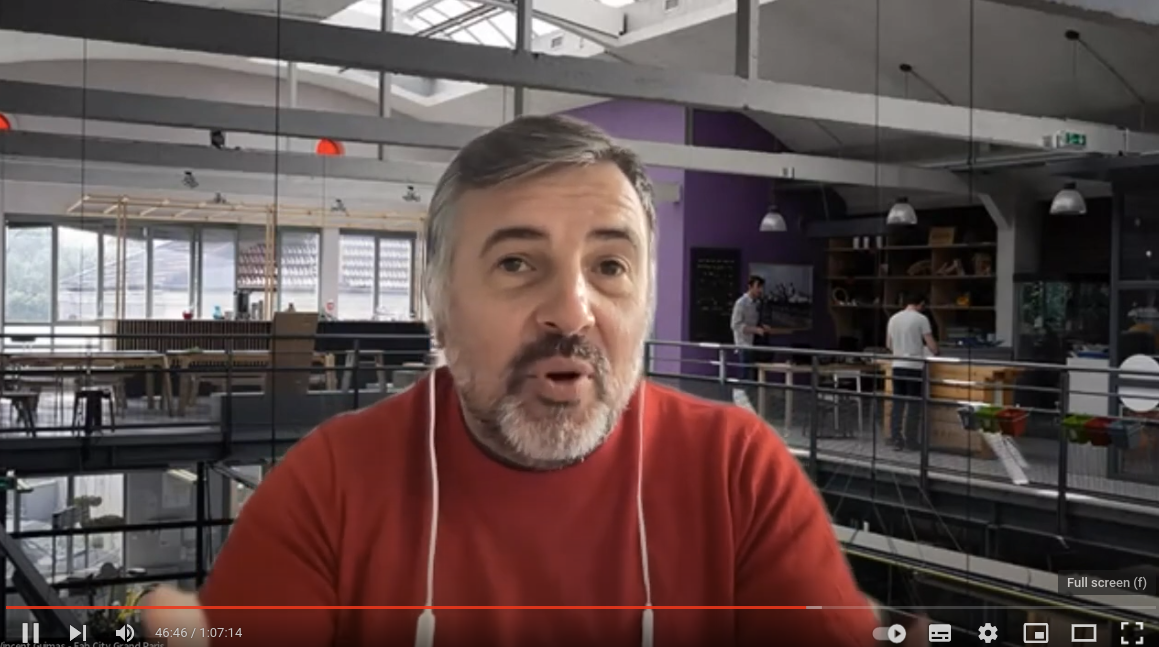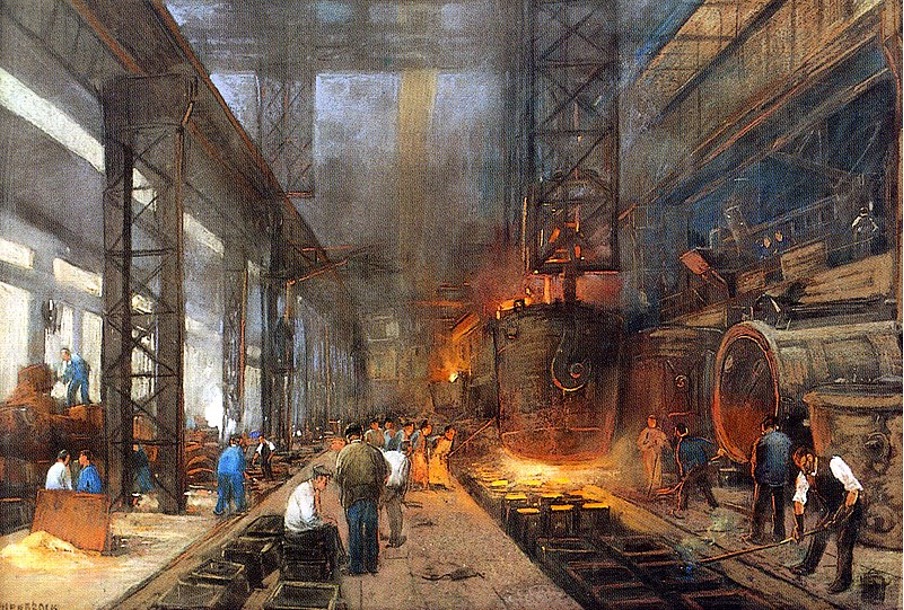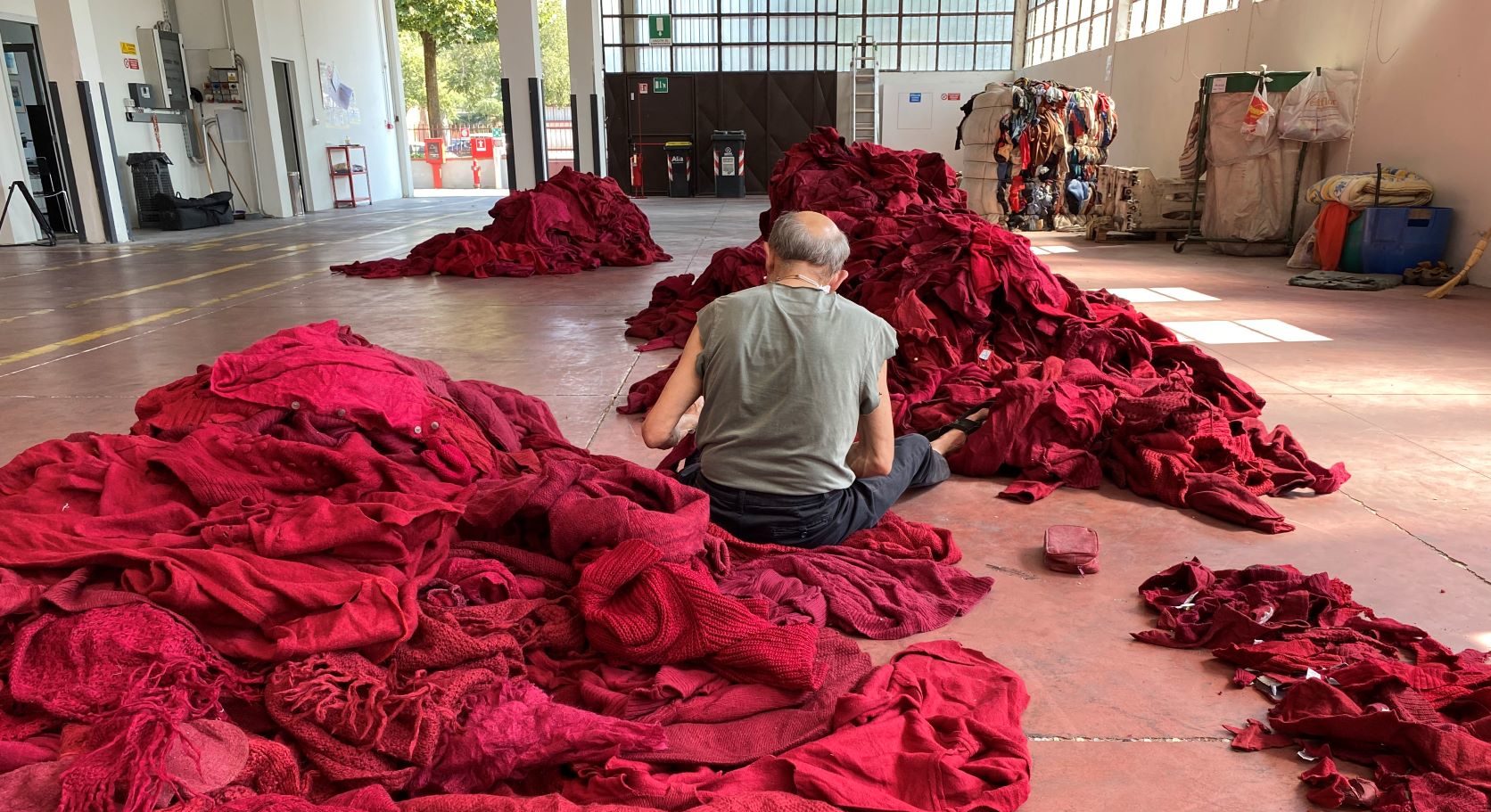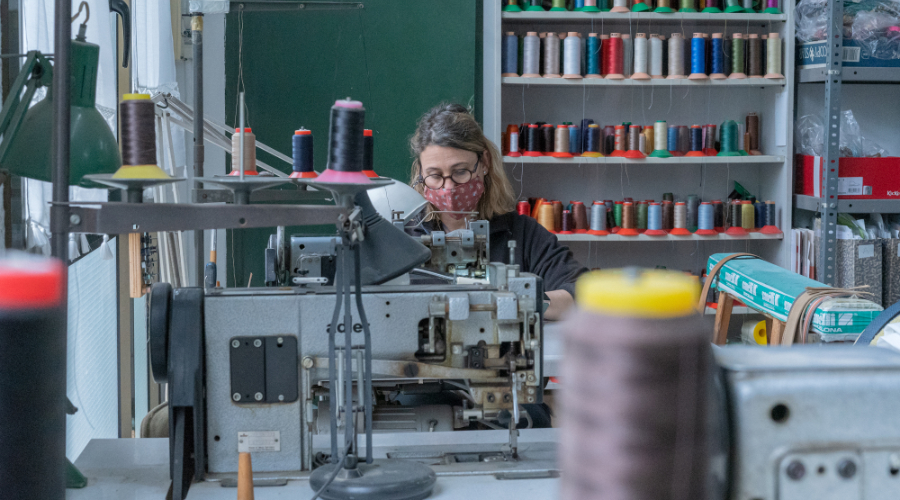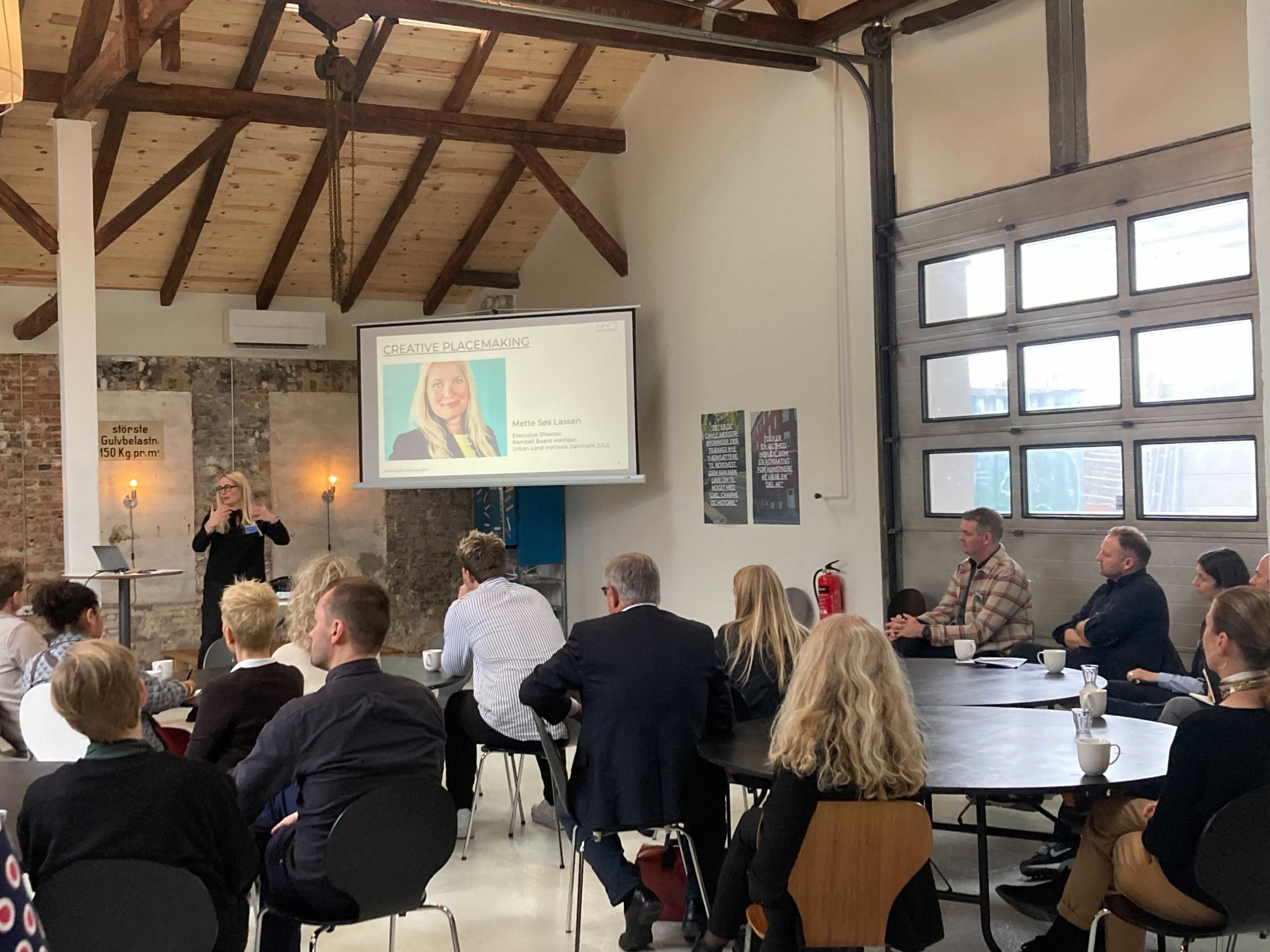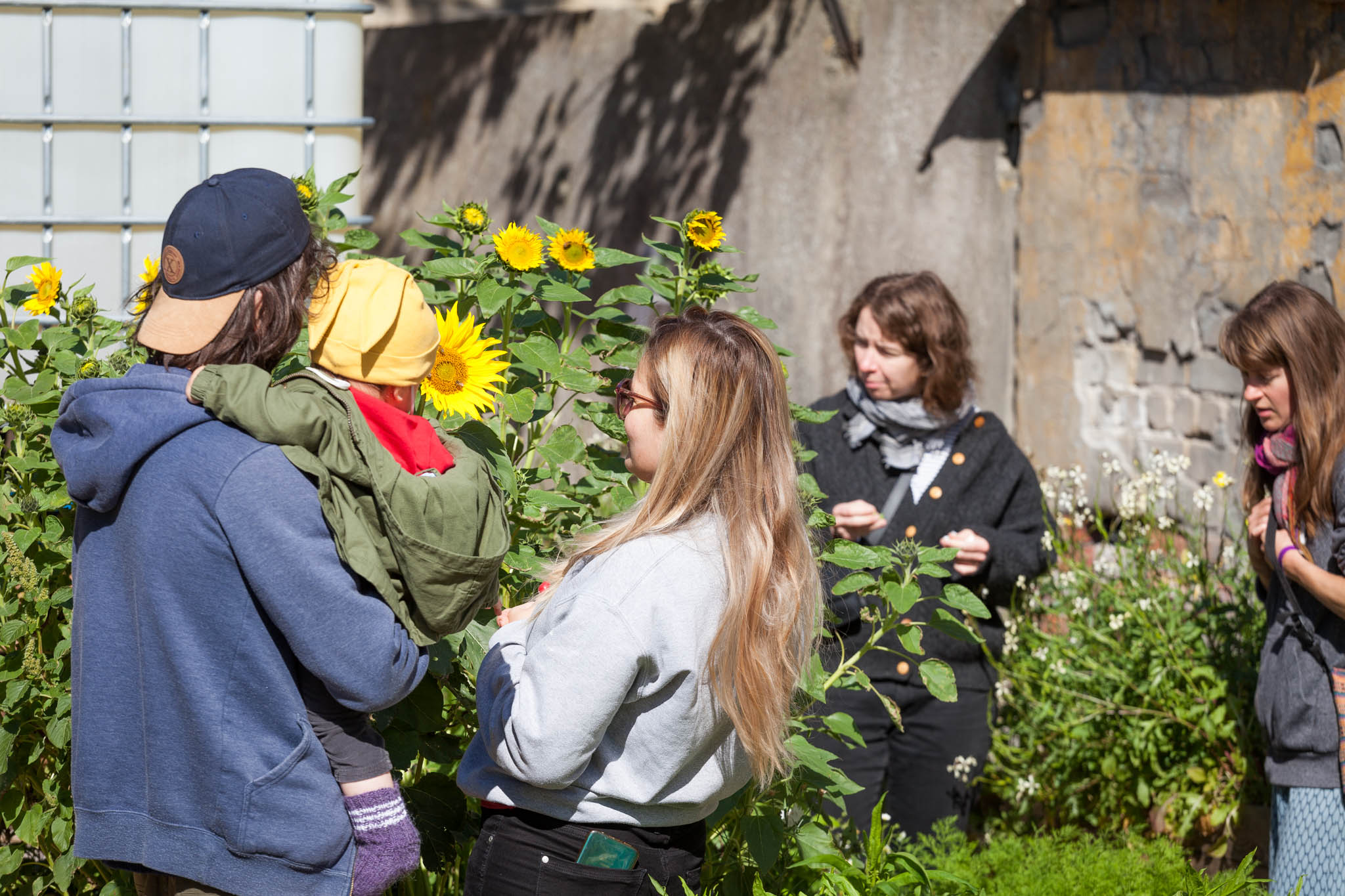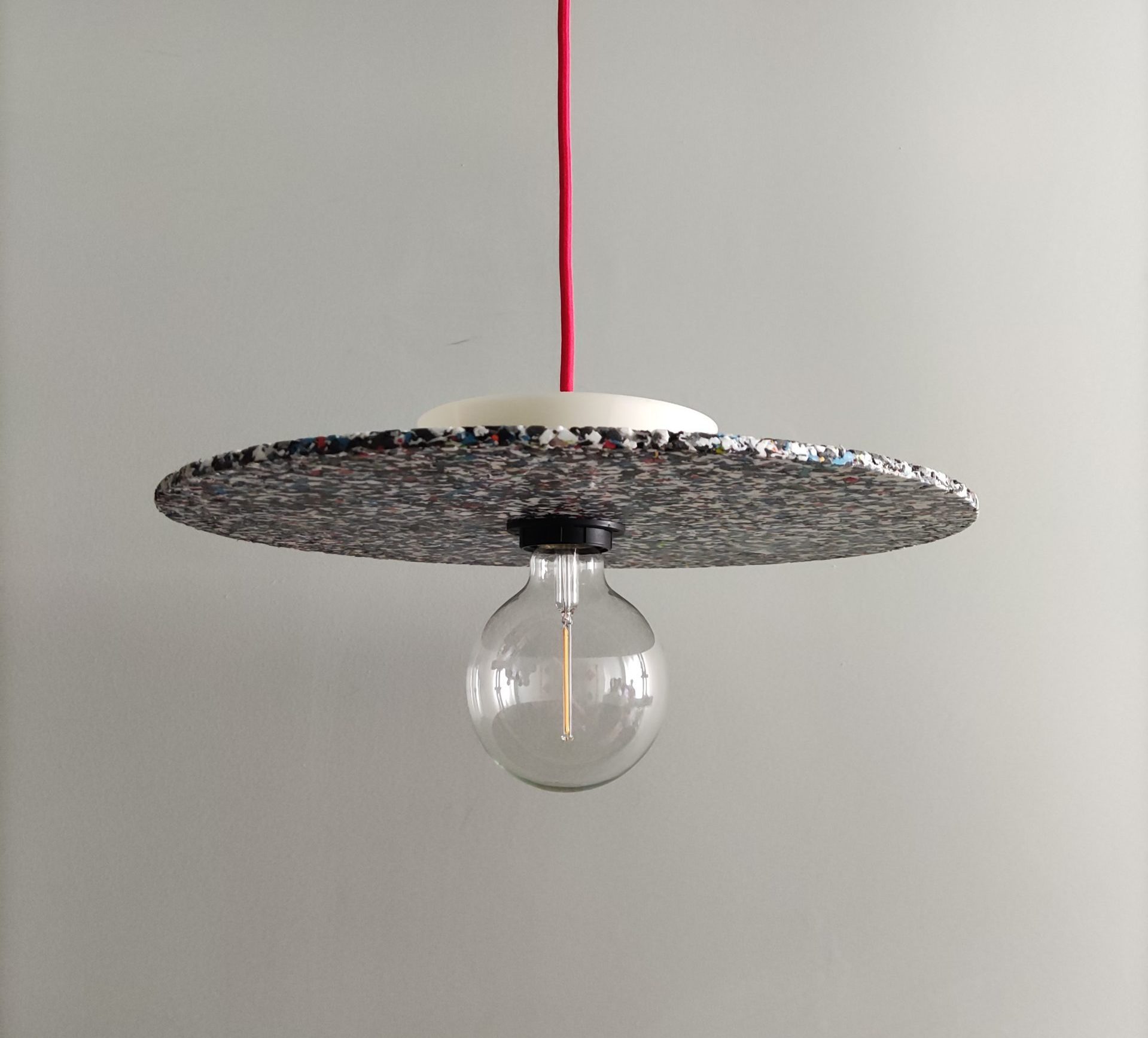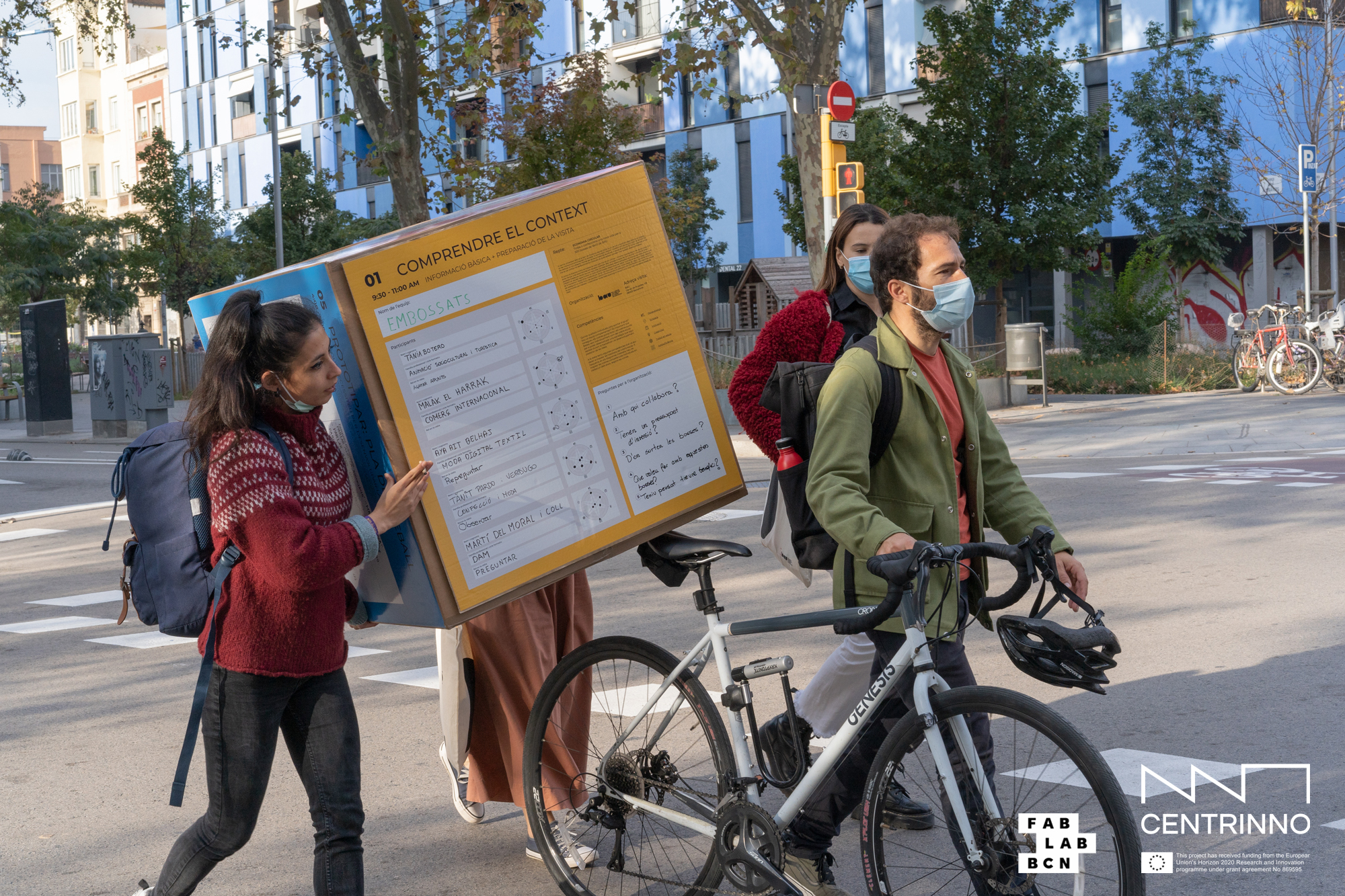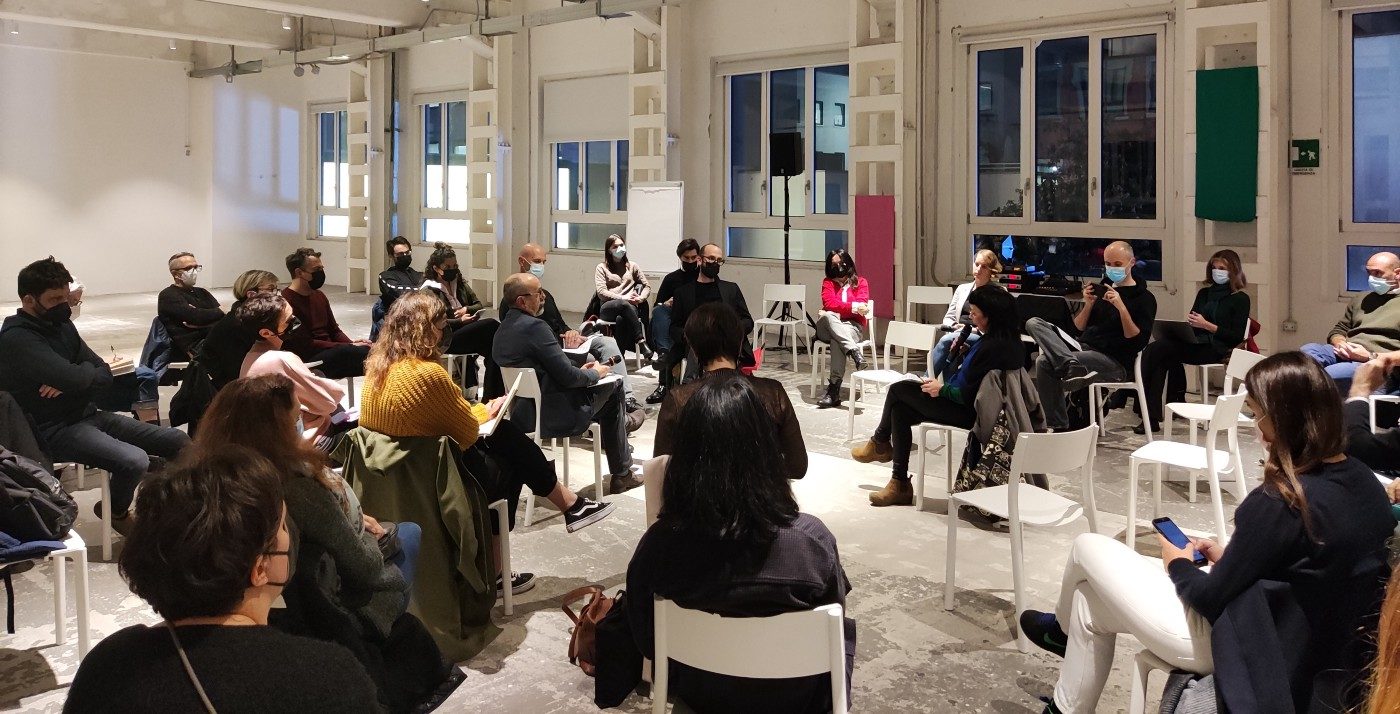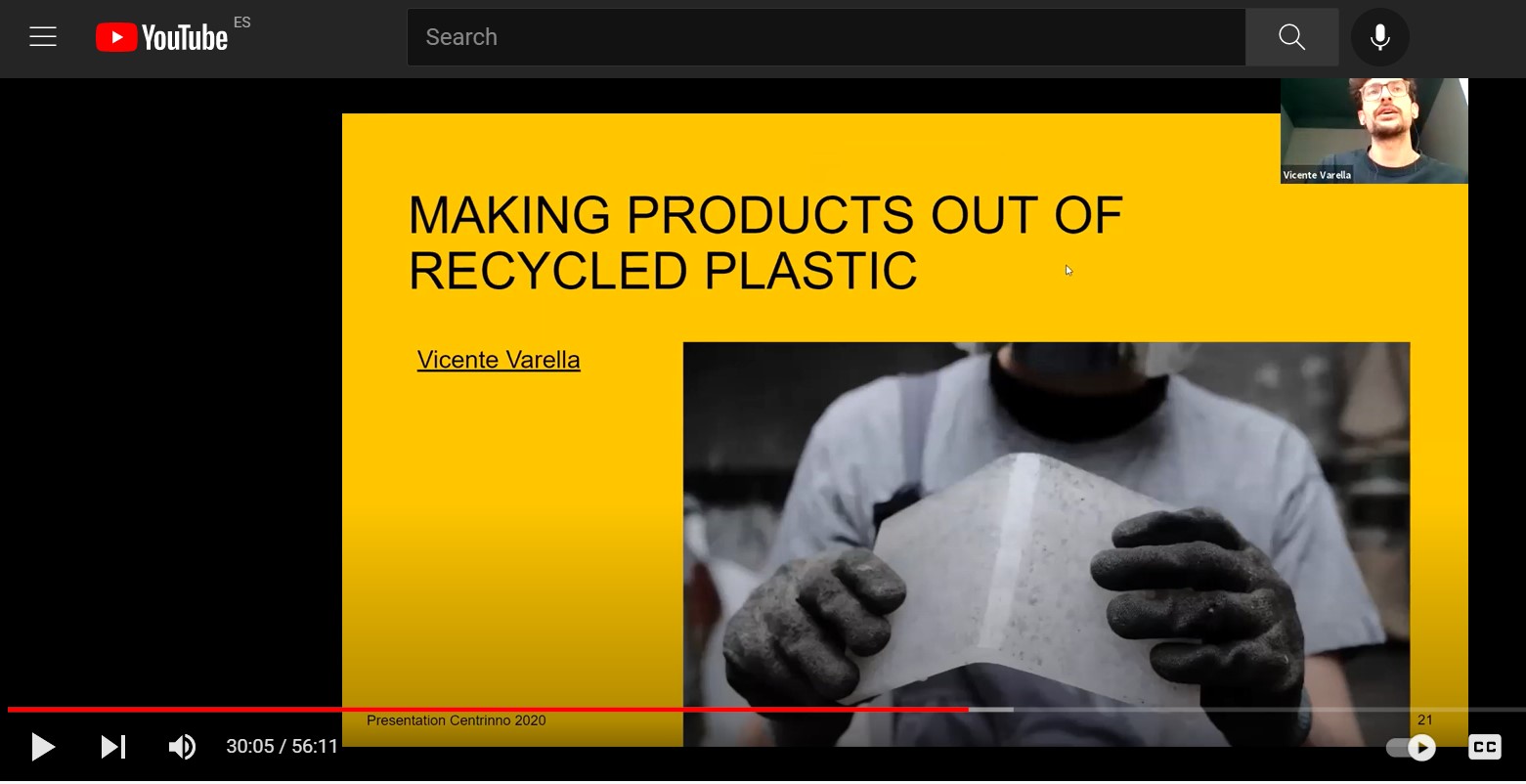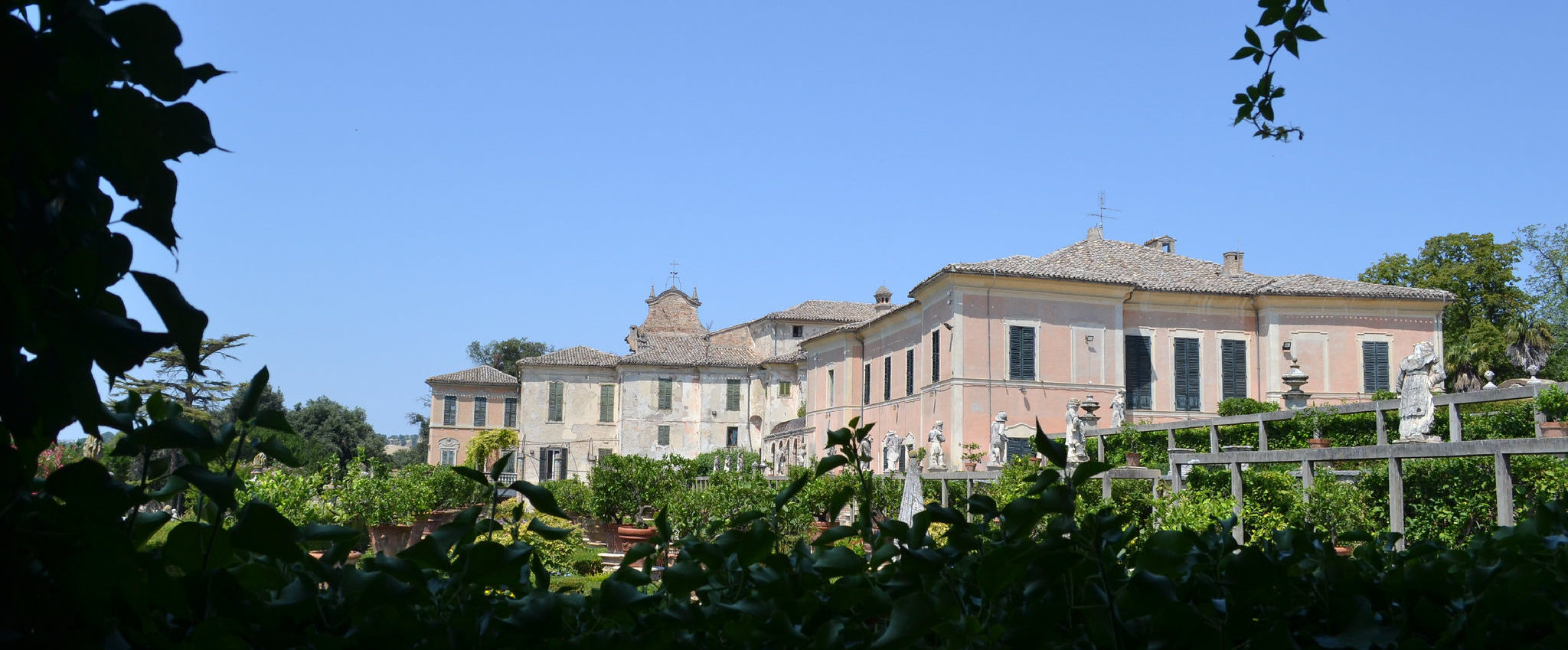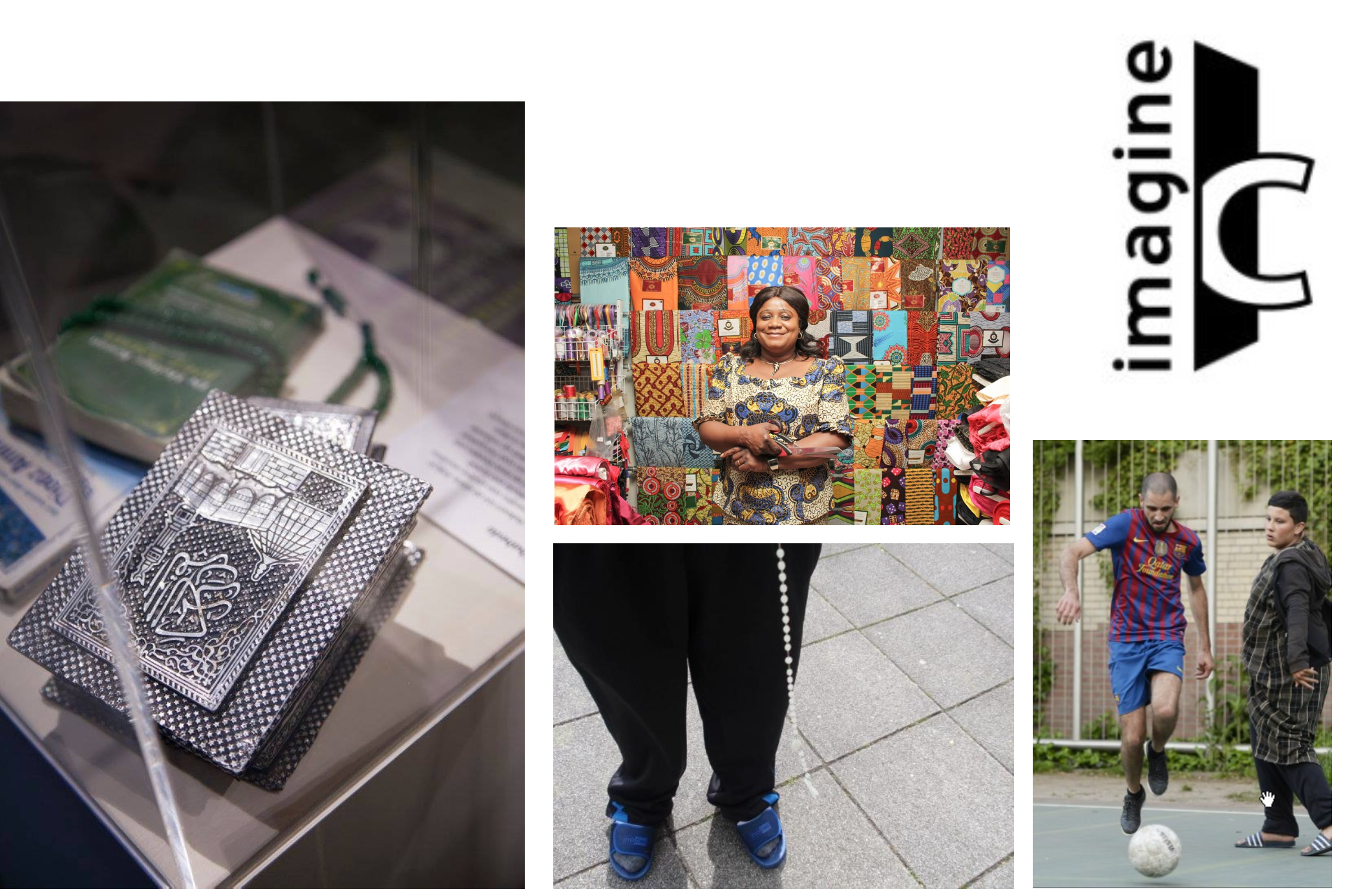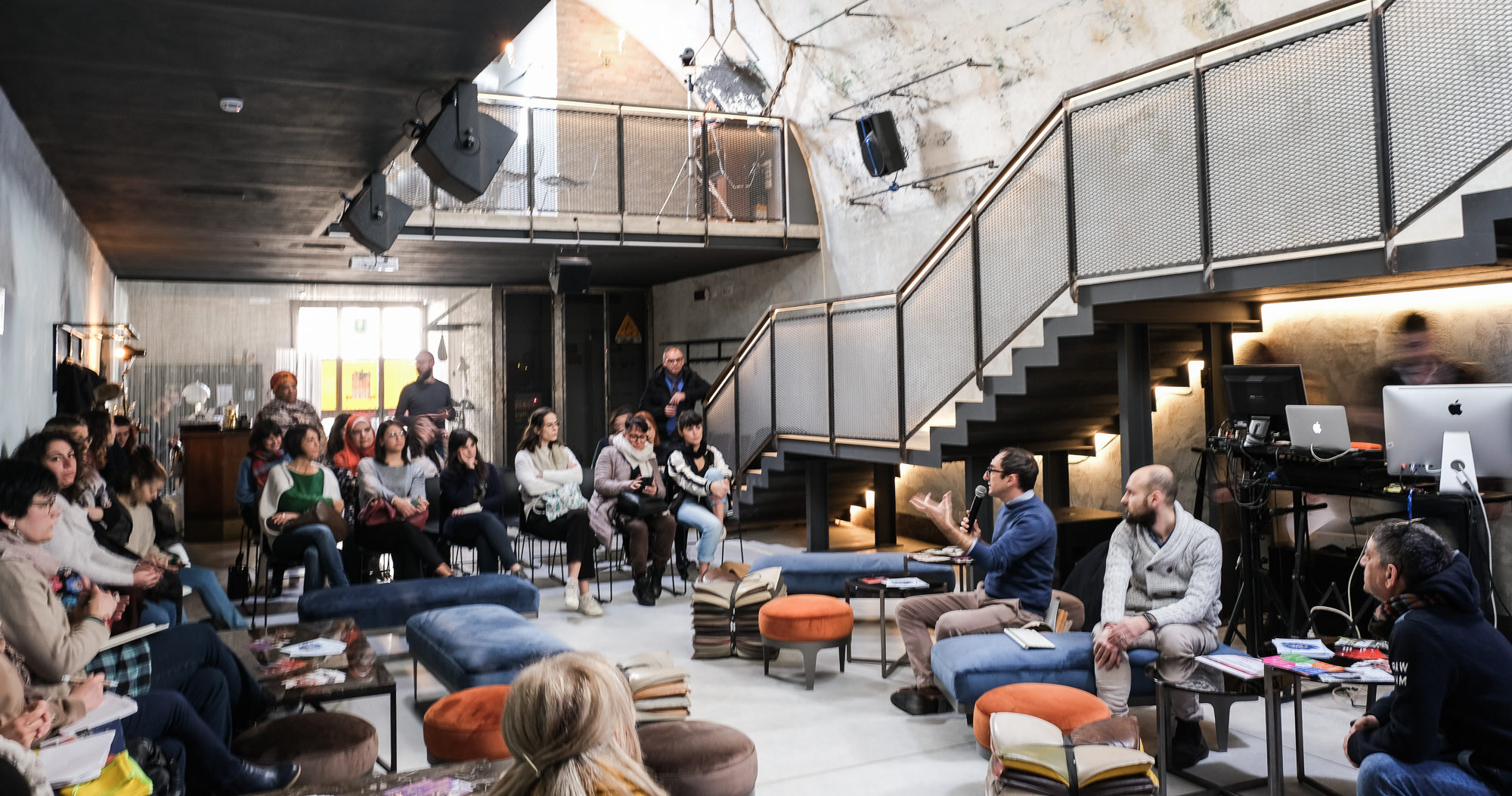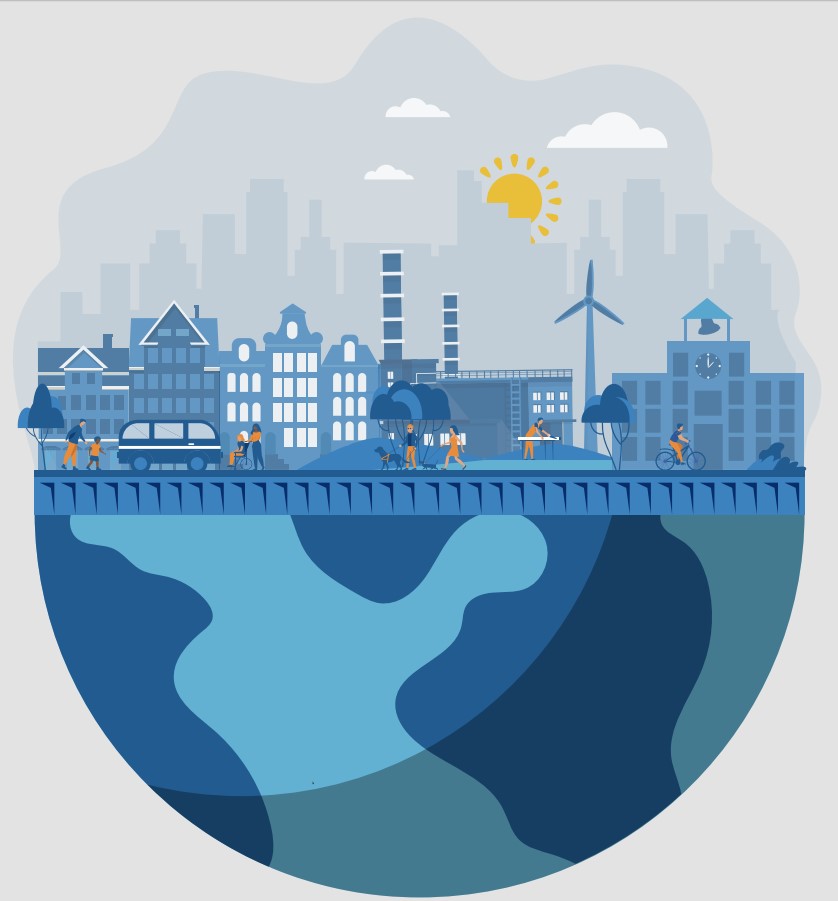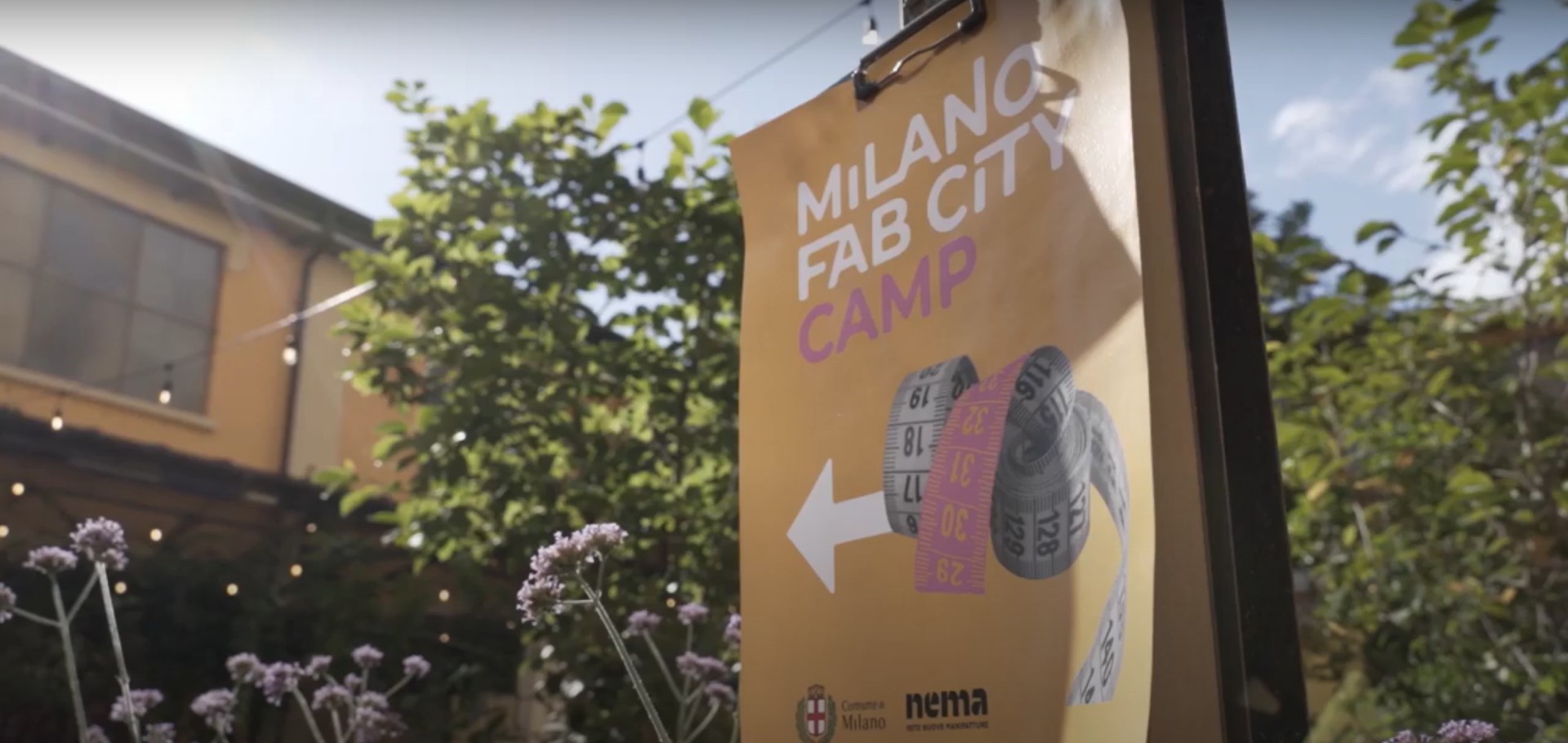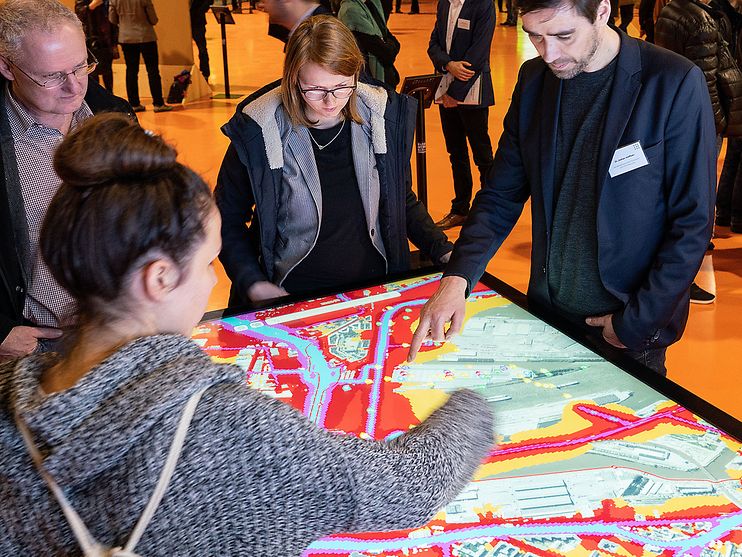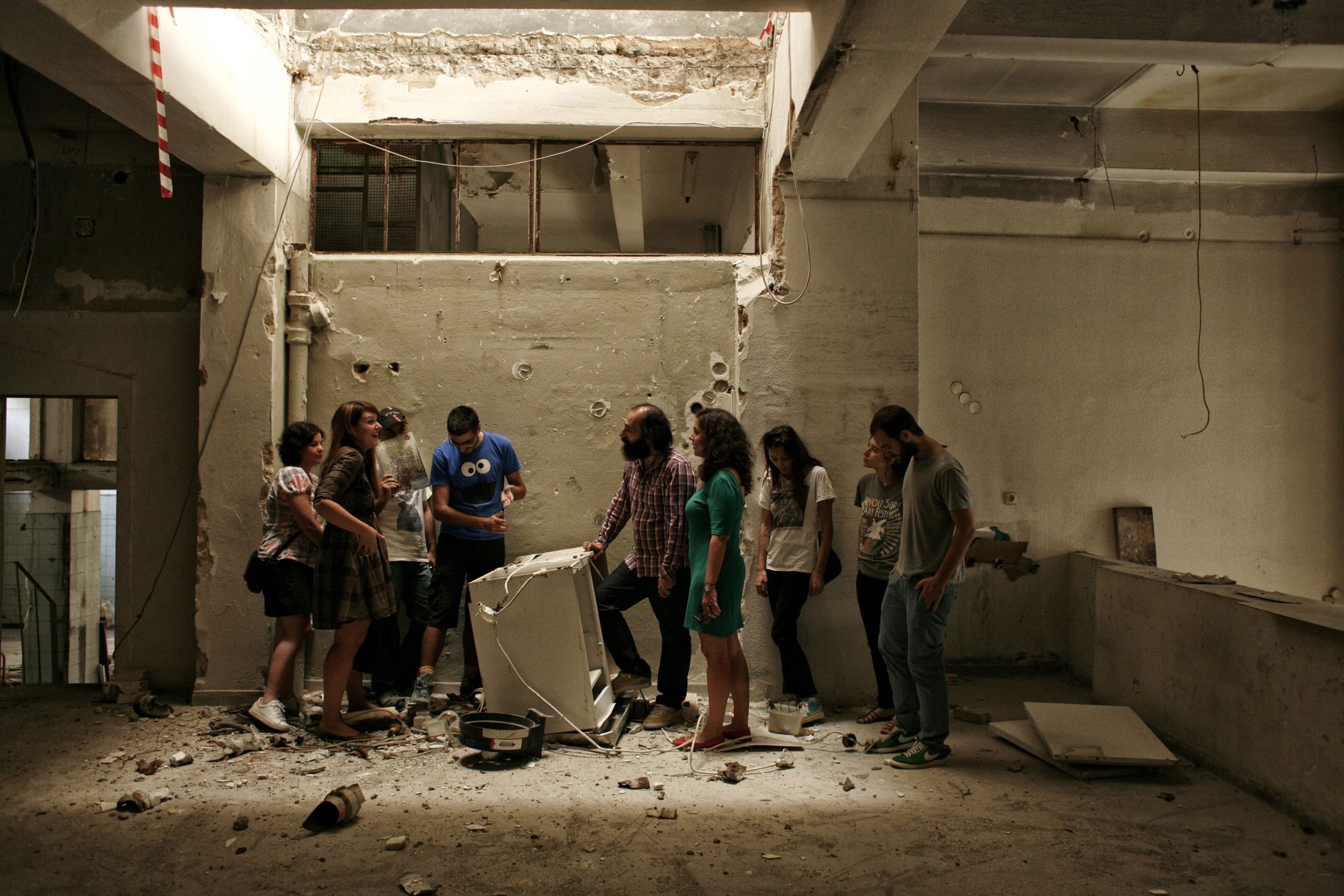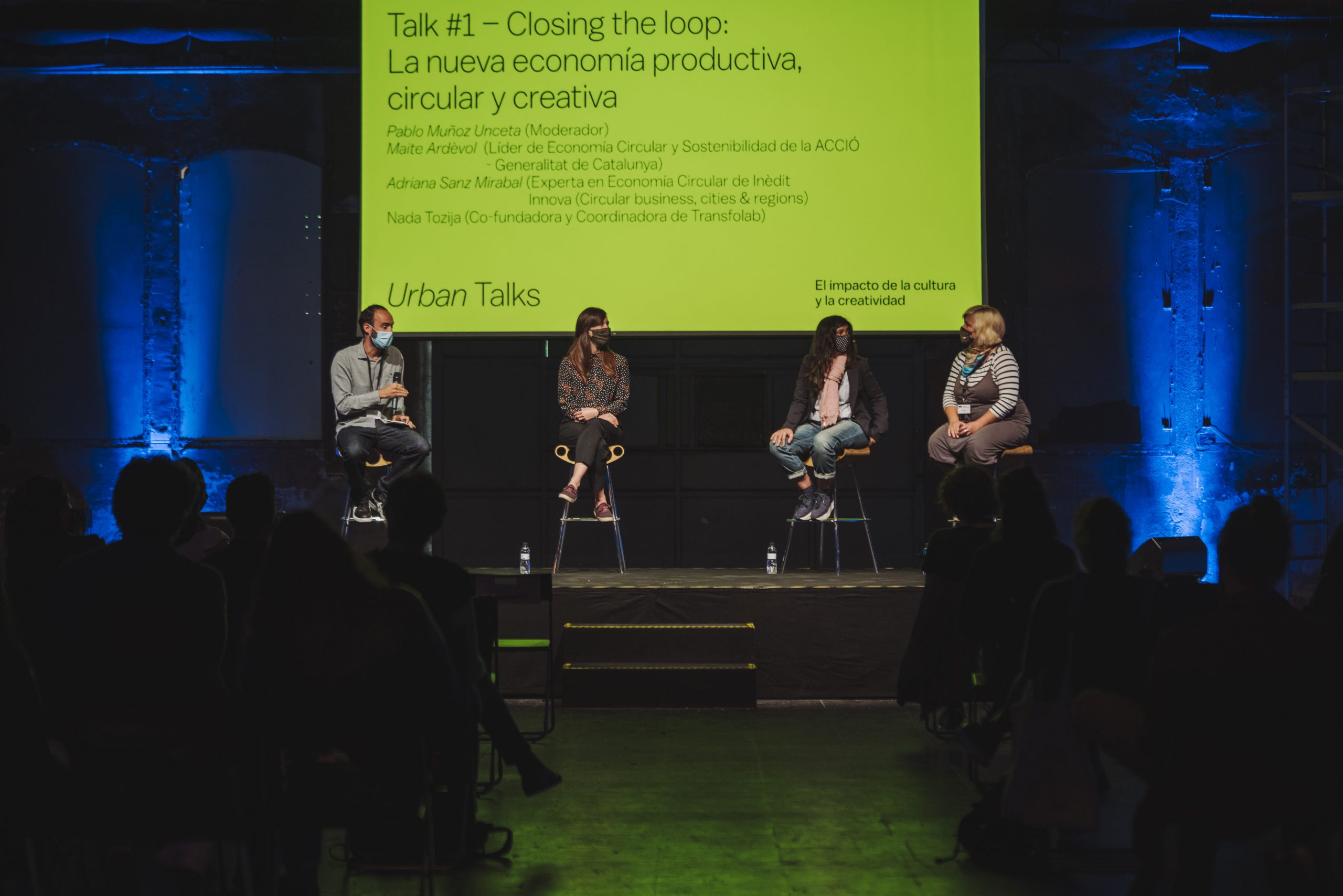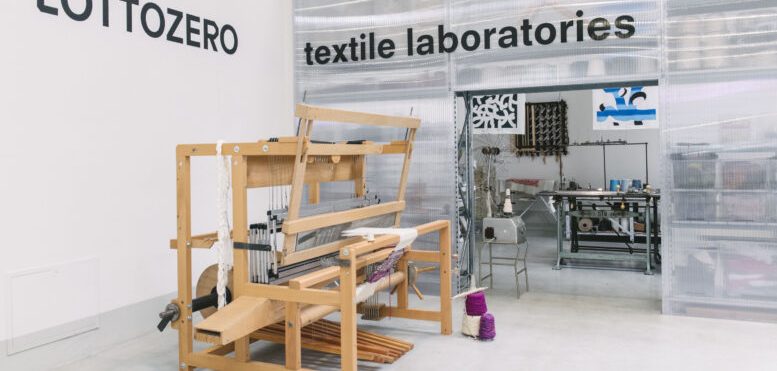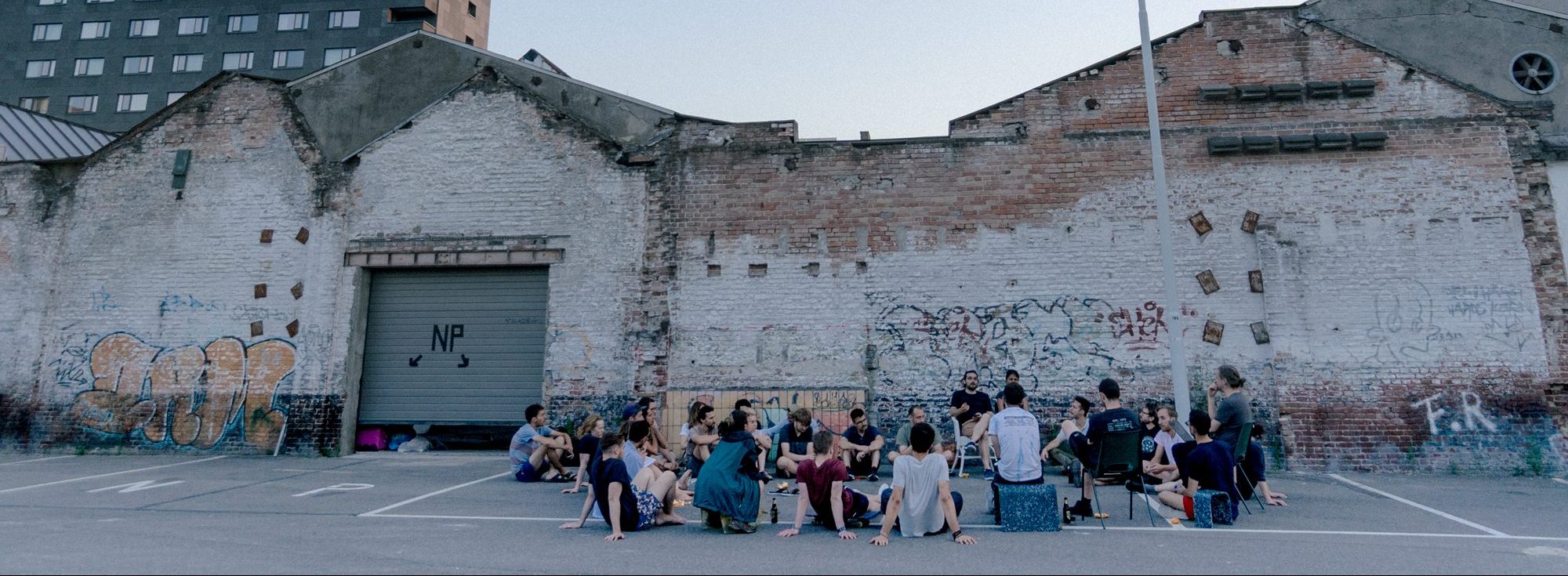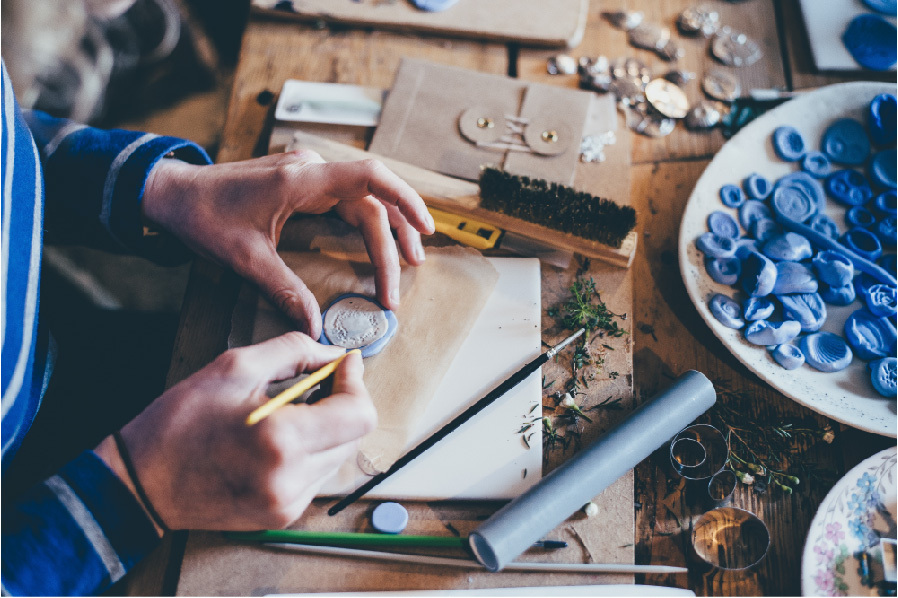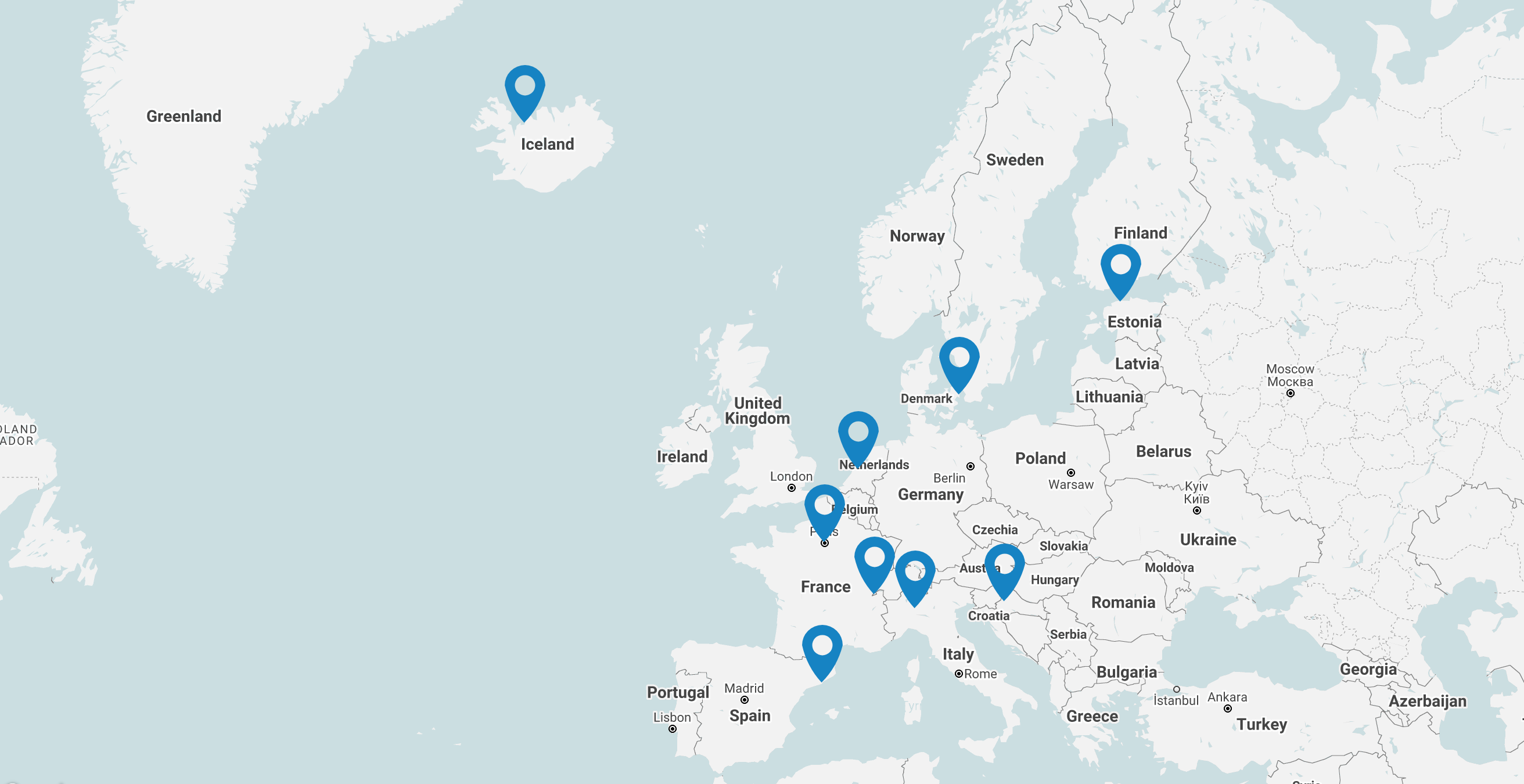BLOG
Tzoumakers: super small, super specific, super connected
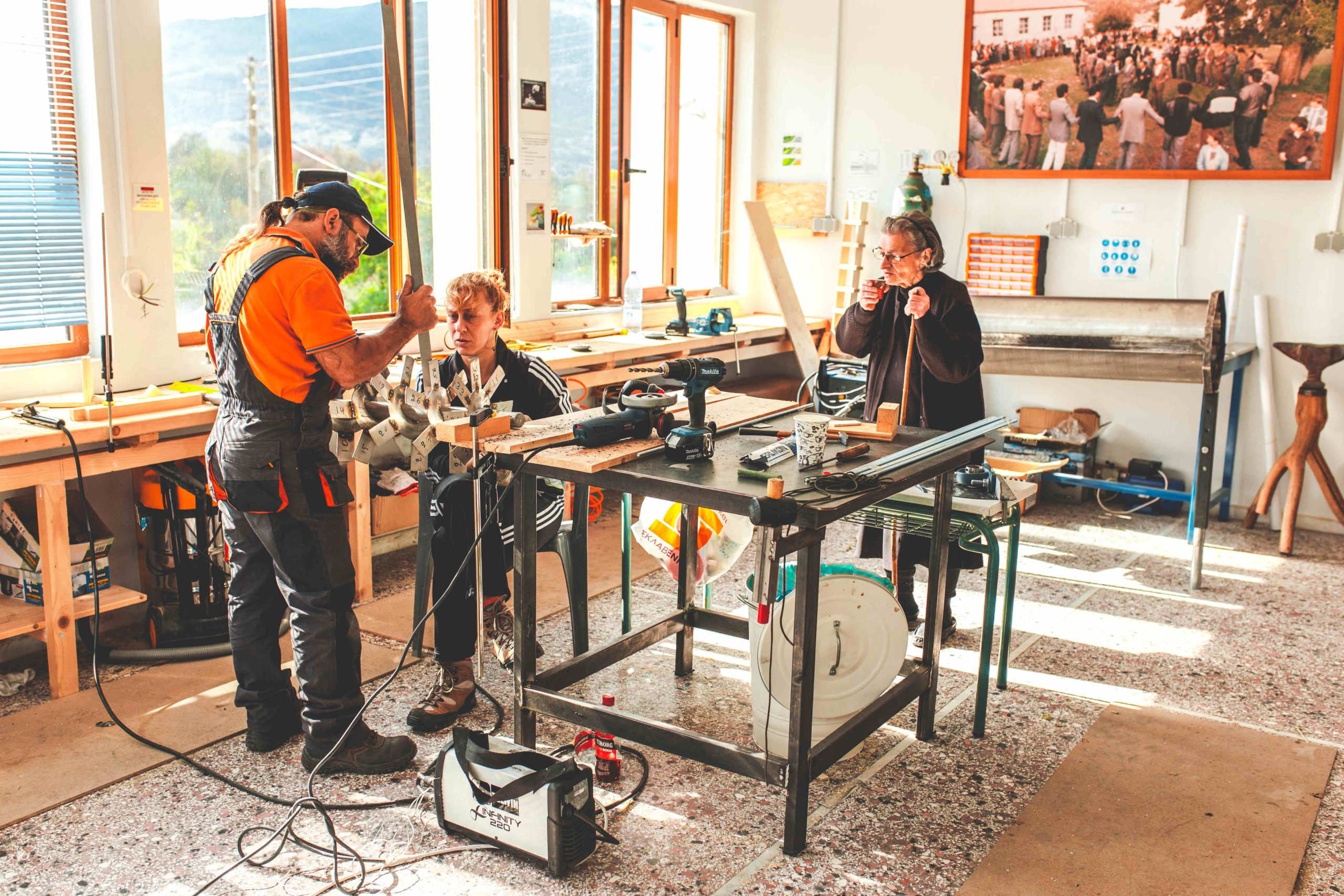
Figure 14 – The facilities of Tzoumakers.
Curatorial note: what is the hub about and why it matters
Tzoumakers is an open lab for communities to cooperatively design and manufacture tools for small-scale agricultural production, located in the region of Tzoumerka, in the cultural centre of the Kalentzi village in Ioannina, Greece.
Tzoumakers is an example of how a small initiative in an isolated location can achieve meaningful impact by grounding its activities on specific local needs while keeping a solid connection with global networks to share models, information and open-source projects.
The hub is located in Tzoumerka, a region of villages traditionally inhabited by farmers, animal breeders and beekeepers. Interestingly enough, the industrial revolution didn’t affect local productive activities at a great scale, since modern, industrial-scale machinery is either too expensive or can’t be operated in these mountainous areas. Tzoumakers’ open-source tools are tailor made for these kinds of small-scale primary production activities. This is an example of how hubs (especially rural ones located in small cities) can respond to highly customisable needs that might be neglected by the mass standardised production, allowing traditions and culture to be conserved and to evolve with contemporary tools.
Tzoumakers share their facilities in the spirit of co-manufacturing tools together with the local community; beside that, Tzoumakers also focus on sharing with the community the knowledge gained from the whole process of manufacturing, by documenting the process and thus creating a virtuous loop of knowledge and production.
Focus on two CENTRINNO criteria
Tzoumakers and Circularity
The “design global, manufacture local” model that Tzoumakers community practice and research is described by the P2P Foundation as “a production model that focuses on localized production settings via a network of distributed makerspaces. It builds on the convergence of global digital commons (i.e., knowledge, software, and design) with local manufacturing technologies, by taking into account the surrounding biophysical conditions. The reduction of transportation costs and the expected low environmental impact of locally produced solutions are considered as significant benefits of this model.”
This approach allows to create small, regional loops of production which facilitate the reduction of carbon emissions as less goods are moved around the planet, but also foster the repair and recycling of tools and pieces. In the specific case of Tzoumakers, this model allows for reduced raw materials transportation because tools are made locally.
In fact, since users have taken active part in the design, brainstorming and fabrication of their own tools, production costs are significantly reduced and the tools are easier to repair, allowing farmers to have an overall control of the technology they use in their everyday activities. Repair activities for the tools are hosted regularly in the makerspace when the need arises.
These principles resonate strongly with the values of the circular economy of the Fab City Global Initiative, previously presented in this report.
Tzoumakers and Inclusion
Inclusion is a core value at Tzoumakers. Educational activities and events mix audiences with different backgrounds, such as farmers with program developers and wood workers with architects. Activities also encourage the participation of groups that are not so well acquainted with technology such as old farmers and rural workers.
Epirus, the region to which Tzoumerka belongs, is suffering from significant population decline and has the second highest long-term unemployment rate in Europe. Tzoumakers contributes to making agricultural activities in Greece a more accessible and viable option by supporting farmers in being more resilient and innovative.
The high specialisation of the hub on rural activities in mountainous areas makes the open- source approach also relevant, in which the design blueprints and the documentation of each one of the tools fabricated are shared online with other communities in different regions of the world who face similar needs. In that sense the hub functions as an interface between the local and the global community, which have led Tzoumakers to the organization of international events to gather this global community with a specific program and agenda.
Highlighted event: Cultivating Open-Source Agriculture
Events can play a major role in activating and nurturing the community of the hubs, up to the point that in some cases hubs operate as event organisers and producers, with their business models directly relating to these aspects.
This is particularly true for rural or isolated areas, as in the case of Tzoumakers. Those locations do not have large populations that allow the hub to benefit from a local flux of visitors, meaning that it can be challenging to attract a wider audience. Being the local population limited, events can function as calls for new community members coming from other locations, travelling because of the specificity of topic and expertise that hub can offer. This is what Tzoumakers has been able to do through the organisation of international events on the topics of agriculture and open-source technology, which have successfully attracted members of communities such as L’Atelier Paysan (France) and Valldaura Labs (Barcelona, Spain), also working on similar topics.
The 2019 retreat called Cultivating Open-Source Agriculture in Tzoumerka is an example of this kind of events hosted by Tzoumakers in collaboration with the local authority, the Municipality of Northern Tzoumerka and P2P Lab, during the activities of Phygital project.
Based on a call for application on the topic of “small scale agriculture solution”, 4 creative teams of designers, makers, farmers and enthusiasts were selected for participation. The retreat was organised in a 3 days format in which prototyping and manufacturing activities were alternated with more theoretical contents such as open-source culture, local sovereignty and emancipation, distributed production.
For more information about the event, the reader could check: https://phygitalproject.eu/news/2019/09/06/Invitation-for-a-3-day-retreat-Cultivating-Open- Source-Agriculture-in-Tzoumerka.html
Extracted topics for further investigation:
★ Specialisation and open-source
How does the hub deal with context specific needs and global knowledge sharing? How are the communication barriers (in terms of language and culture) faced?
★ Tech and inclusion
How does the hub deal with local farmers and challenges with older populations that are not familiar with a makerspace and modern technology? Is there any lesson learned that would be worth sharing?
★ Extra small
Given the specific rural territory in which Tzoumakers is located, which recommendations could be extracted for hubs that want to develop in a rural or remote area? How did Covid-19 affect or is it affecting the vision of Tzoumakers in regards to localism and globalism?

